Our Nomad Guide To Croatia
We went to Croatia to find out how good this Adriatic gem is for digital nomads. This is our guide to Croatia for Digital Nomads.
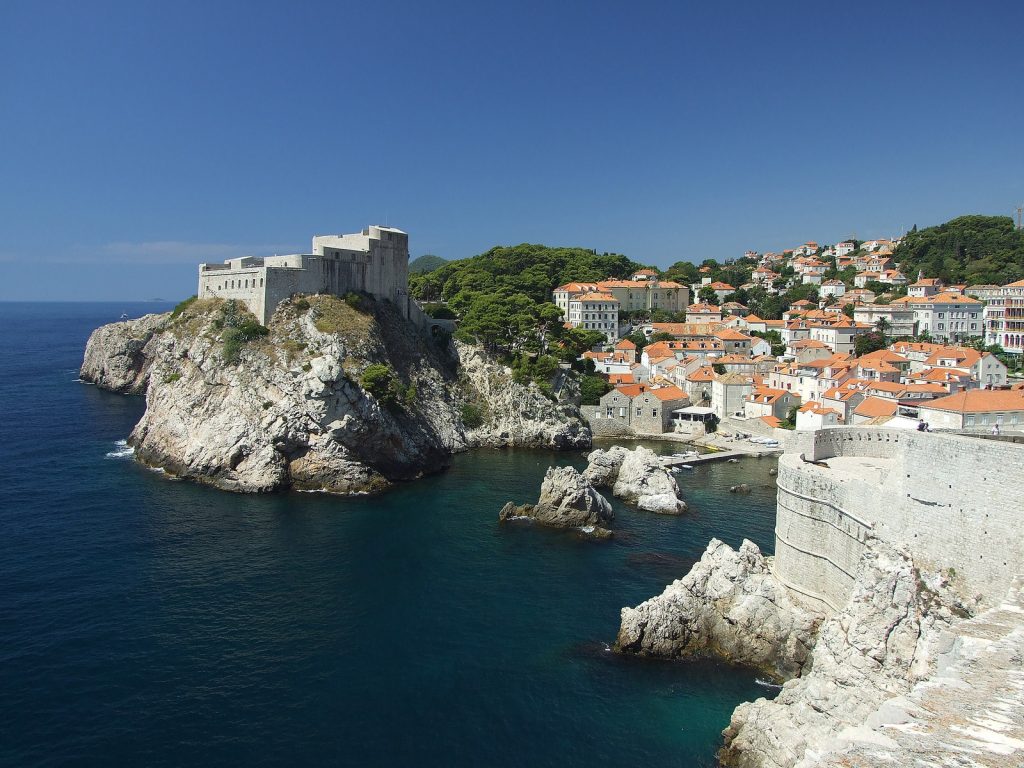
We went to Croatia to find out how good this Adriatic gem is for digital nomads. This is our guide to Croatia for Digital Nomads.


A message from your authors
Hello, fellow wanderers!
Misho and Mile here, your Balkan buddies, back with another guide for you. This time, we’re taking you on a digital journey through the breathtaking landscapes of Croatia. Trust us, once you set foot in this Adriatic paradise, you’ll find it hard to leave!
We visit Croatia every year, and each time, we discover something new and exciting. From the ancient city walls of Dubrovnik to the serene beaches of Hvar, Croatia is a treasure trove of experiences waiting to be uncovered. And yes, we’re still the old guns, but our spirits are as youthful as ever. We even managed to squeeze in a Midjourney photoshoot between our escapades!
We’ve compiled this guide for all you digital nomads out there, looking for the ins and outs of living and working in Croatia. While Misho was busy soaking up the sun and the local brew, I, Mile, put together this comprehensive guide.
Sure, you could find similar guides on big-name sites, but we’re not here for the fame. We’re here to share our love for travel, help you navigate your journey, and maybe enjoy a few beers along the way.
So, sit back, relax, and let’s dive into the Croatian adventure together.
Cheers to the journey ahead,
Misho & Mile.
🌶️ About Croatia🌶️
🌶️ Connectivity And Workspaces 🌶️
🌶️ Co-working Spaces in Major Croatian Cities 🌶️
🌶️ Cafes and public spaces with Wi-Fi access in Croatia 🌶️
🌶️ Accommodation Options in Croatia 🌶️
🌶️ Cost Of Living In Croatia 🌶️
🌶️ Language and Communication in Croatia 🌶️
🌶️ Natural Wonders and Outdoor Activities in Croatiaa 🌶️
🌶️ The Best Things To Do In Croatia 🌶️
🌶️ Cultural and Historical Attractions in Croatia🌶️
🌶️ Cities Worth Visiting in Croatia 🌶️
🌶️ UNESCO World Heritage sites in Croatia 🌶️
🌶️ Food and Culinary Scene in Croatia 🌶️
🌶️ Networking and Socializing in Croatia 🌶️
🌶️ Safety and Healthcare in Croatia 🌶️
🌶️ Visa and Residency Requirements in Croatia🌶️
🌶️ Logistics 🌶️
🌶️ Croatia Itineraries 🌶️
🌶️ Recap of Croatia’s appeal for digital nomads and travelers 🌶️
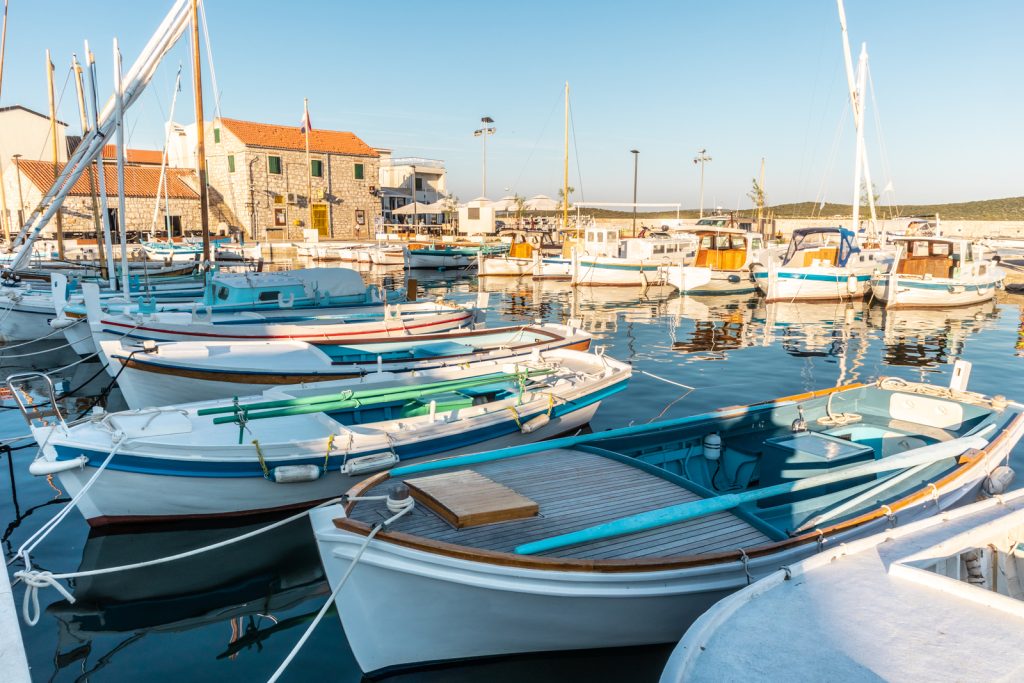
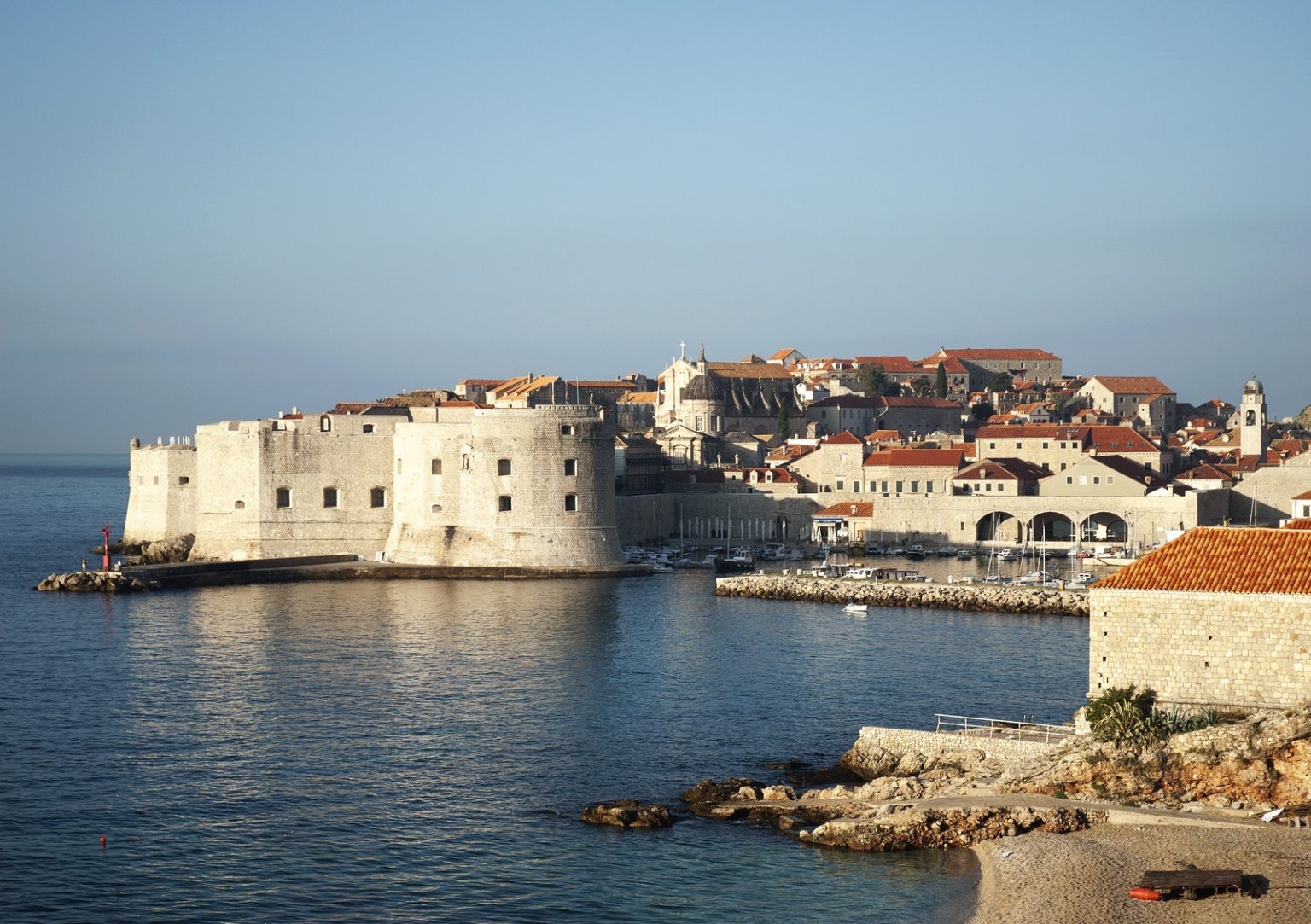
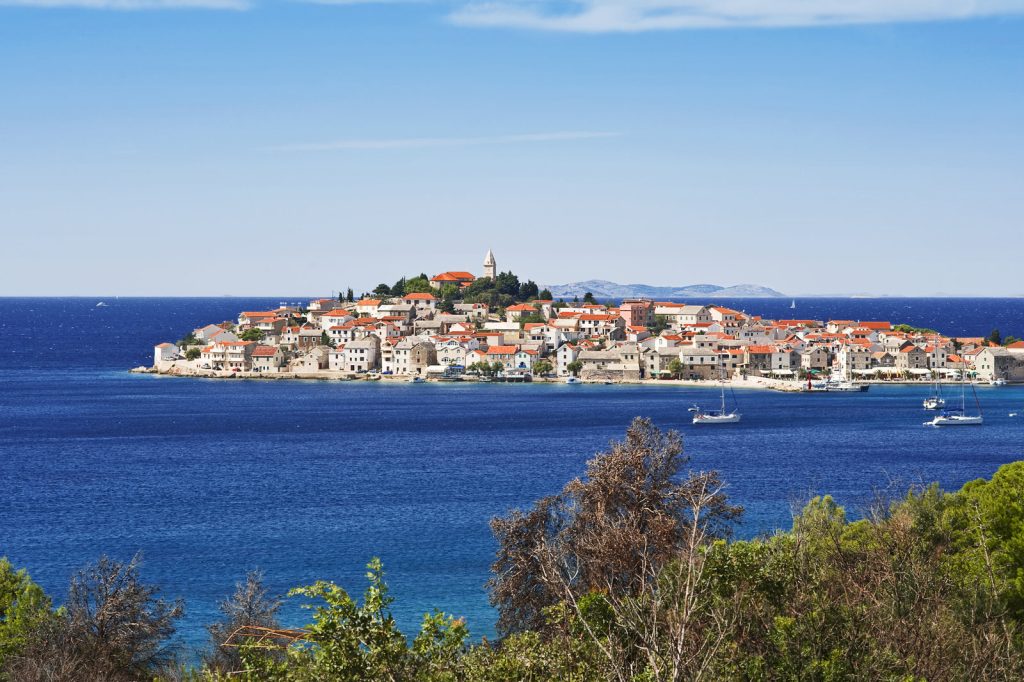
Discover Croatia, a gem tucked away in Central Europe, offering a perfect blend of historic charm and contemporary living for digital nomads and travelers.
From the stunning Adriatic coastline dotted with idyllic islands to the awe-inspiring architectural beauty of cities like Dubrovnik and Zagreb, Croatia is a cultural feast. The country’s robust infrastructure offers reliable, high-speed internet connectivity, making it ideal for remote work.
Enjoy a vibrant café culture and thriving coworking spaces, where work meets leisure. Savor the rich local cuisine, explore UNESCO heritage sites, and soak in the vibrant music festivals.
Affordable living and English-friendly environment make settling easier. Croatia, a land that beautifully balances work, adventure, relaxation, and culture, is waiting to be your next digital nomad haven.
Croatia is a captivating destination boasting diverse attractions that leave every traveler spellbound. There are many reasons why you should visit this ex-yugoslav country.
Explore the charming ancient city walls of Dubrovnik, famously known as the “Pearl of the Adriatic”, or wander through the vibrant streets of Zagreb.
Lose yourself in the untouched beauty of Plitvice Lakes National Park, a UNESCO World Heritage Site, offering a stunning spectacle of cascading lakes. Croatia’s enchanting Adriatic coastline is sprinkled with over a thousand islands, each with its unique allure.
Enjoy sun-soaked beaches, pristine waters, and thrilling water sports. Indulge in the rich gastronomy, a blend of Mediterranean and Central European cuisines, and taste exquisite local wines. Embrace the warmth of the friendly locals and dive into the country’s rich history and diverse culture.
Croatia, a trove of natural wonders, historical sites, and cultural experiences, promises an unforgettable journey for every traveler.
Croatia is bordered by Slovenia to the northwest, Hungary to the north, Serbia to the east, and Bosnia and Herzegovina to the south and east, forming a unique geographic location that is both Central European and Mediterranean.
The country’s coastline, one of its main features, is punctuated by more than a thousand islands and islets, offering spectacular views and idyllic spots.
Croatia’s terrain varies from flat plains in the north and east, part of the Pannonian Basin, to mountainous regions in the central part characterized by the Dinara range.
The coastal region has a Mediterranean climate, while inland Croatia has a continental climate, offering diverse experiences within the same borders. Croatia’s strategic location makes it a melting pot of cultures and a unique travel destination.
Croatia offers excellent connectivity for digital nomads, making it an attractive destination for remote work.
The country’s robust broadband infrastructure ensures reliable, high-speed internet, available in all major cities and towns, and extending to many of the idyllic islands.
Free Wi-Fi is typically available in most public areas, including parks, cafés, and restaurants. As for workspaces, Croatia is home to an ever-growing number of coworking spaces in cities like Zagreb, Split, and Dubrovnik, providing not just desks and chairs, but a sense of community, fostering creativity and collaboration.
These spaces often host workshops, networking events, and social gatherings, making them an excellent platform for making professional connections. Additionally, the country’s rich café culture provides ample opportunities to work from comfortable spots with good coffee.
In Croatia, work and leisure beautifully intertwine, making it a preferred choice for digital nomads worldwide.
Croatia is generally well-served with internet services. The country has wide coverage of reliable broadband and mobile networks. Public Wi-Fi is common and usually available in places like hotels, cafes, restaurants, shopping centers, and even in many public squares and parks in larger cities.
On average, the broadband speed in Croatia is competitive and sufficient for most online activities, including video conferencing, streaming, and large data transfers, which are essential for digital nomads and remote workers.
Furthermore, Croatia has been implementing 5G networks. Major cities and developed areas typically have faster and more reliable internet speeds compared to rural or remote regions.
Here are some coworking spaces in major cities of Croatia:
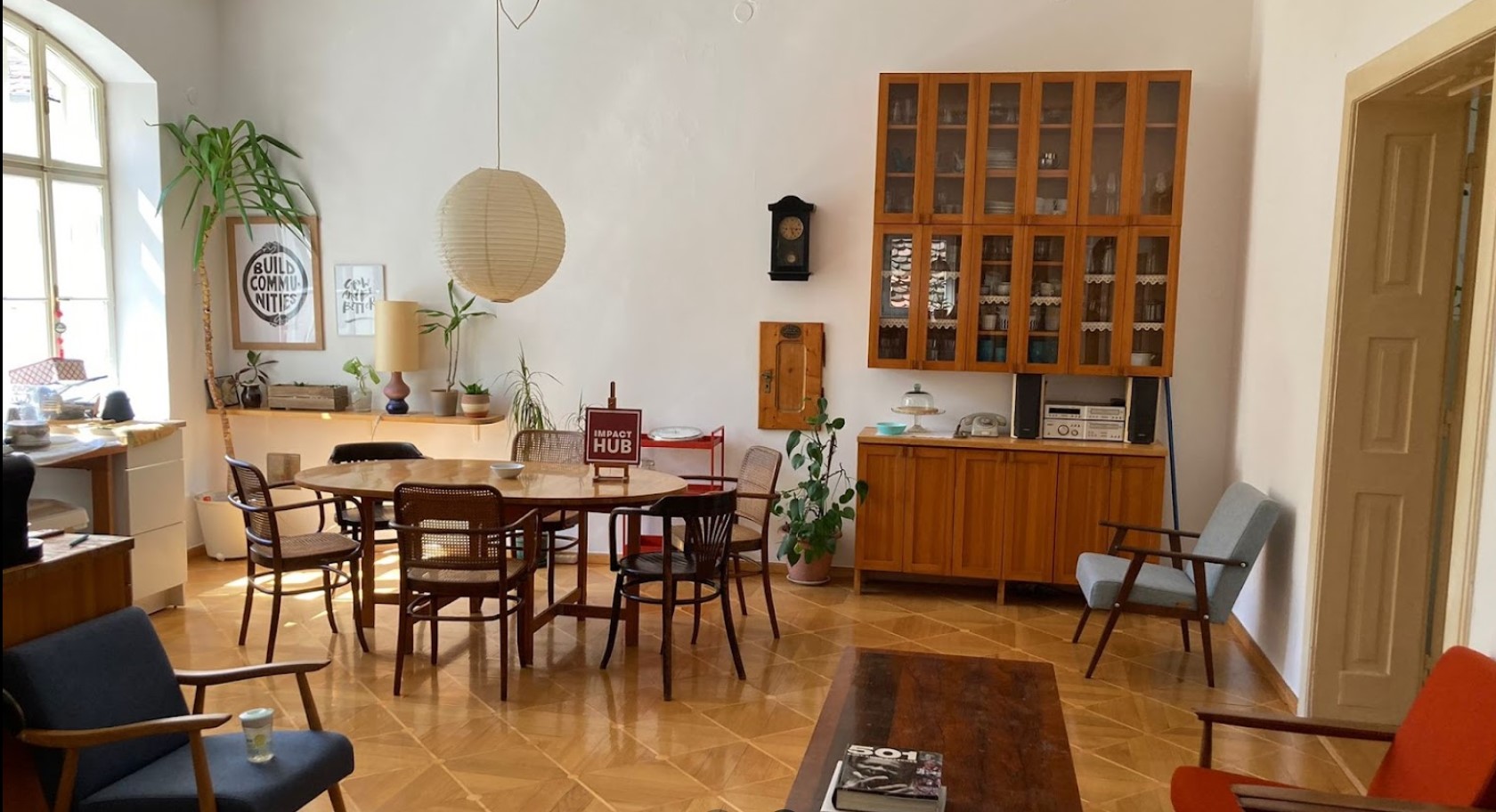
Known for its community-driven approach, offering flexible workspace solutions.
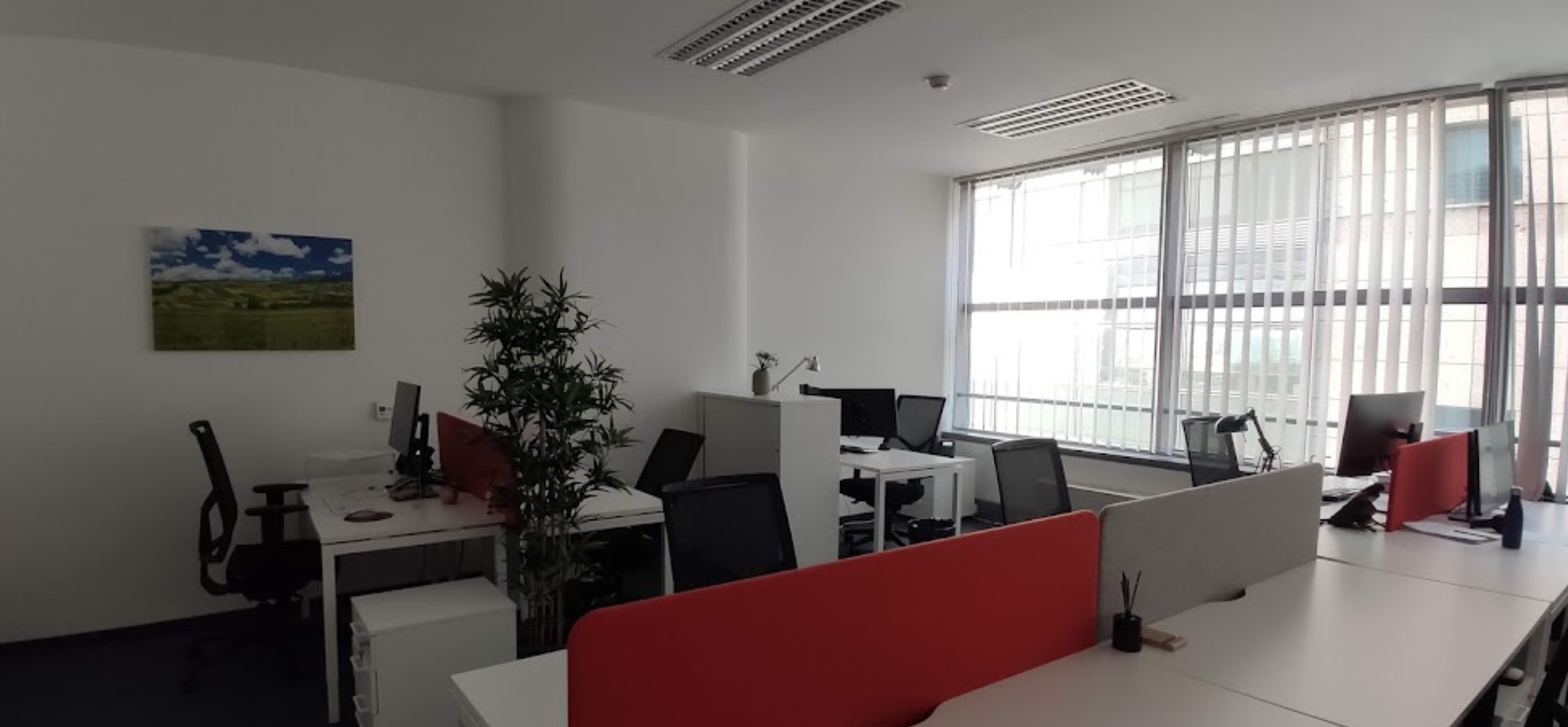
Offering flexible office spaces, coworking spaces, and meeting rooms.

The Works, the only full-service coworking space in Dalmatia, is a hub for remote workers and digital nomads charmed by the beautiful Adriatic coast. With 24/7 access, high-speed WiFi, coffee, and a chic setup featuring ergonomic seating and standing desks, it caters to a comfortable and productive work experience.
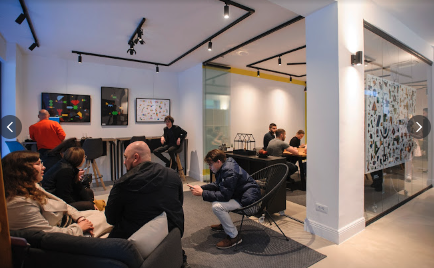
Smartspace, a multifunctional hub in Split's heart, combines technology, education, and design, serving as an art gallery, coworking space, and more for creatives, coders, and entrepreneurs. Its prime location near hotels, shops, and cultural venues offers convenient access, making it ideal for coworking, workshops, meetings, exhibitions, and seminars.
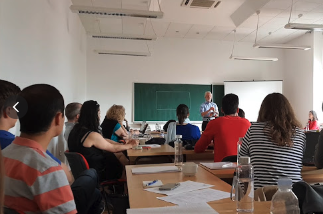
The Centre for Advanced Academic Studies (CAAS), established by the University of Zagreb, serves as an international hub for scientific programmes and postgraduate studies. Its aim is to bolster academic pursuits across various fields, offering an innovative coworking environment for specialized courses, summer schools, conferences, brainstorming sessions, and other academic activities.
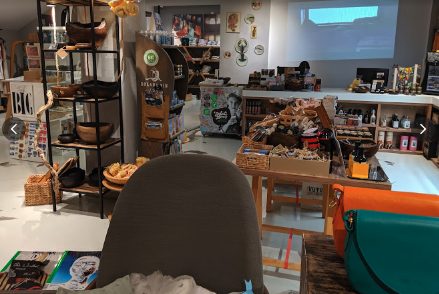
Definitely not your typical coworking but it's one of the most unique places you will visit in Dubrovnik.
Many cafes and public spaces in Croatia offer Wi-Fi access. Here are some options in major cities:
1. Eli’s caffe: Known for its coffee, Eliscaffe offers a comfortable setting to work and enjoy great beverages.
2. Velvet Café: A chic café with an artistic ambiance, great for a relaxed work setting.
1. D16 Coffee: A popular café with excellent coffee and Wi-Fi.
2. Lvxor: Located on the Riva promenade, it offers great views along with Wi-Fi access.
1. Buzz Bar: Centrally located café with Wi-Fi, ideal for a quick work session.
Croatia offers a wide range of accommodation options, catering to different tastes and budgets.
For luxury seekers, there are high-end resorts and hotels, particularly along the Adriatic coast, offering premium amenities and stunning sea views.
Cities like Zagreb, Split, and Dubrovnik have an array of boutique hotels and serviced apartments that blend comfort with local charm.
For budget travelers, numerous hostels provide cost-effective, sociable accommodation. Croatia’s thriving vacation rental market, with platforms like Airbnb, offers private homes and apartments for a more local living experience. Rural and agrotourism are popular too, with options like rustic farmhouses in the inland regions, offering unique and tranquil stays.
For the adventurous, Croatia’s beautiful nature parks provide camping sites. From luxurious to economical, urban to rural, the variety of accommodations in Croatia caters to all, ensuring a comfortable stay as you explore this captivating country.
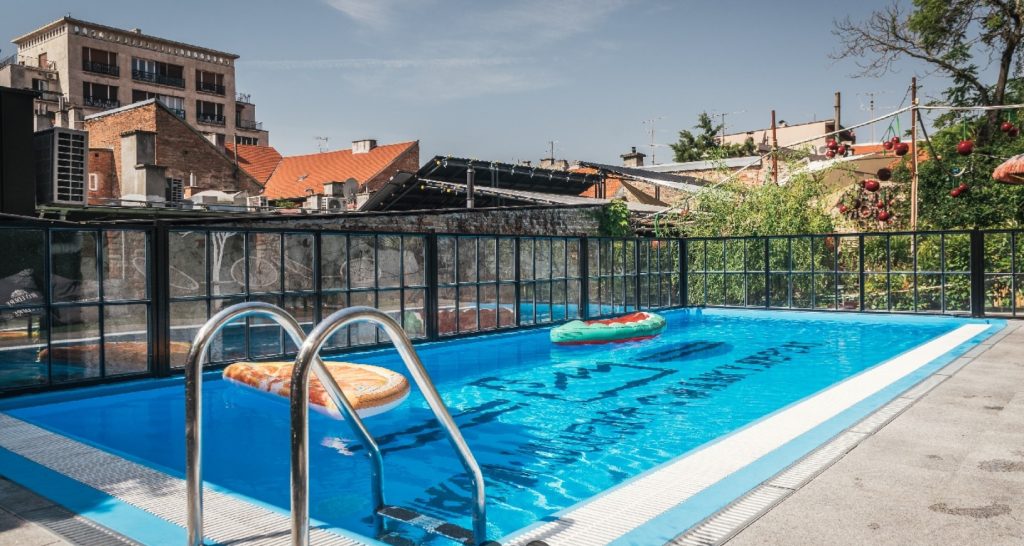
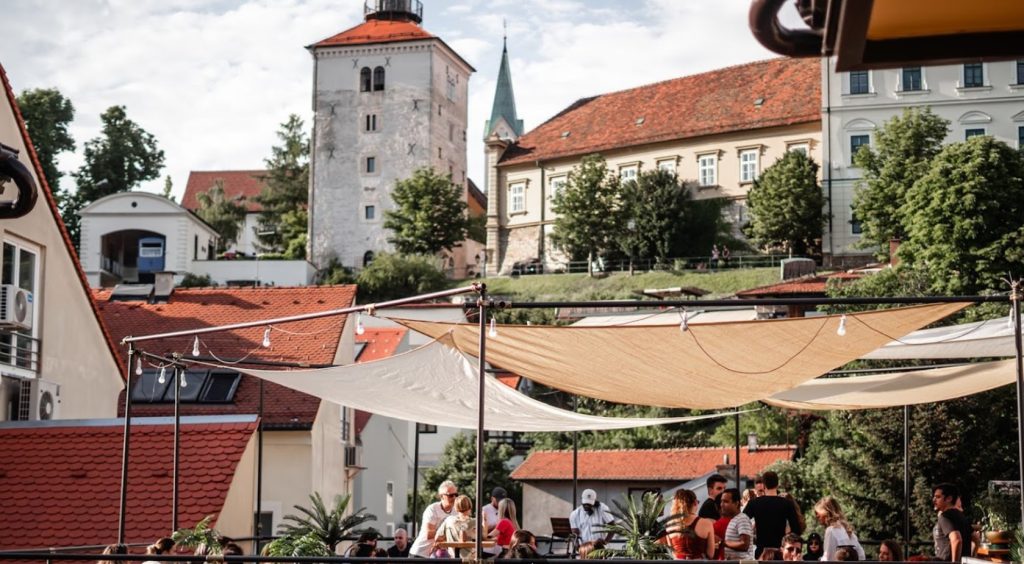
A comfortable option with modern facilities, including a shared lounge and kitchen.
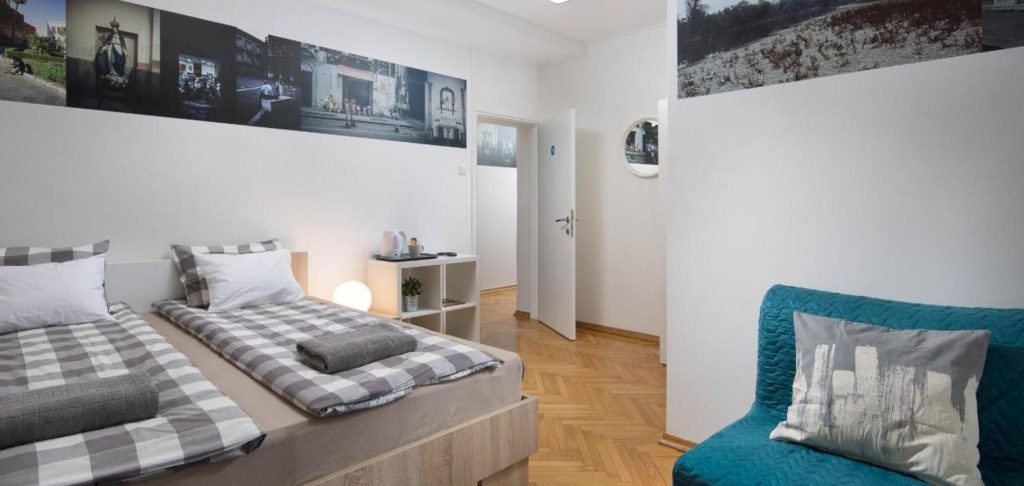
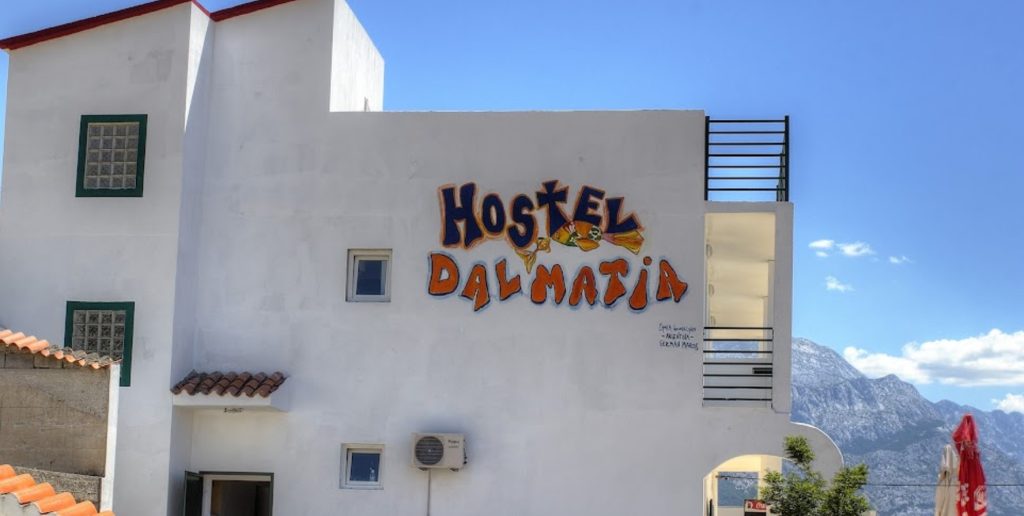
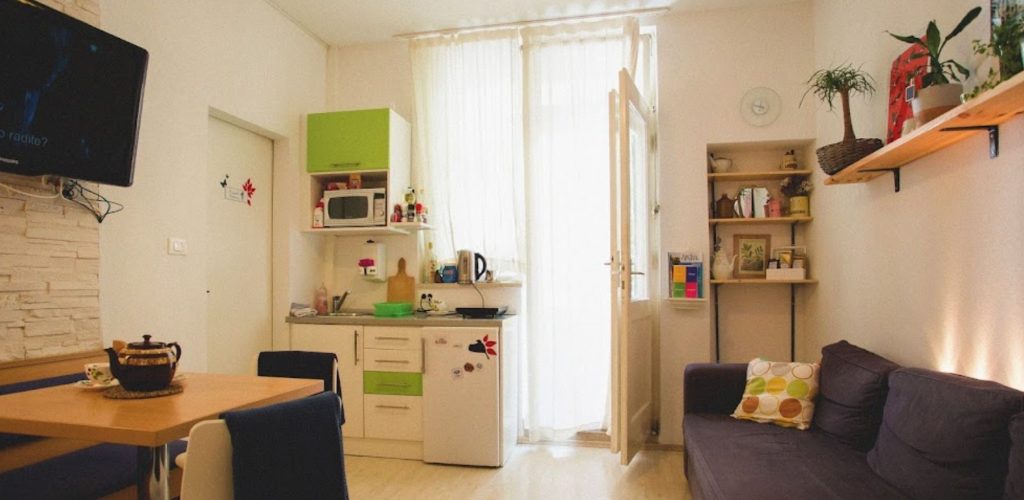
Located in the city center, known for its friendly staff and cleanliness.
Popular for its social atmosphere, perfect for meeting fellow travelers.
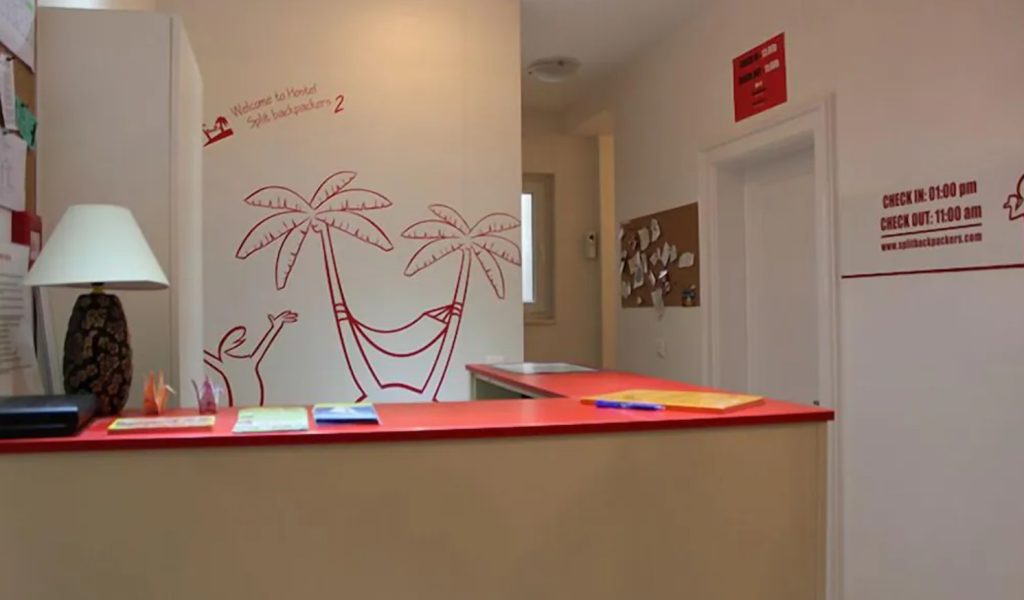
Offers a prime location in the Old Town and beautiful views of the city.
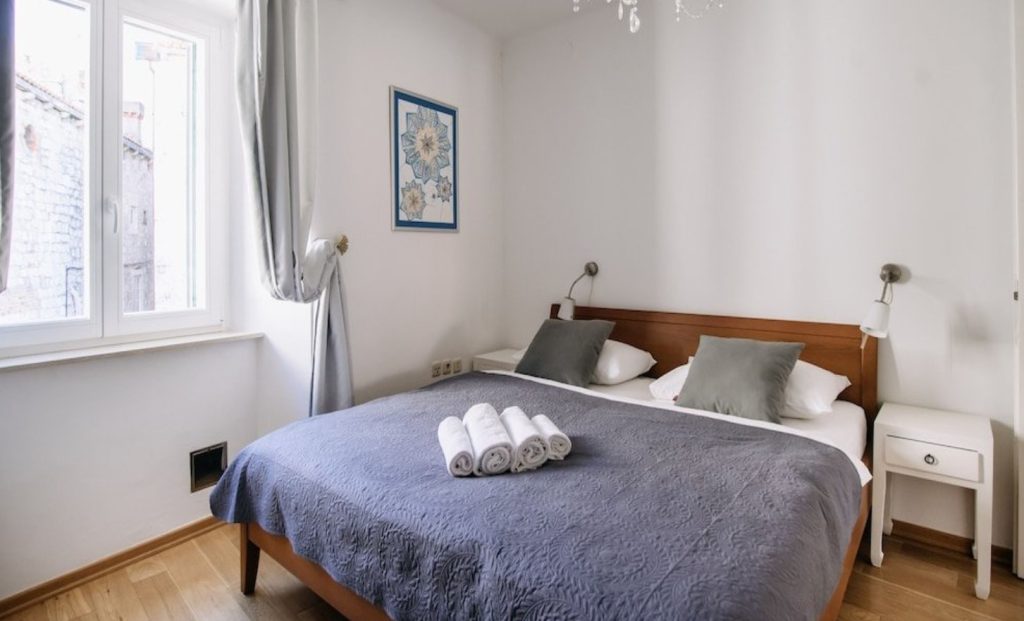
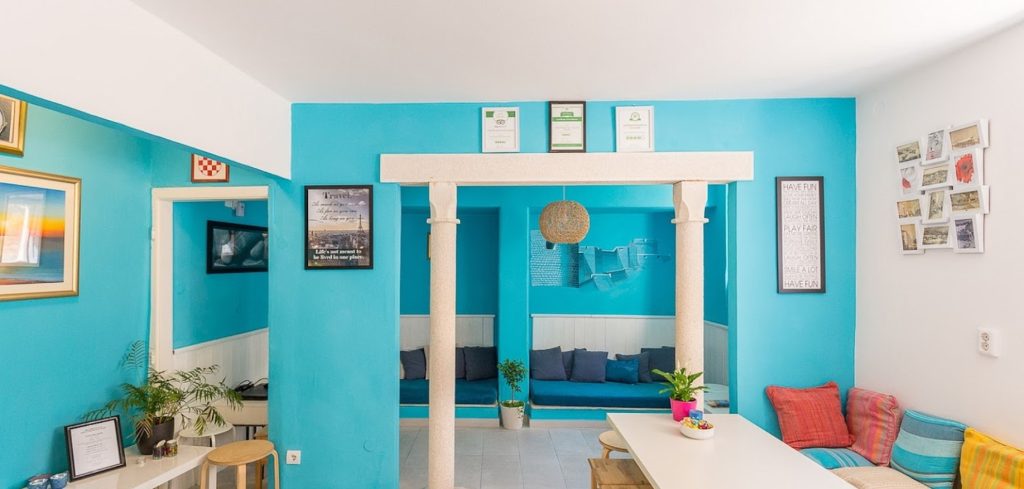
A bit outside of the city, offers a more tranquil environment and organizes various activities.
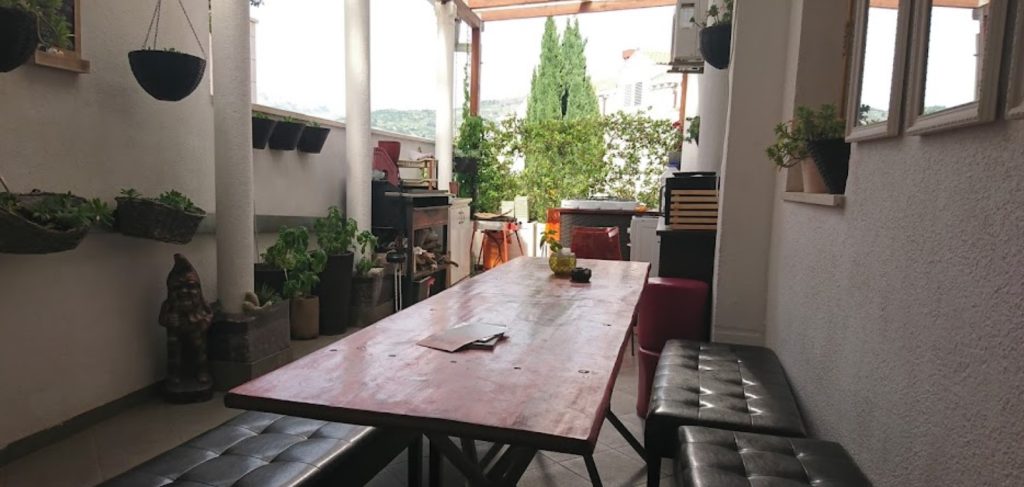
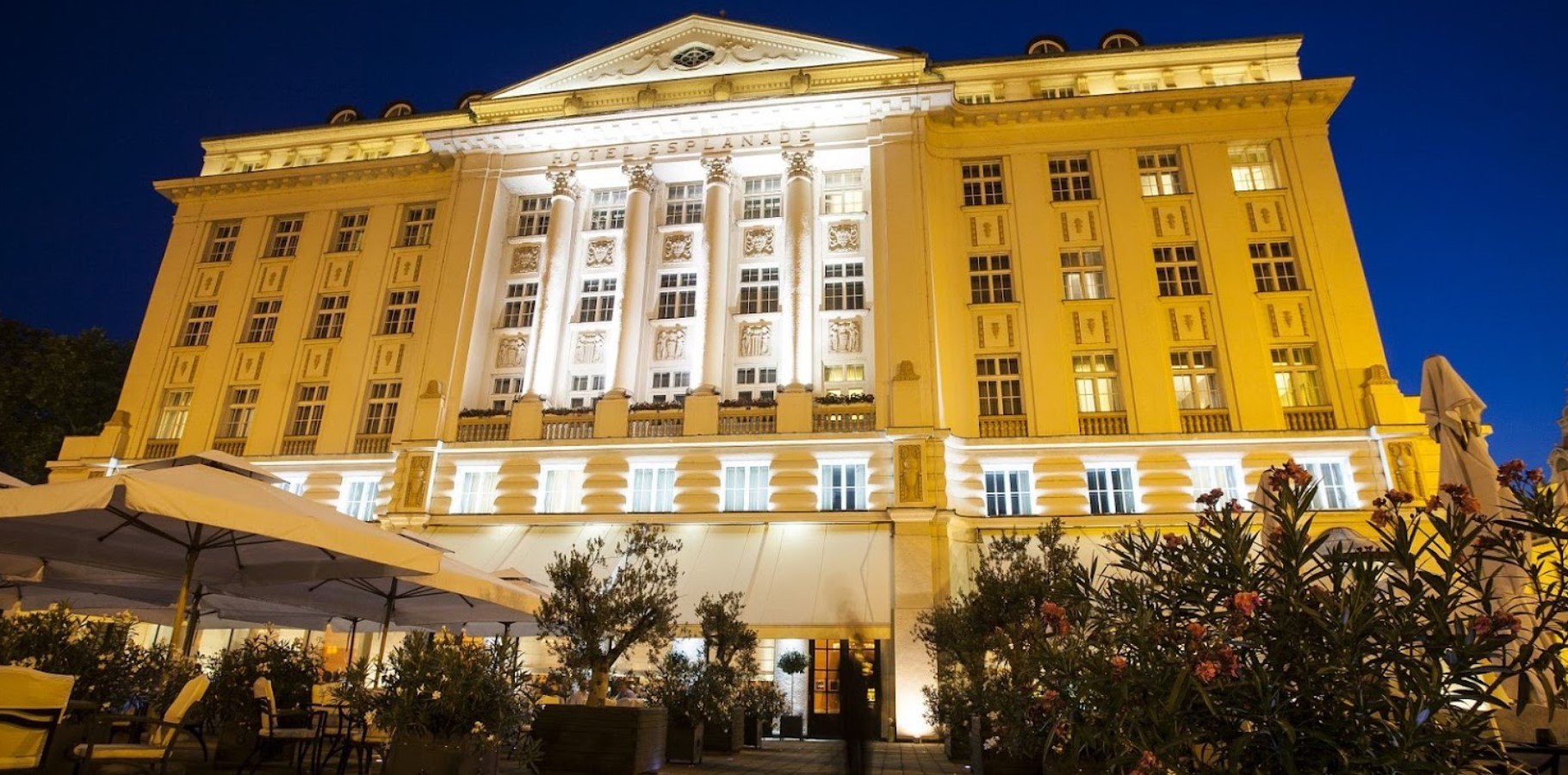
An iconic luxury hotel, famous for its impressive architecture and high-class service.
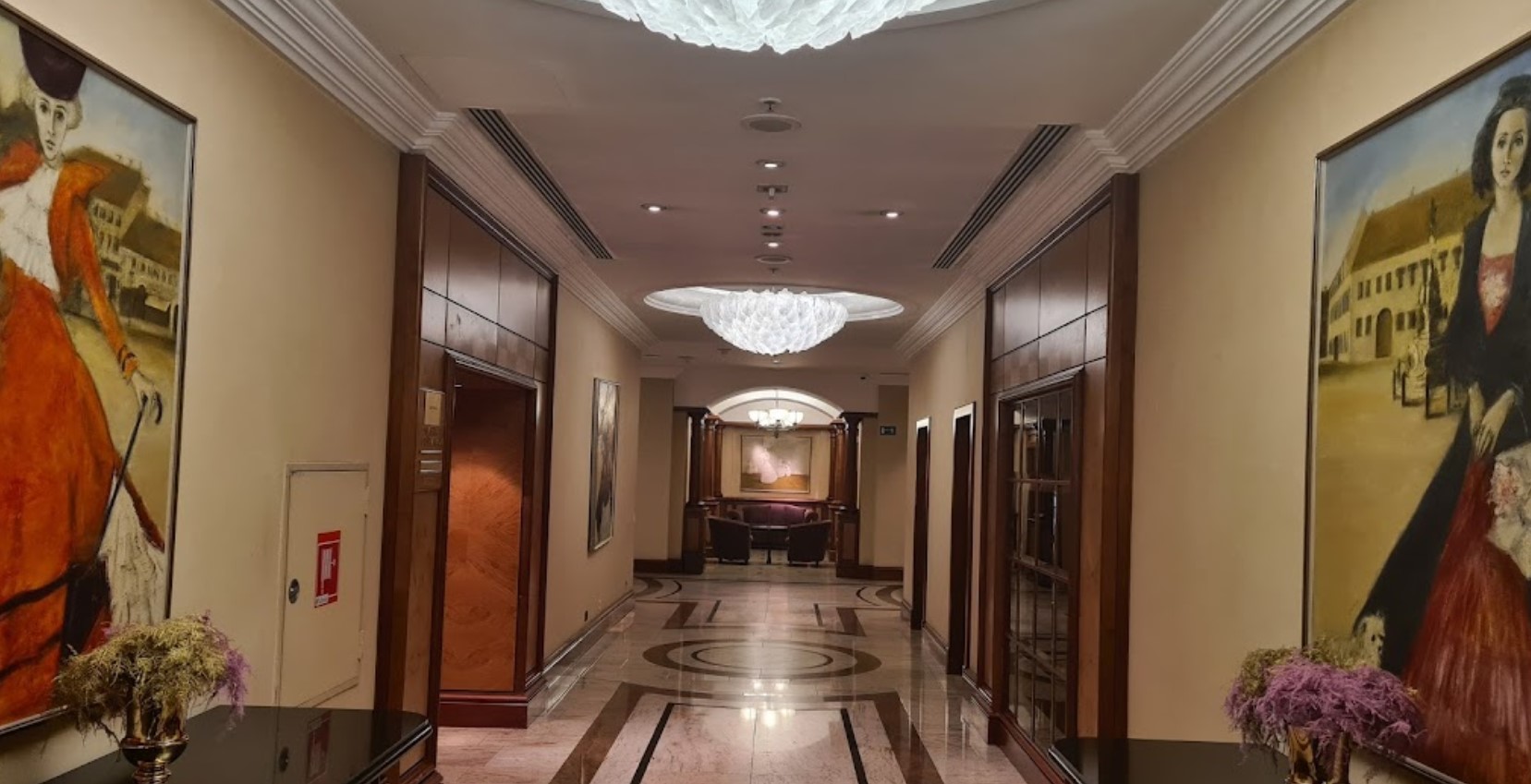
Known for its elegant rooms, wellness area, and gourmet restaurants.
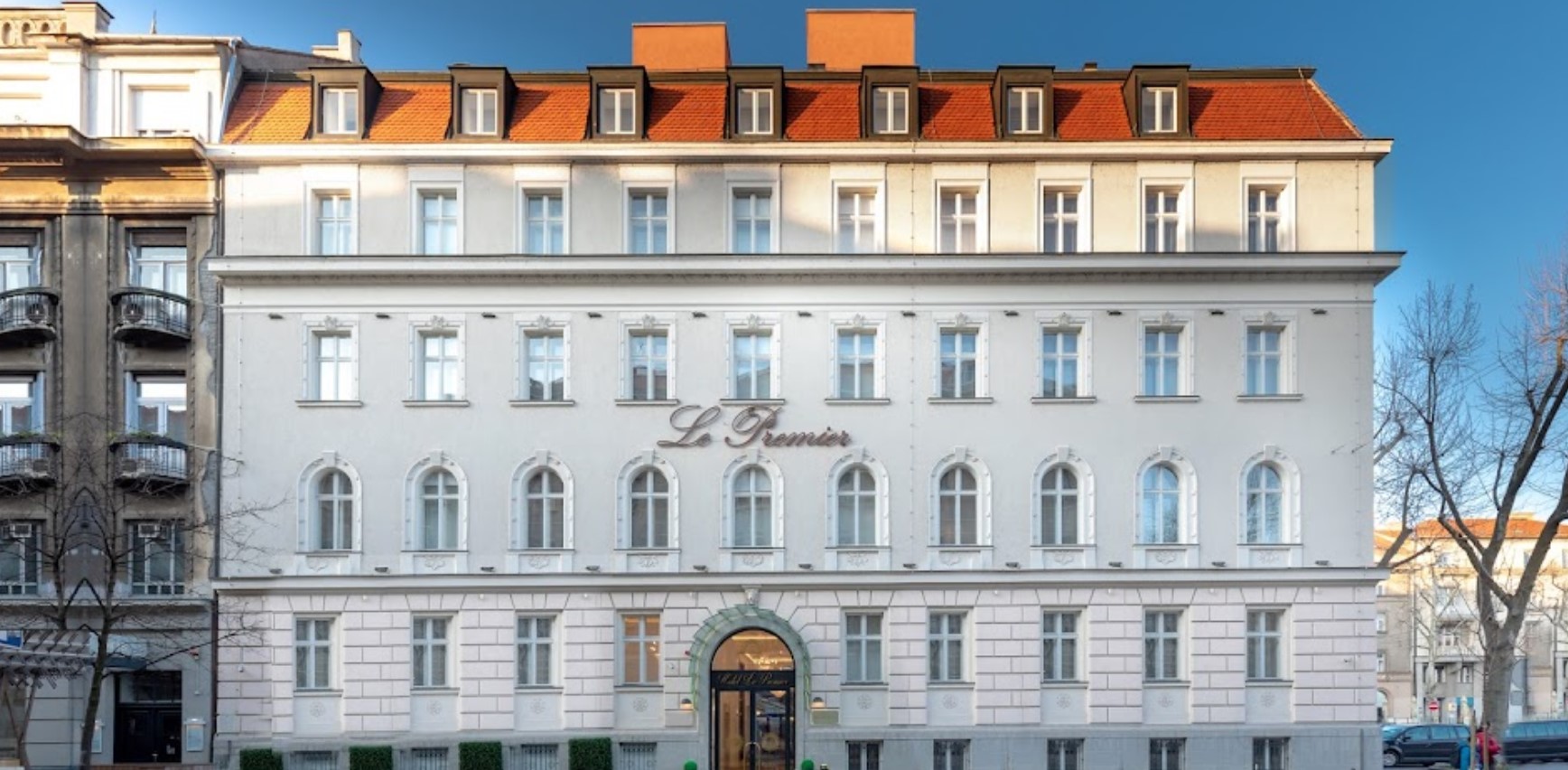
A luxury boutique hotel offering a unique blend of modern and classical decor.
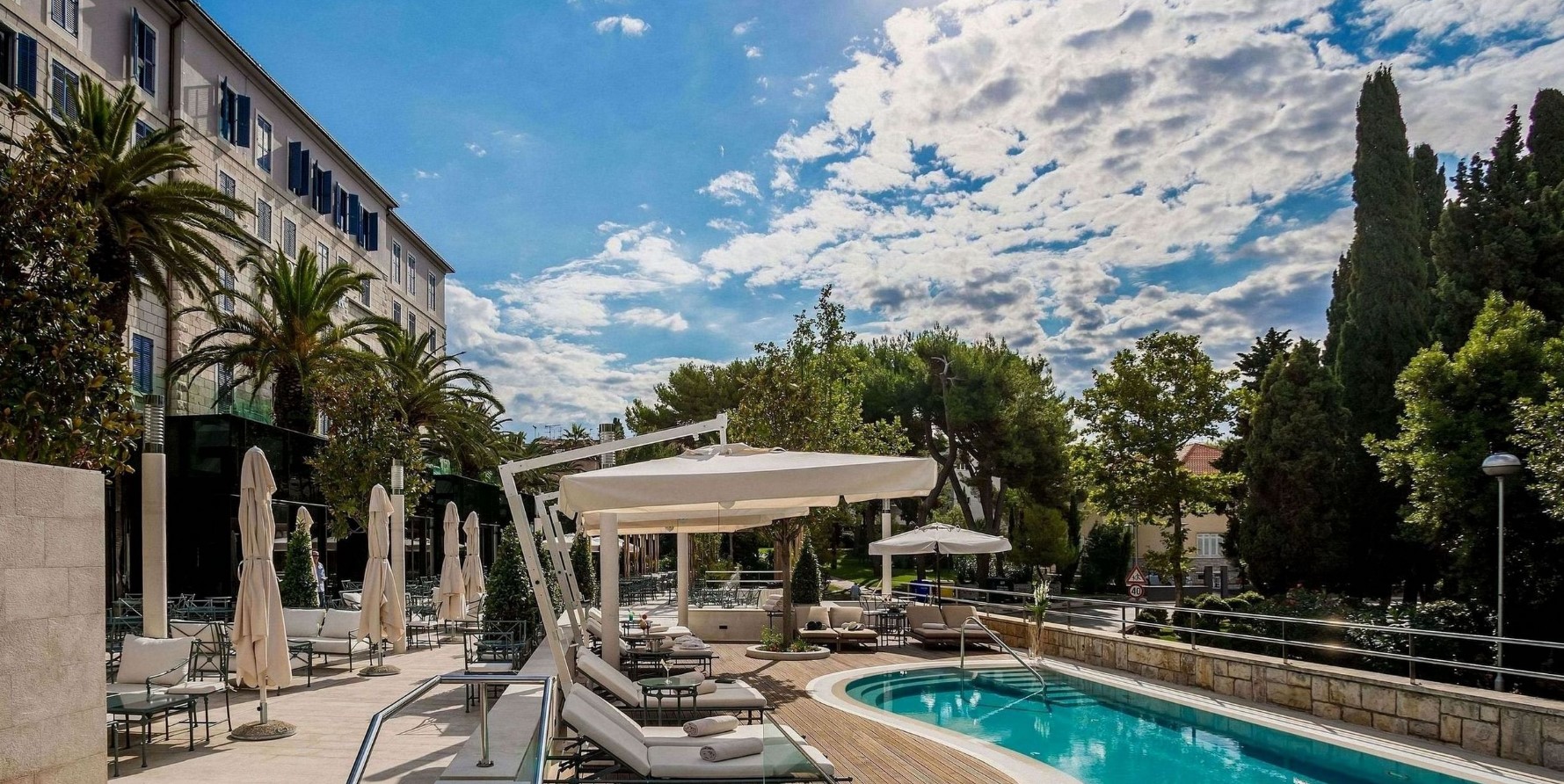
A luxury hotel with stunning views of the sea and the old town, featuring a renowned restaurant and spa.
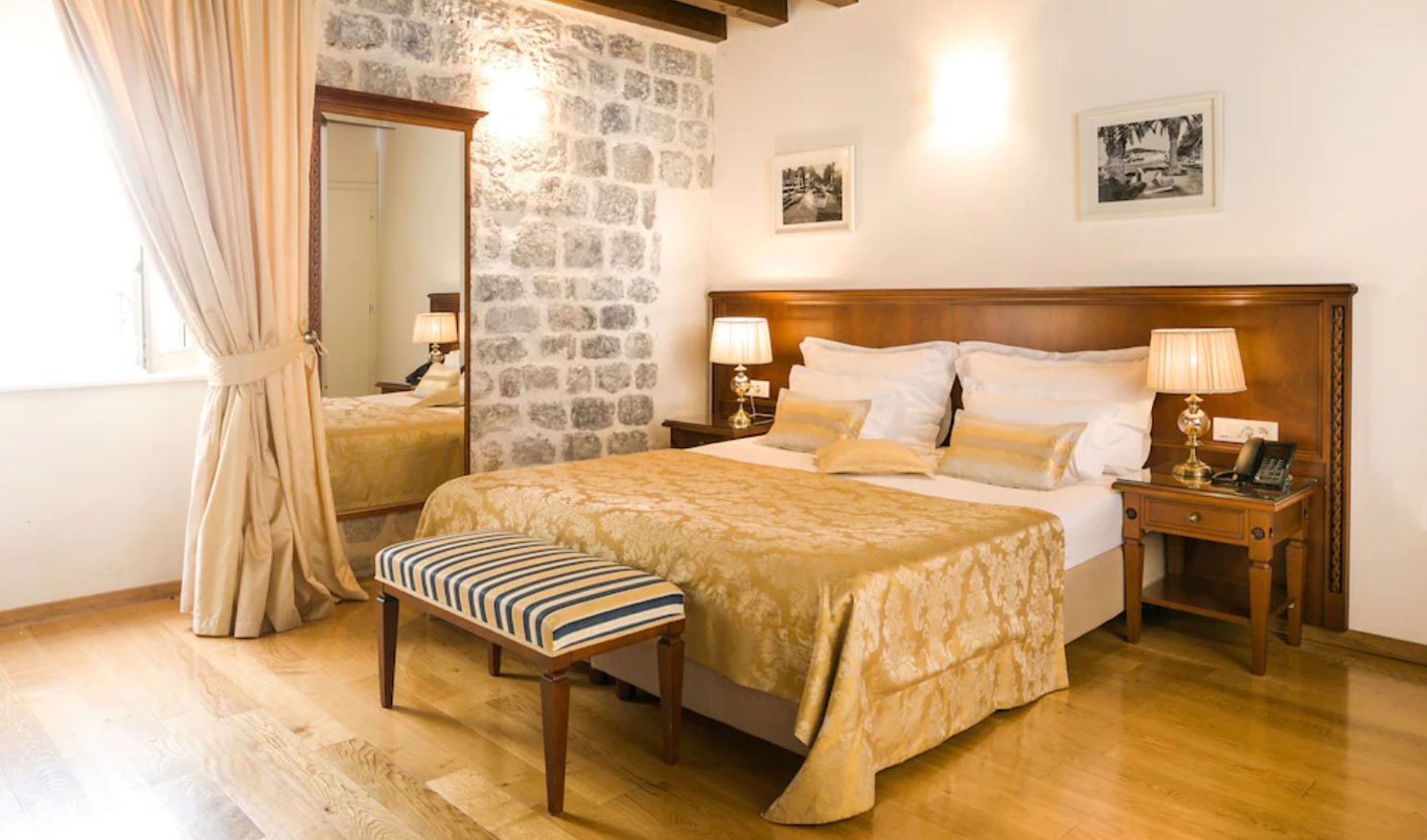
A boutique hotel located in the heart of Split's Diocletian Palace.
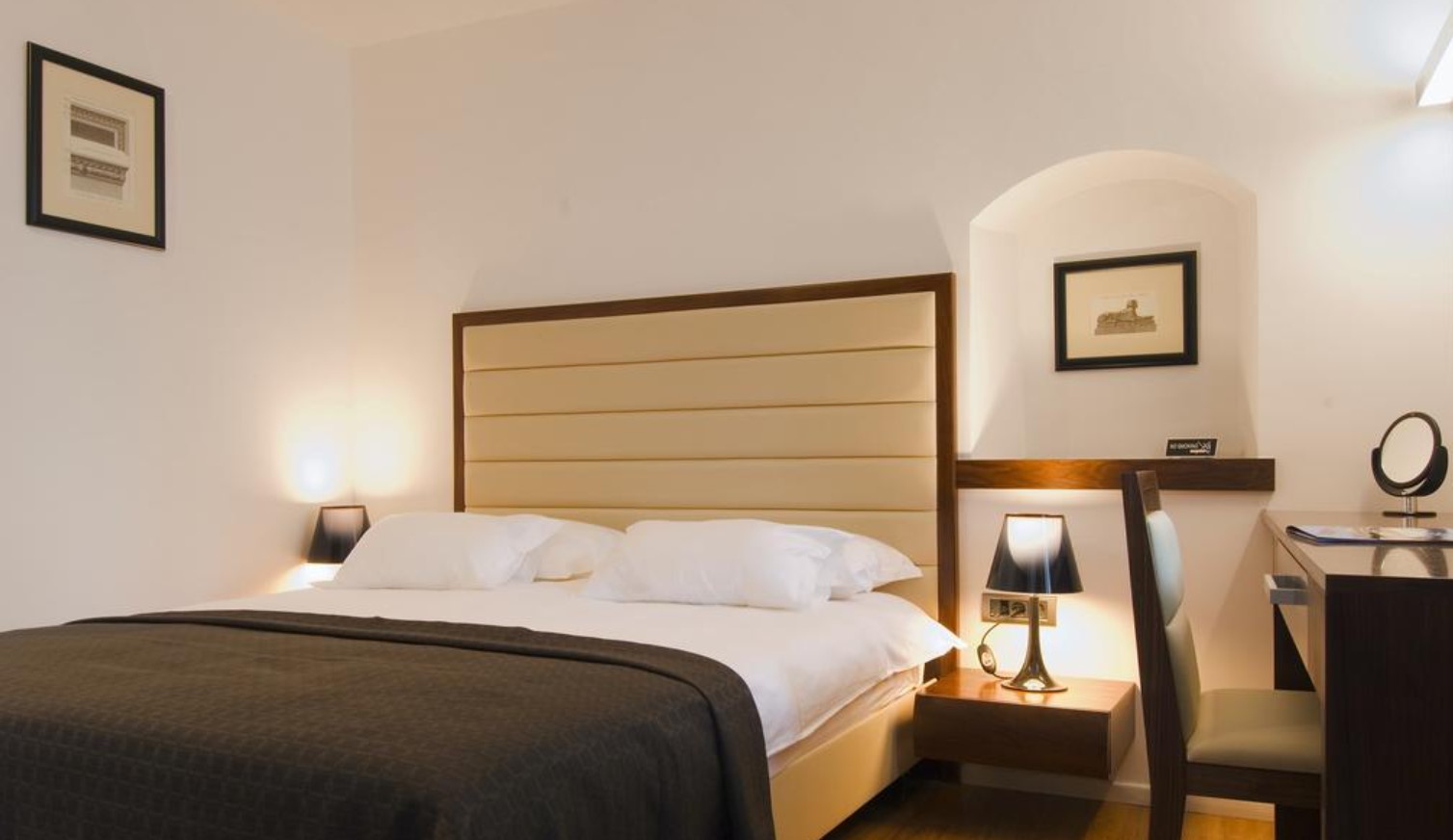
A small luxury hotel combining modern design with ancient Roman architecture.
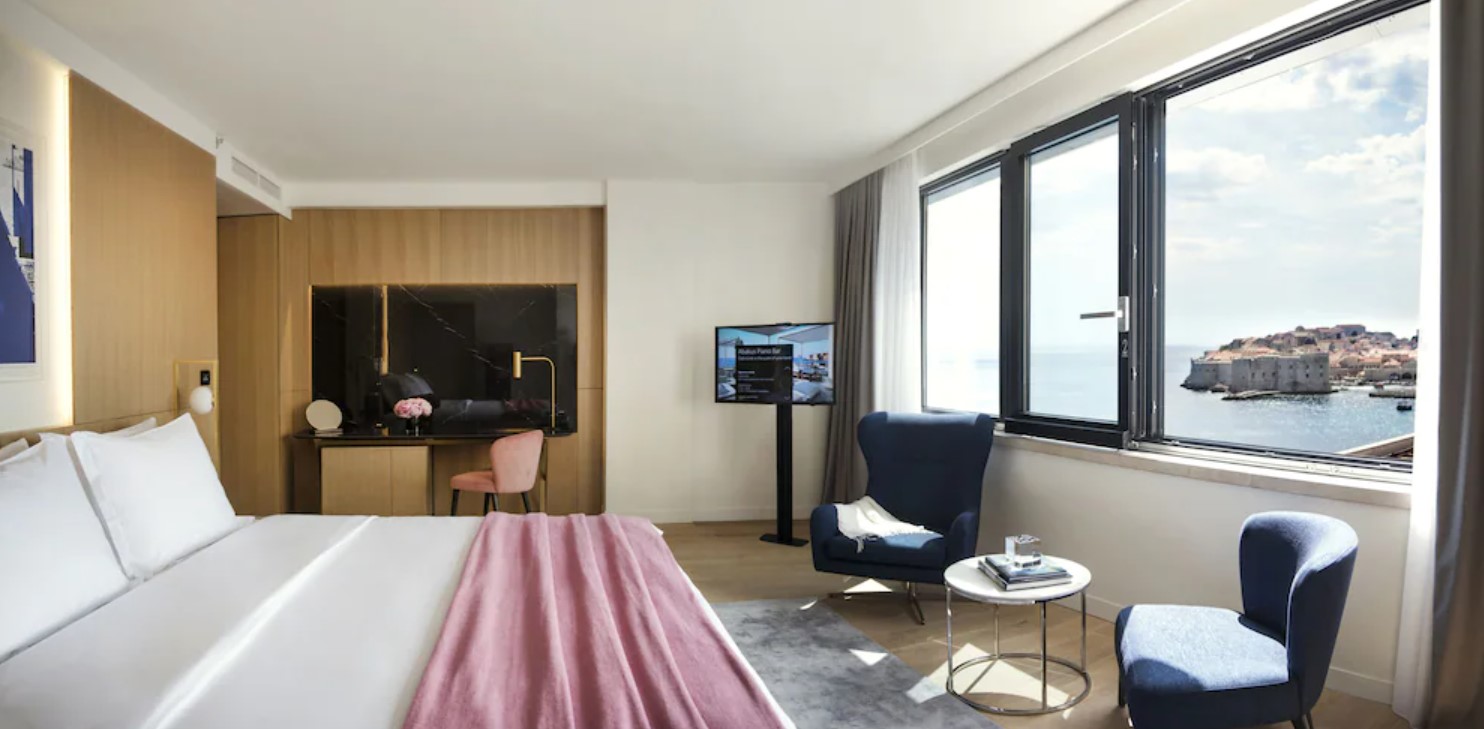
Renowned for its impressive views of the old town and the Adriatic, offering luxury accommodations and a private beach.
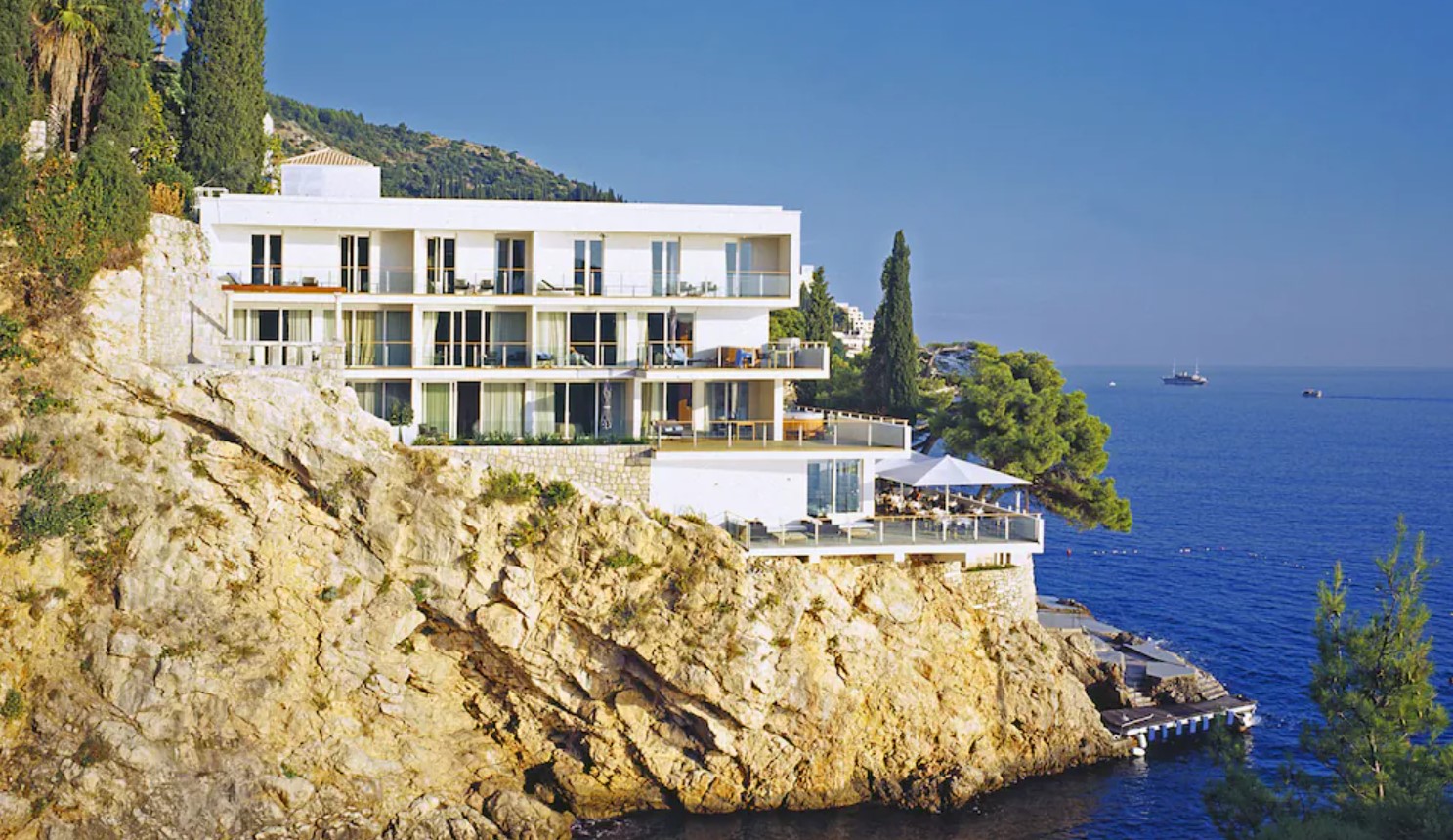
A luxury villa offering stunning sea views, a private beach, and a rooftop restaurant.
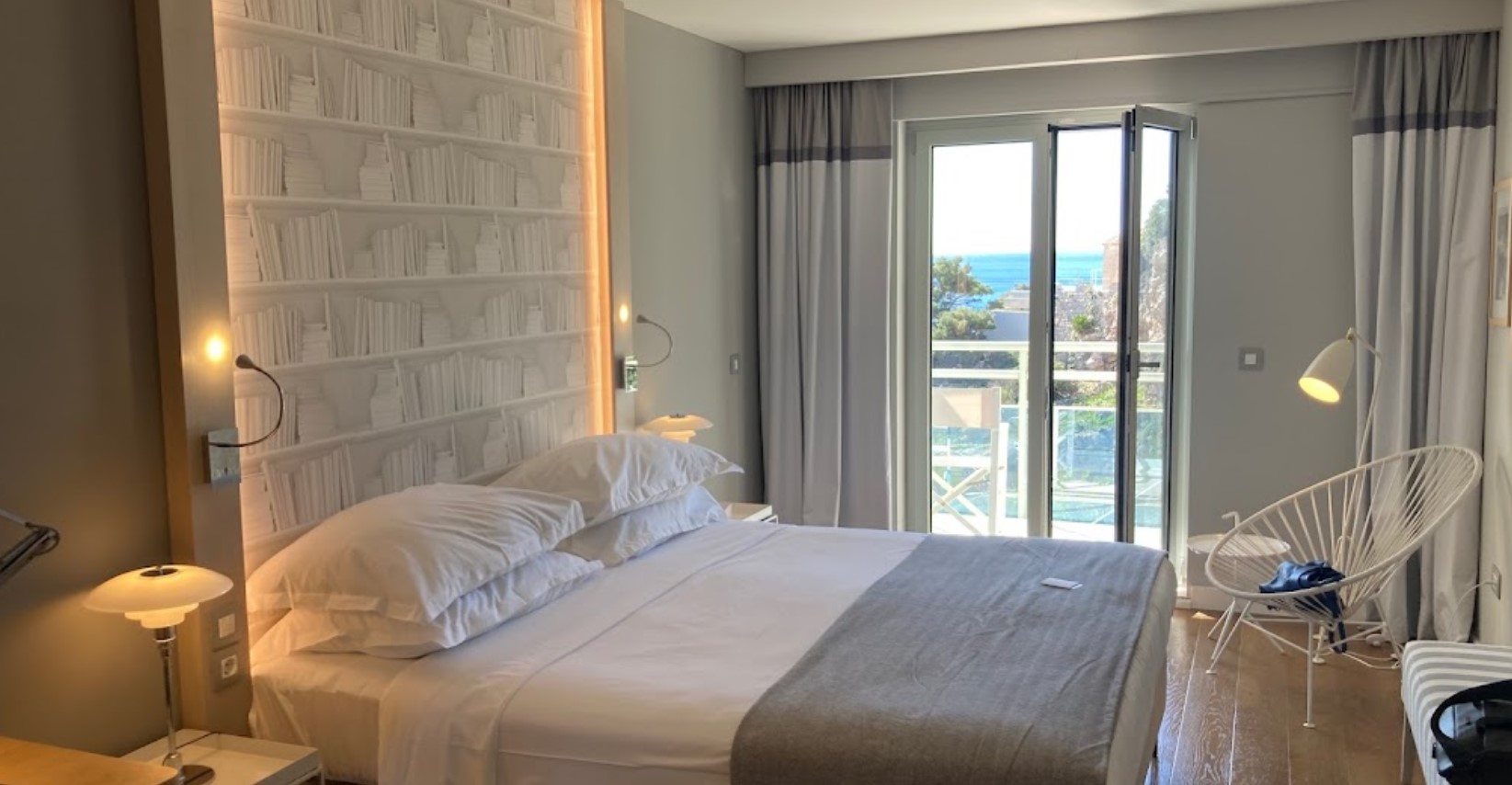
Nestled on a cliff, it offers unique sea views and luxurious rooms.
Croatia offers a relatively affordable cost of living compared to many other European countries. However, the costs can vary depending on the location and lifestyle. Major cities like Zagreb and popular tourist destinations like Dubrovnik tend to be more expensive.
Housing is usually the most significant expense. Monthly rent for a one-bedroom apartment in the city center may range between $500-$700, while outside the city center, it may be lower. Utilities generally cost around $150-$200 per month.
Groceries are reasonably priced. A meal at an inexpensive restaurant may cost around $8-$12, while a three-course meal for two in a mid-range restaurant could be about $35-$45.
Public transportation is quite efficient and affordable. A monthly pass generally costs around $50-$60.
Croatia, compared to other popular European destinations, stands out with its unique blend of Mediterranean charm, Central European culture, and relatively affordable cost of living. Here are some comparisons:
Cost of Living: Generally, the cost of living in Croatia is lower than in Western European countries such as France, UK, and Germany, and comparable to, or slightly higher than, some Eastern European countries.
Geography and Climate: Unlike the cooler climates of Northern Europe, Croatia enjoys a Mediterranean climate along the coast, with hot summers and mild winters. Its diverse geography – from Adriatic coastline and islands to mountainous regions – offers a wider range of activities than some other European destinations.
Culture and History: Croatia’s rich history, embodied in UNESCO World Heritage Sites like Dubrovnik Old Town and Diocletian’s Palace in Split, rivals that of Italy or Greece. The local culture is a unique blend of Mediterranean and Slavic influences.
Digital Nomad Friendliness: As of 2021, Croatia has introduced a digital nomad visa, which positions it favorably compared to some other European countries for remote workers.
Tourism: While Croatia is increasingly popular, it can provide a less crowded experience than overtouristed destinations like Paris or Barcelona.
Natural Beauty: With its pristine beaches, national parks (like Plitvice Lakes and Krka), and over a thousand islands, Croatia’s natural beauty is on par with renowned spots in Norway, Switzerland, or Greece.
Here are the approximate average costs for food, transportation, and leisure activities in Croatia. Please note that these costs can vary greatly depending on the city, the season, and personal preferences:
Food:
Transportation:
Leisure activities:
Please note that these are average costs and can vary depending on the city, specific location, and individual preferences.
Slovenia is a fantastic destination for budget-conscious nomads, offering affordable options for accommodation, food, and activities. Here are some tips to help you save money and enjoy Slovenia on a budget:
Remember, careful planning and smart choices can help you enjoy all that Croatia has to offer while sticking to a budget.
The official currency of Croatia is the Croatian Kuna (HRK). It is divided into 100 lipa. The Croatian National Bank issues banknotes in denominations of 10, 20, 50, 100, 200, 500, and 1,000 kunas, and coins in denominations of 1, 2, 5, 10, 20, 50 lipa and 1, 2, 5, 25 kunas.
While Croatia is a member of the European Union, it has not adopted the Euro as of my knowledge cutoff in September 2021. However, in some tourist areas, prices may be listed in both Kuna and Euro, and some businesses might accept Euro, but it’s always advisable to pay in the local currency.
Credit cards are widely accepted in cities and tourist areas, but it’s always handy to have some cash for smaller establishments or in rural areas.
The official language of Croatia is Croatian, a South Slavic language, and it is written using the Latin alphabet. English is commonly spoken, especially by younger generations and in tourist areas, making communication fairly easy for English-speaking visitors.
Many Croatians also speak German, Italian, and French. While you can generally get by with English, learning a few basic Croatian phrases can enrich your interactions with locals and show respect for the culture.
People in Croatia are known for their hospitality, and communication is usually direct and straightforward. Despite regional dialects, Standard Croatian is understood throughout the country.
The Croatian language belongs to the South Slavic group of languages, part of the larger Indo-European family of languages. It is the official language of Croatia and one of the official languages of Bosnia and Herzegovina.
Croatian is closely related to Serbian and Bosnian, with which it shares high mutual intelligibility. However, Croatian is distinguished by its use of the Latin alphabet, while Serbian uses both Cyrillic and Latin scripts.
The Croatian language can be divided into three main dialects: Kajkavian, Chakavian, and Stokavian. Standard Croatian, used in most formal communication and education, is based on the Stokavian dialect.
Croatian vocabulary retains many words of Latin, German, Hungarian, and Italian origin due to historical influences. It also contains an extensive system of inflection, including seven cases used to denote function of nouns, pronouns, and adjectives in sentences.
Despite regional variations, Standard Croatian is universally understood in Croatia. While Croatian may be a challenging language to learn for non-Slavic language speakers, English is widely spoken in Croatia, especially among younger generations and in urban and tourist areas.
English proficiency in Croatia is generally high, particularly among the younger generation and in the tourism industry. In larger cities like Zagreb, Split, and Dubrovnik, as well as tourist hotspots along the Adriatic coast, English is widely spoken in hotels, restaurants, shops, and tourist attractions.
Many Croatians also speak additional languages, such as German, Italian, and French, due to the country’s historical ties and its geography in relation to other European countries.
While it’s typically easy for English-speaking travelers to communicate in Croatia, there can be language barriers in rural areas or with older generations, where English proficiency may be lower. However, locals are typically friendly and willing to help, even if there’s a bit of a language barrier.
Despite the high level of English proficiency, learning a few basic phrases in Croatian can be appreciated by locals and can enhance your travel experience.
Learning Croatian can be a rewarding experience and can deepen your connection with locals during your stay. Here are some resources to help you learn the basics of the language:
Remember, even learning a few simple phrases can go a long way in showing respect for the local culture and making your experience in Croatia more engaging.
Here are some useful Slovenian phrases to help you communicate during your visit:
Speaking the local language, even a few phrases, can help create a stronger connection with the local community. It’s also a sign of respect for the local culture.
Croatia is renowned for its stunning natural beauty, offering a variety of outdoor activities. Here are some highlights:
A UNESCO World Heritage site, it is famous for its 16 cascading lakes interconnected by waterfalls. A haven for nature lovers.
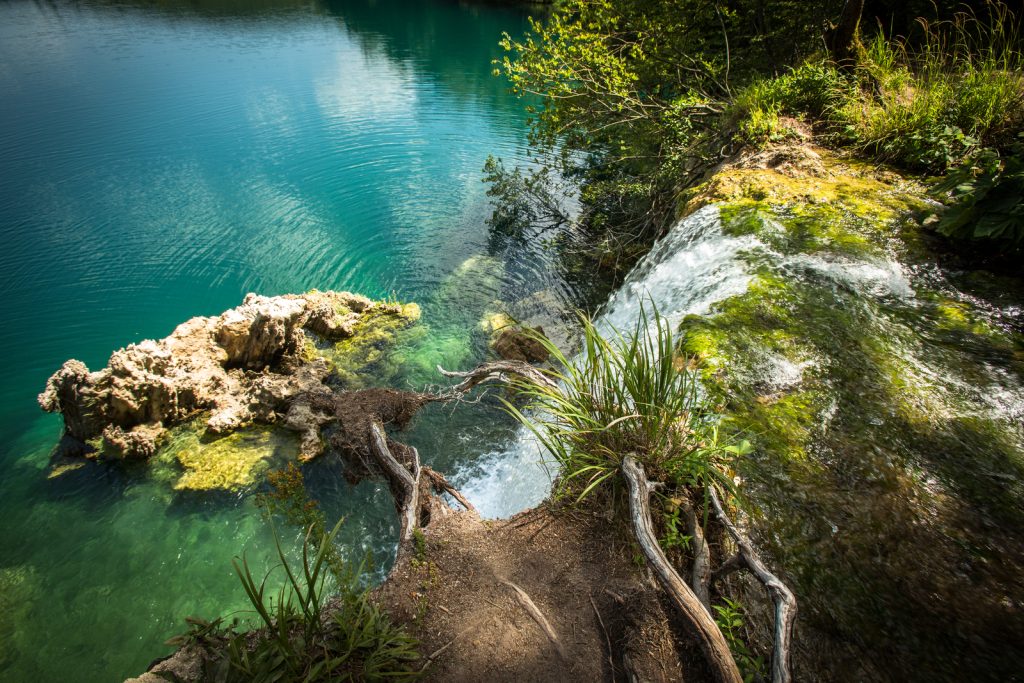
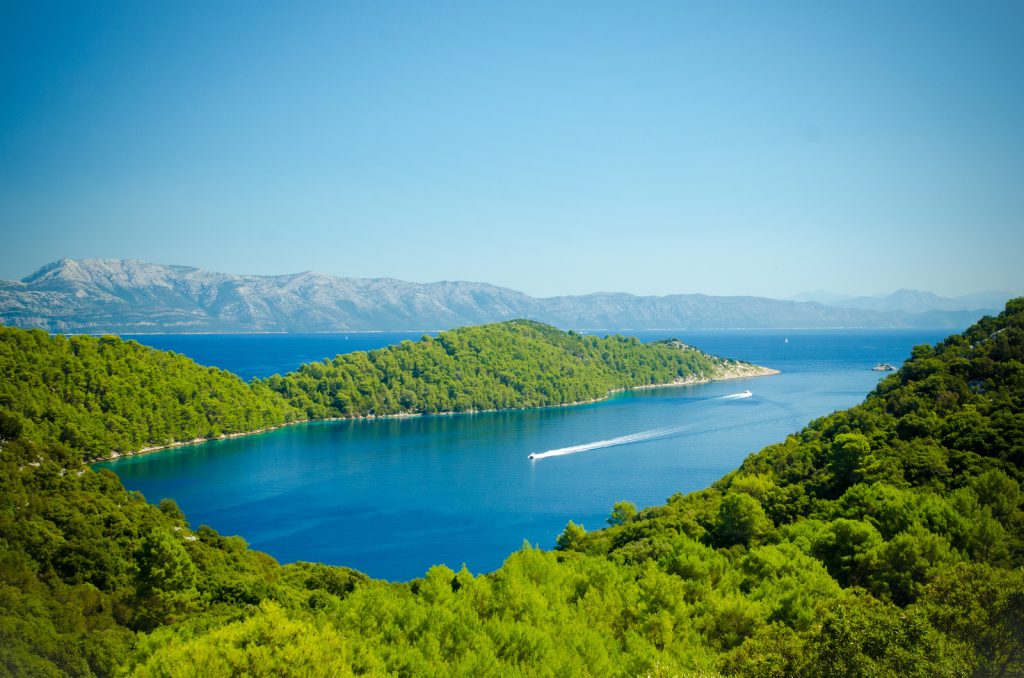
Located on Mljet Island, it features two saltwater lakes and lush, green forests.
Comprises 14 islands known for their scenic beauty and archaeological sites.
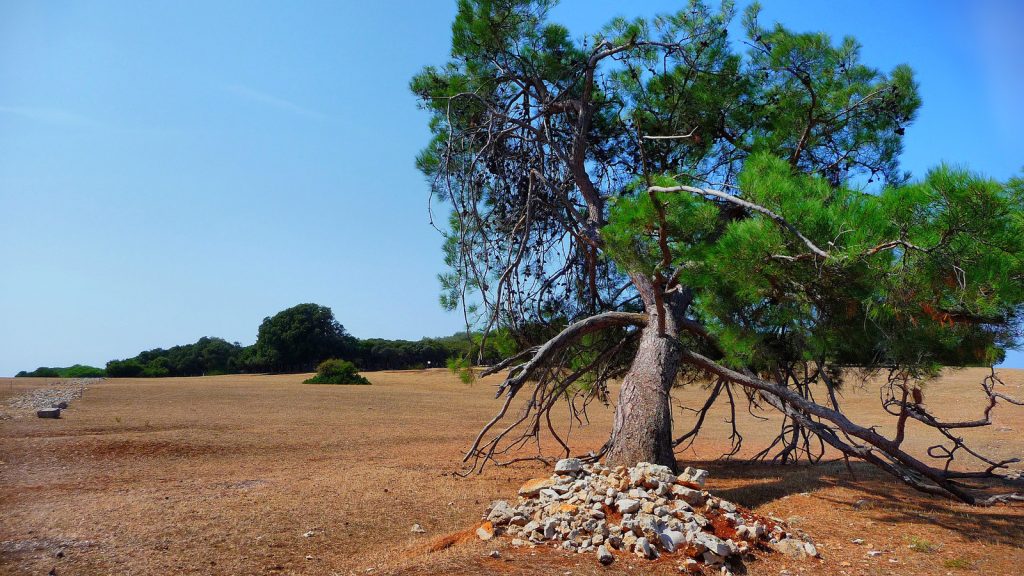
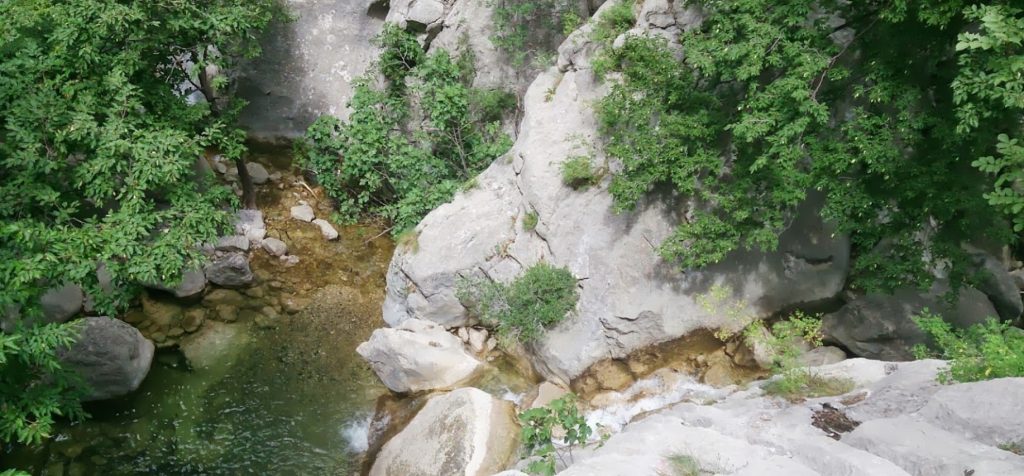
A paradise for hikers and rock climbers with its dramatic karst rock formations.
Explore Croatia’s stunning Adriatic coastline and more than a thousand islands by sailboat or yacht.
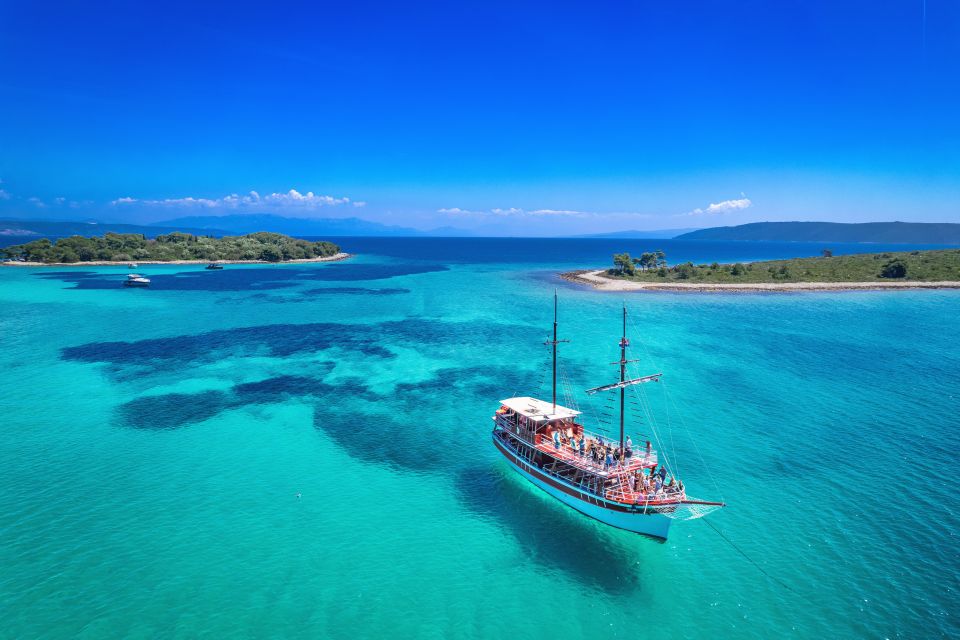

With eight national parks and numerous trails, Croatia offers great opportunities for hiking and biking.
Enjoy windsurfing, kayaking, snorkeling, and diving in the crystal-clear waters of the Adriatic Sea and the dalmatian coast. Croatia is one of the most magnificient countries with the world’s best beaches, so use that to your advantage.
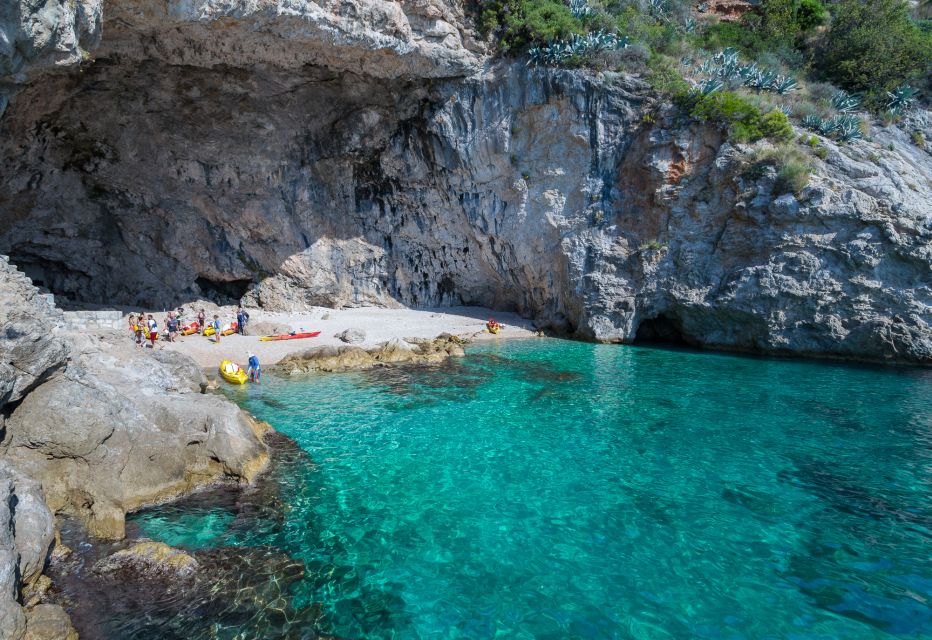
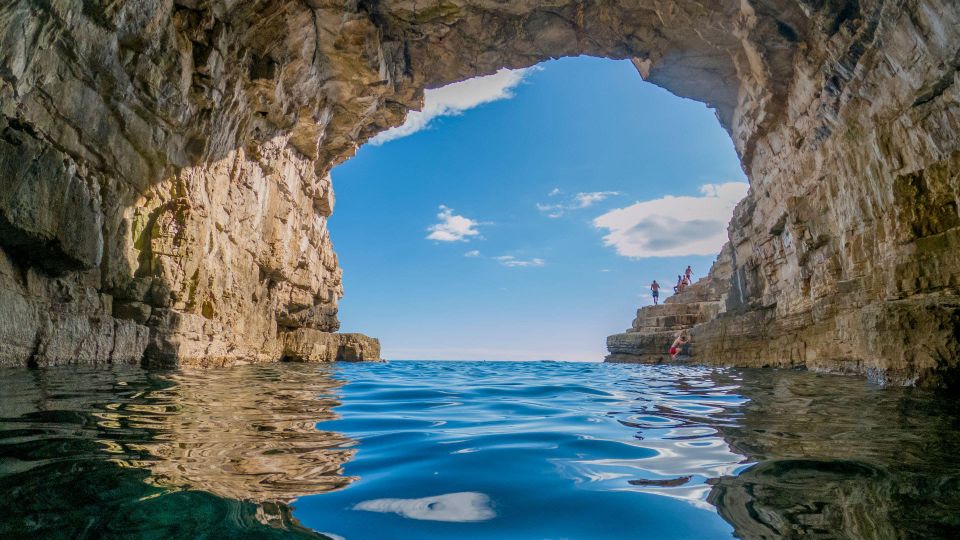
Discover Croatia’s underground world in sites like Blue Cave on Biševo Island and Modrič Cave in Rovanjska.
The cliffs of Paklenica and the island of Hvar offer thrilling climbing routes.
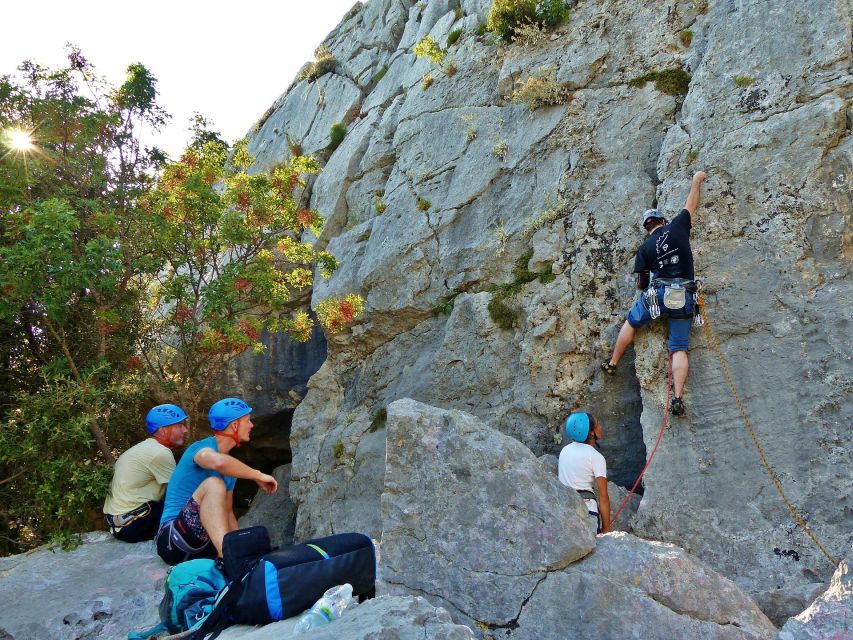
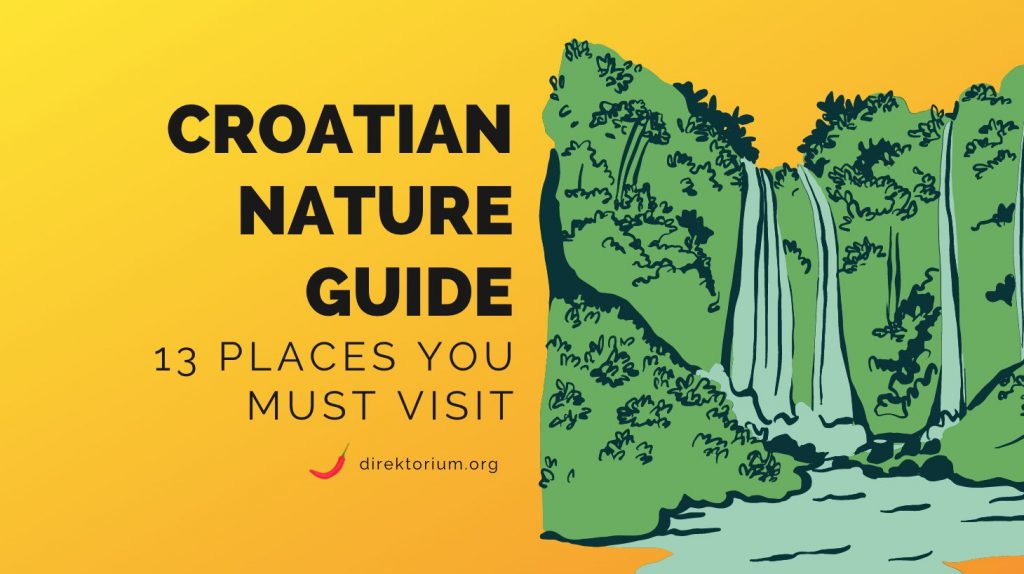
Check out our indepth guide on all the natural wonders Croatia has to offer.
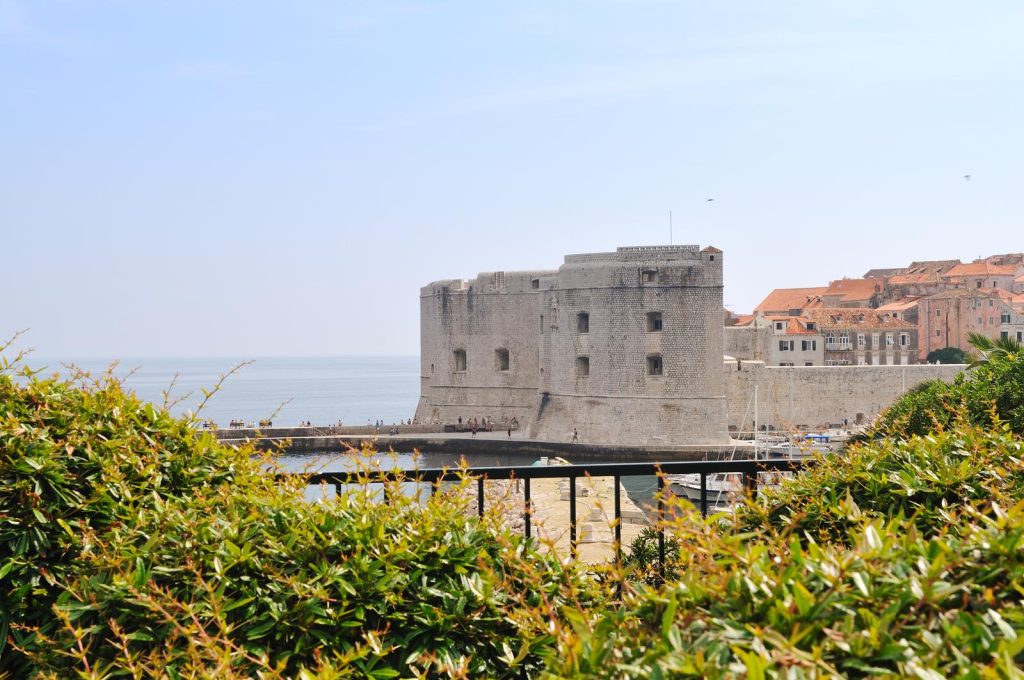
Walk the ancient city walls, visit the historic Fort Lovrijenac, and stroll the limestone-paved Stradun.
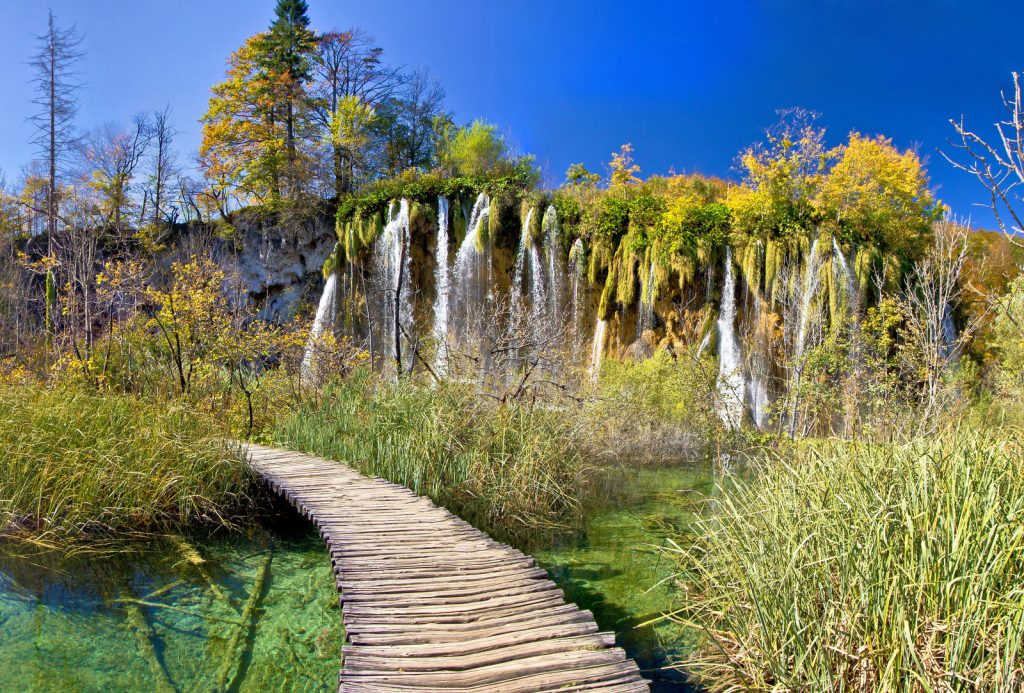
Marvel at the stunning cascades and emerald-green lakes in this UNESCO World Heritage site.
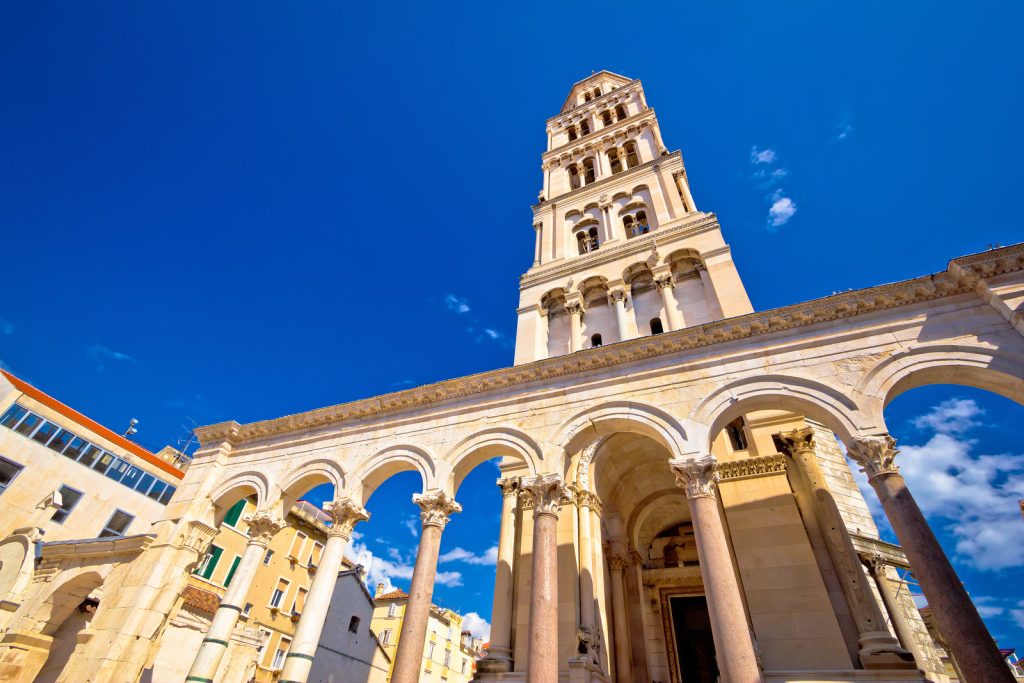
Explore this impressive Roman ruin, which now forms the bustling heart of Split's old town.
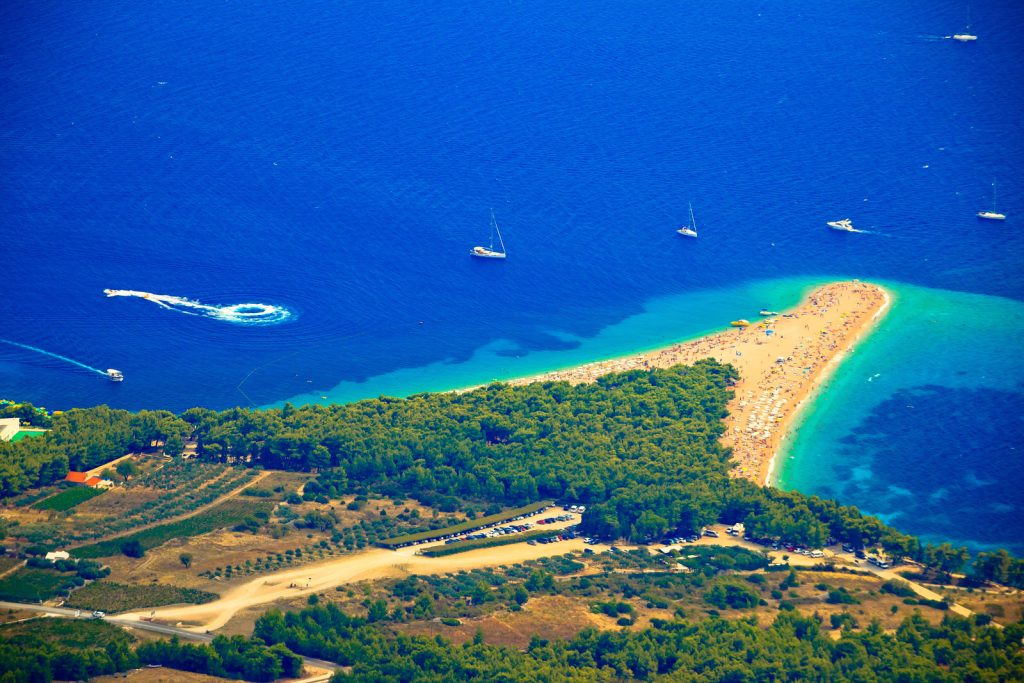
Enjoy the sun on this stunning pebble beach on Brac Island, known for its distinctive shape that changes with the currents.
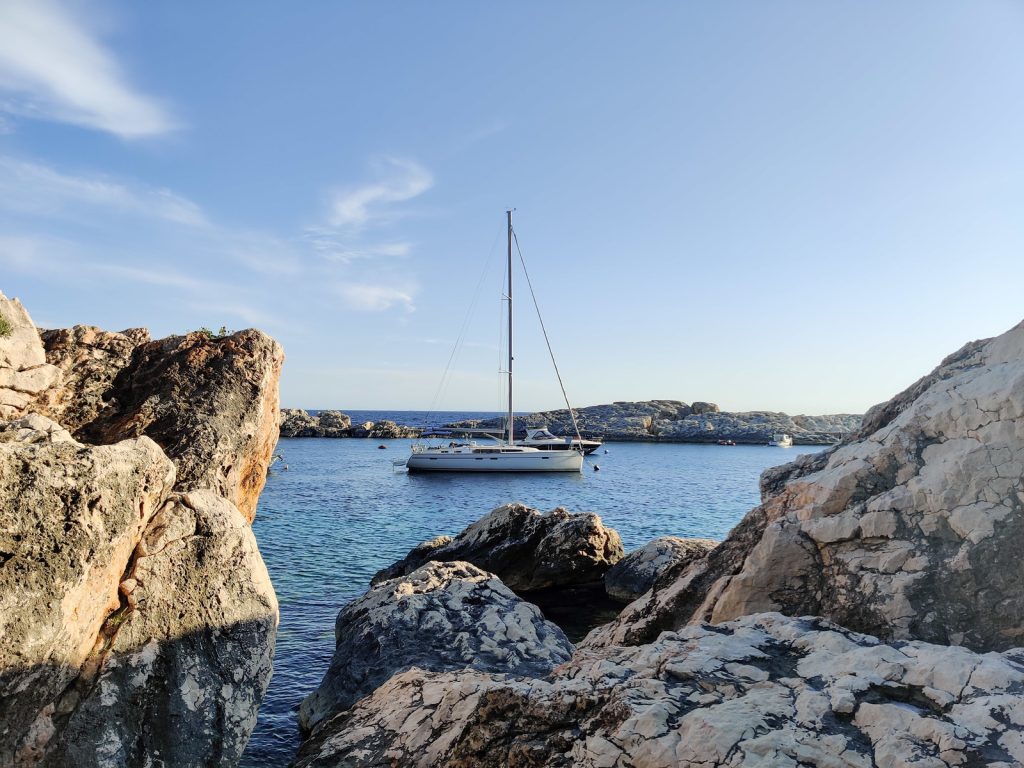
Charter a boat or join a tour to explore Croatia's stunning coastline and its islands like Hvar, Korcula, and Vis.
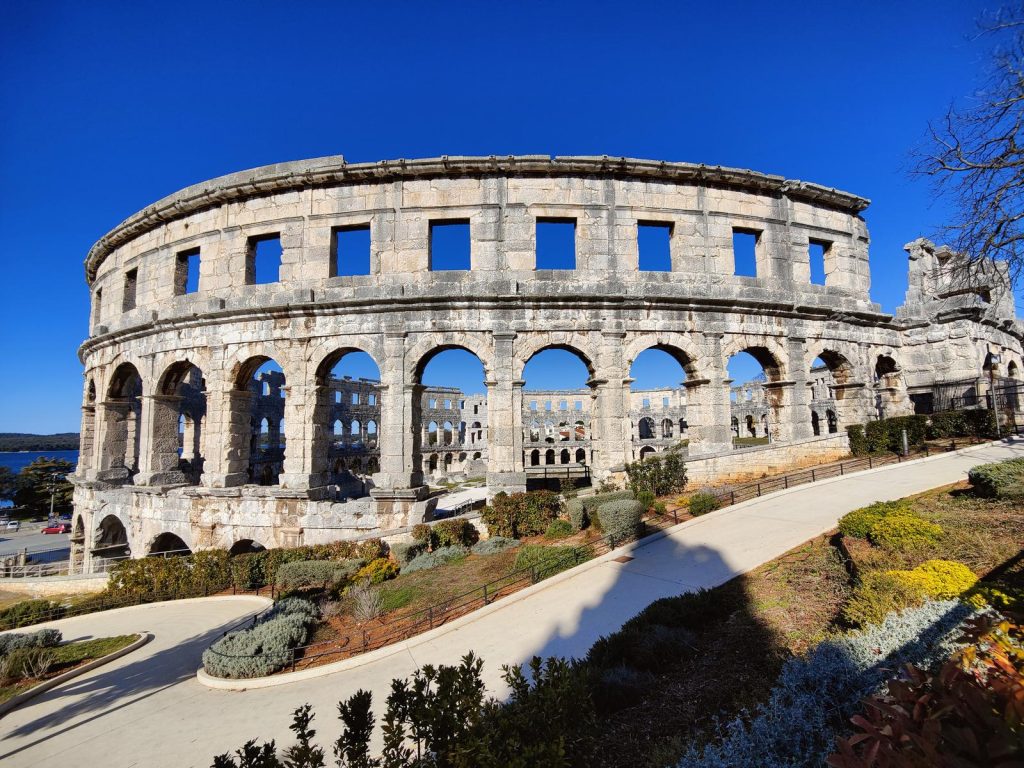
See the well-preserved Roman amphitheater, which still hosts concerts and events today.
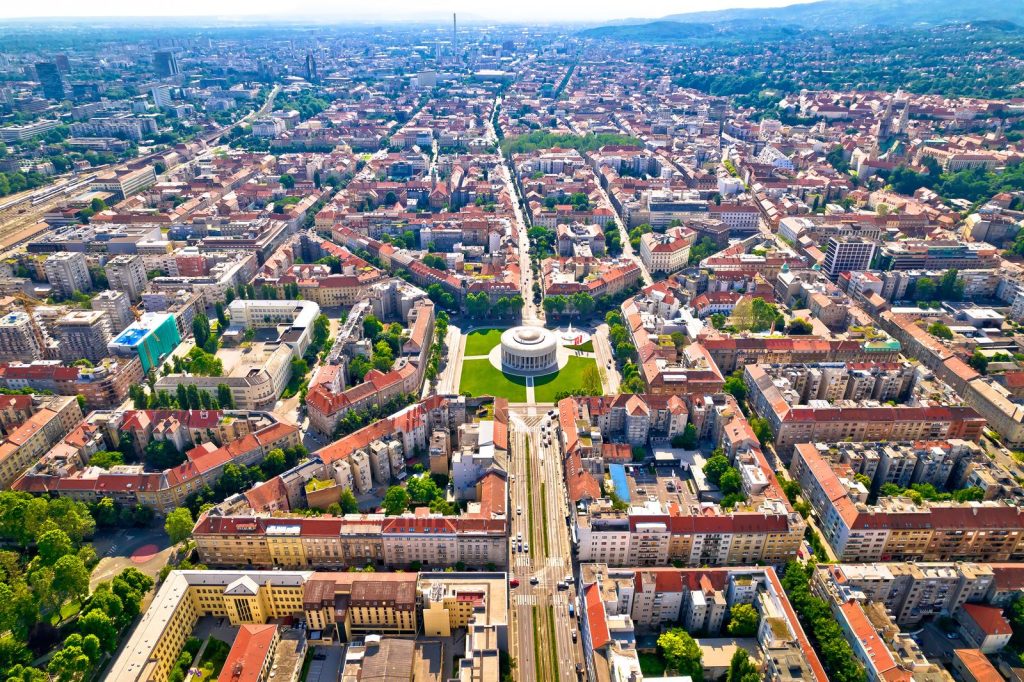
Croatia's capital offers a blend of Austro-Hungarian architecture, vibrant street art, and cozy café culture. Don't miss the unique Museum of Broken Relationships.
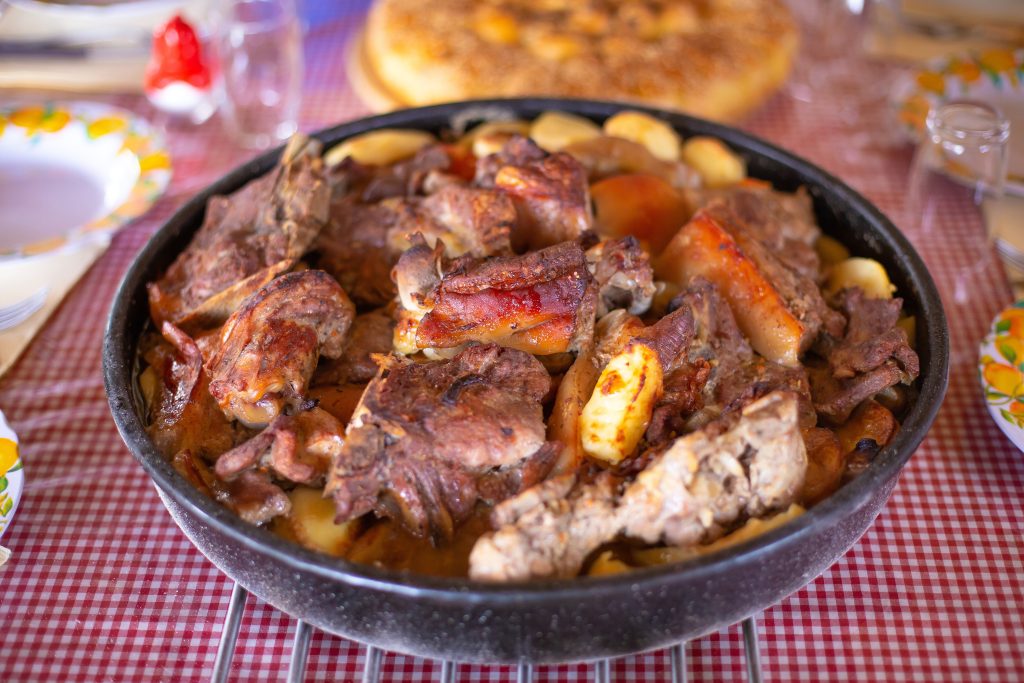
Try local dishes like "peka," "pasticada," and seafood, accompanied by Croatian wines.
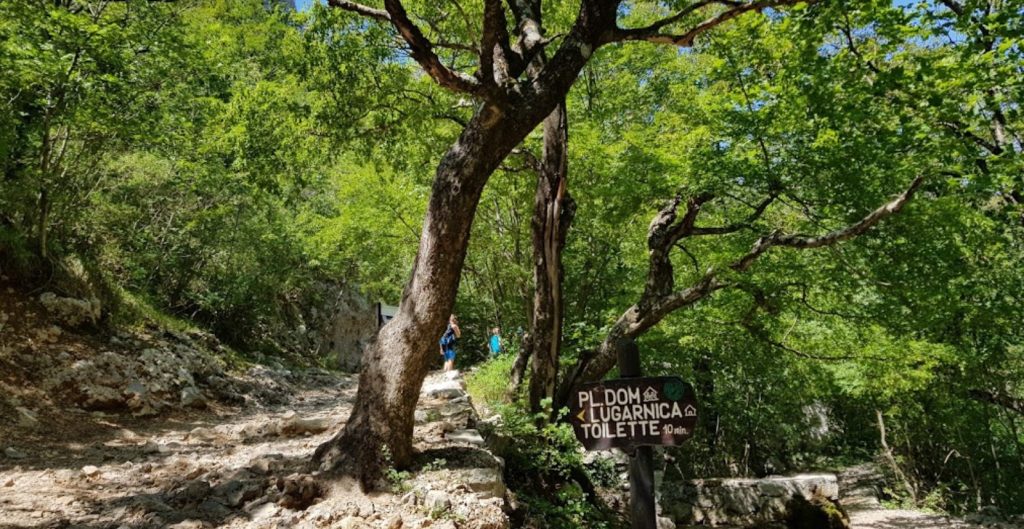
This park is perfect for adventurers, with its canyons, caves, and diverse wildlife.
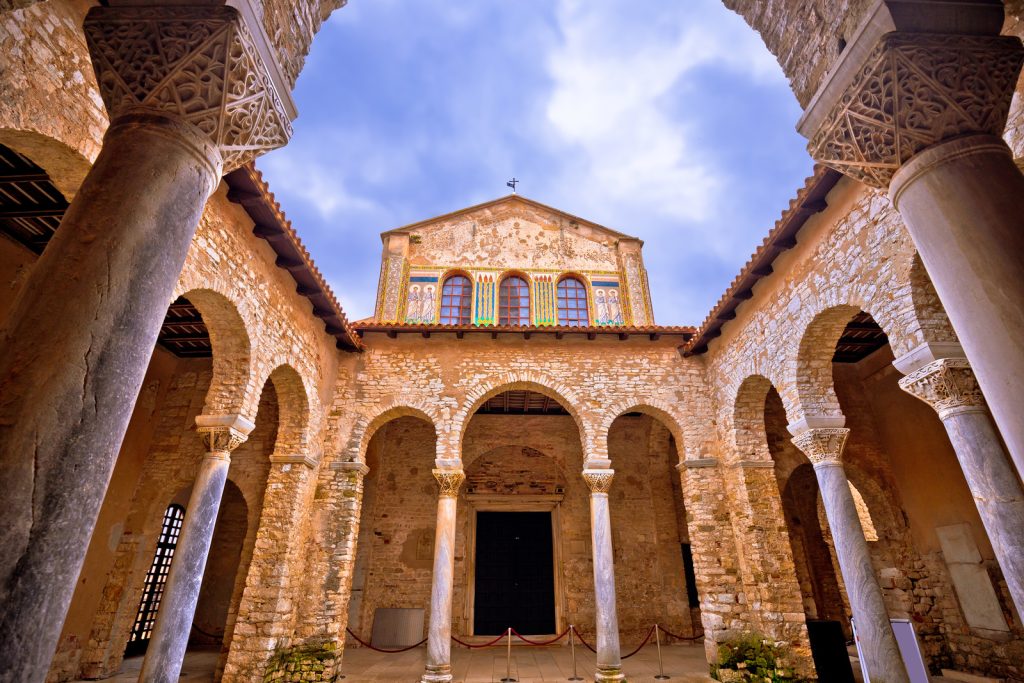
This UNESCO site is a masterpiece of Byzantine art.
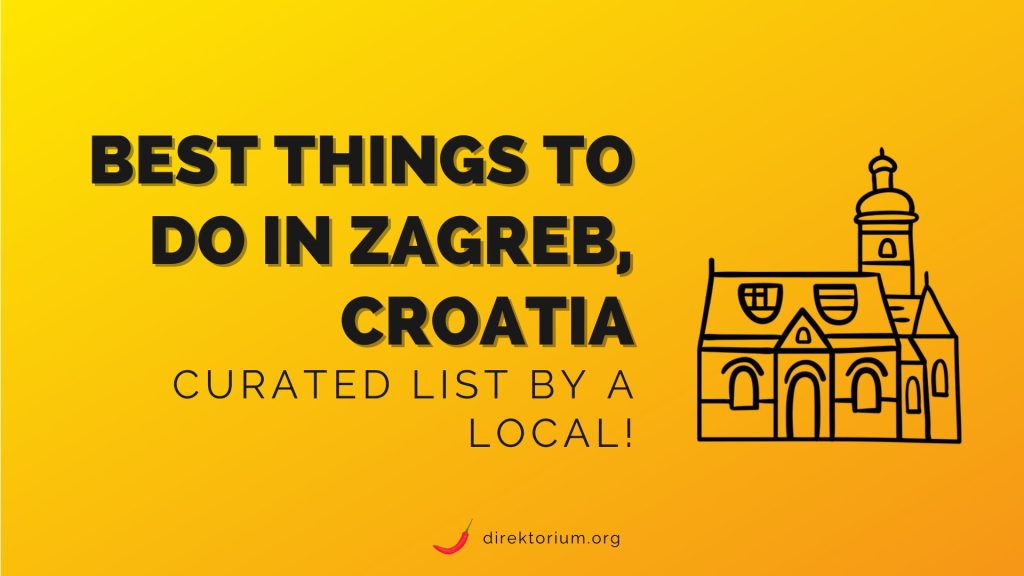
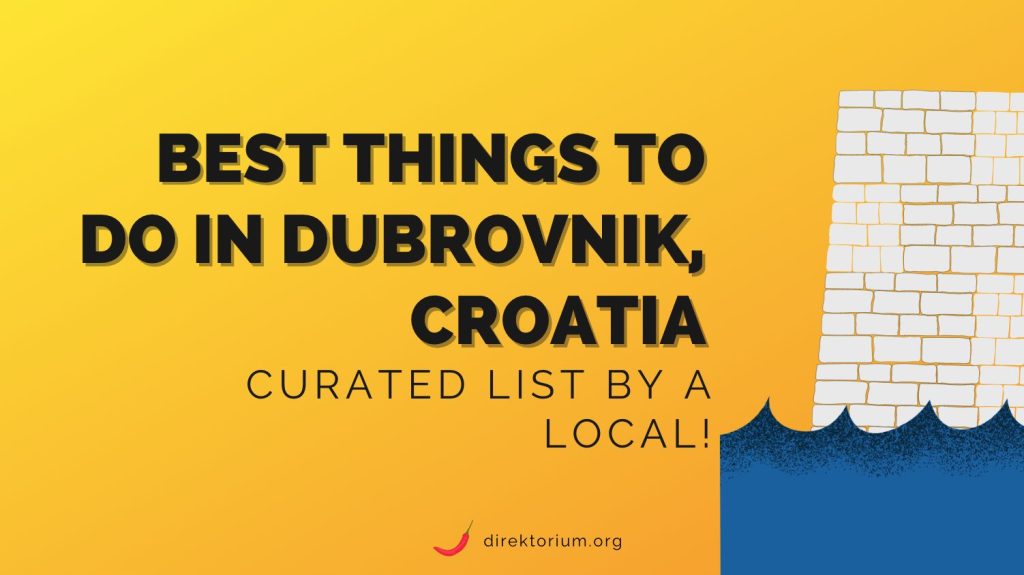
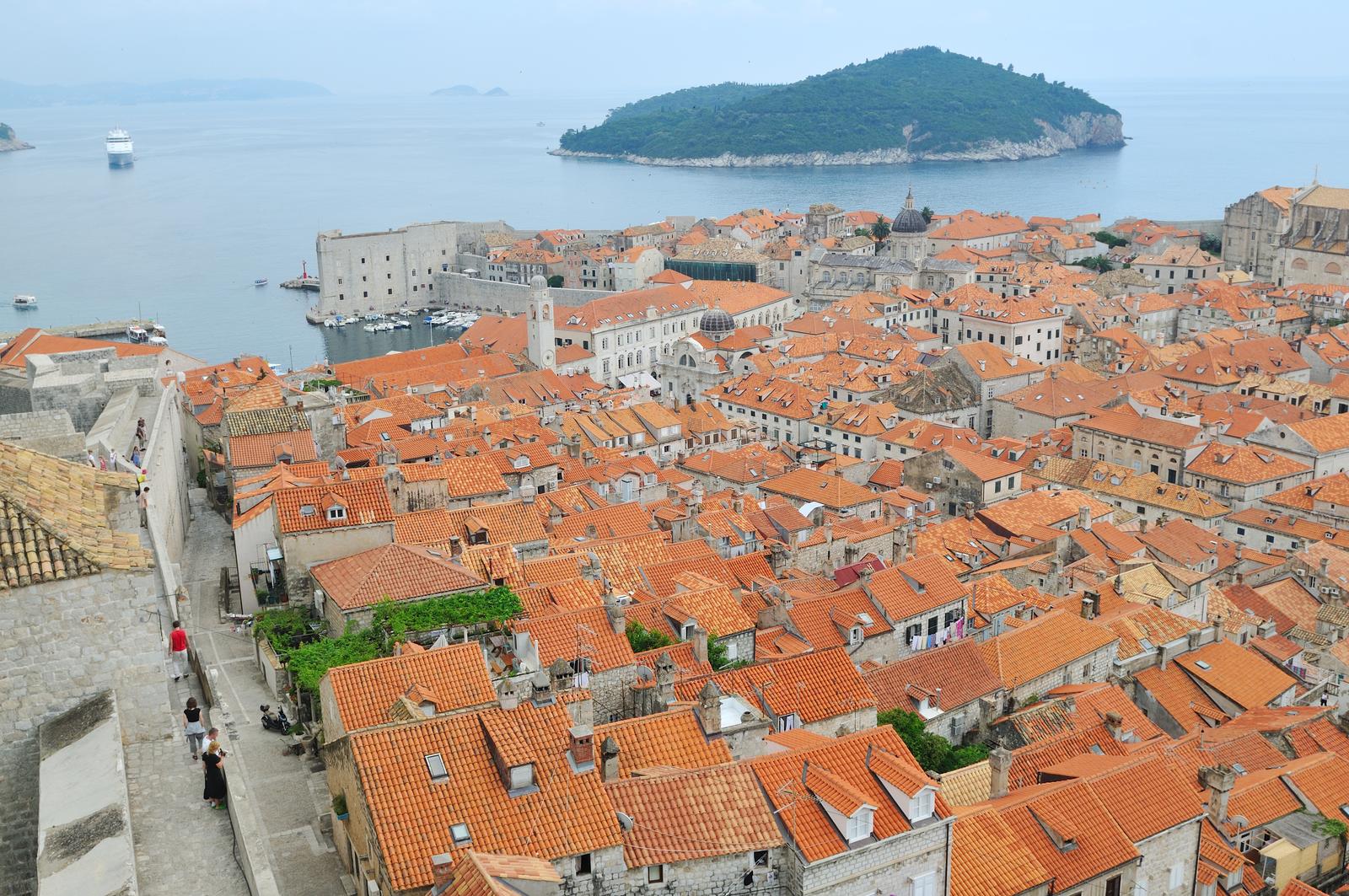
Known as the "Pearl of the Adriatic," Dubrovnik is a UNESCO World Heritage Site with its well-preserved medieval walls, charming cobblestone streets, and historic landmarks. Explore the iconic Old Town, visit the stunning Rector's Palace, and walk along the famous city walls for breathtaking views of the Adriatic Sea.
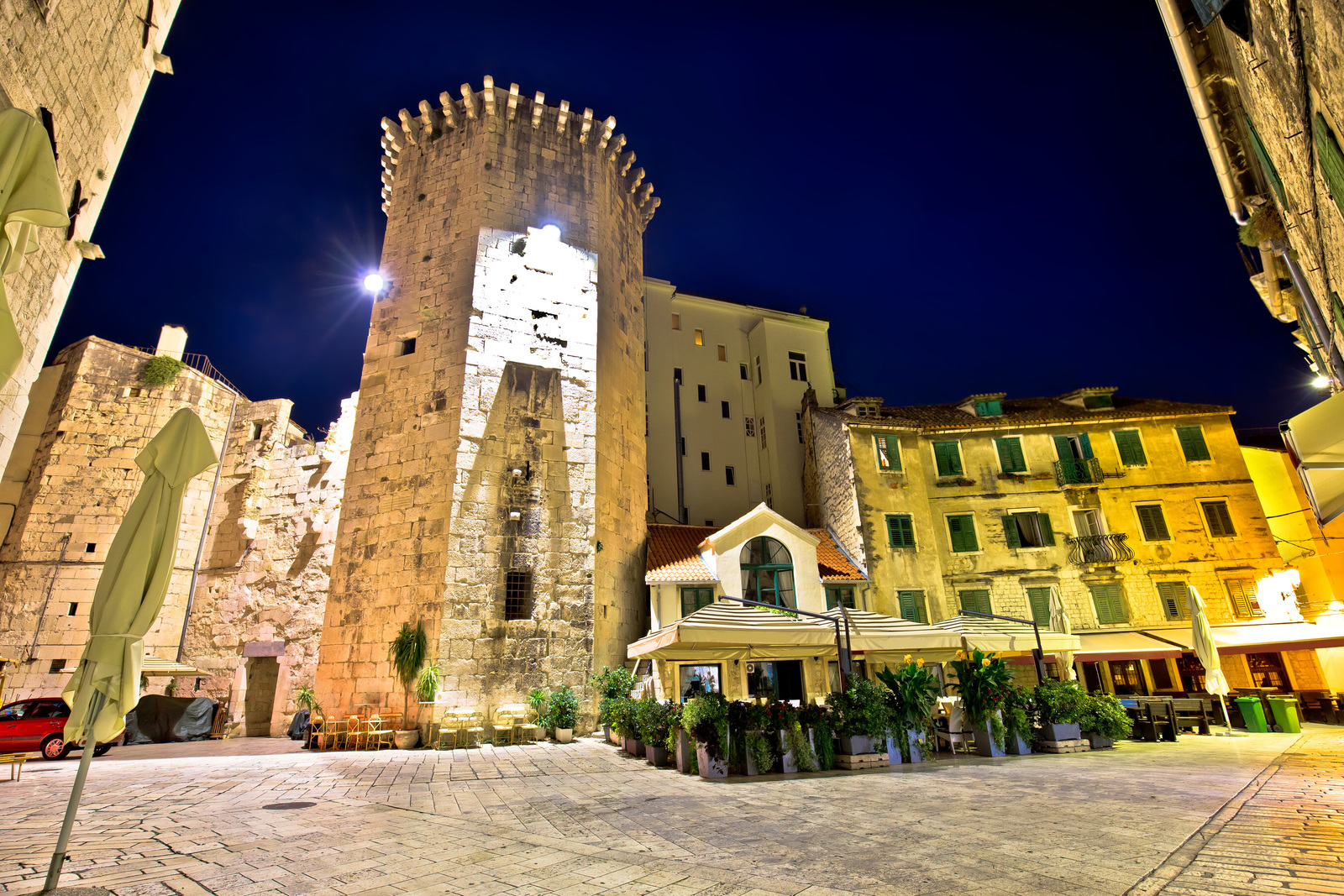
Home to the magnificent Diocletian's Palace, a UNESCO World Heritage Site, Split seamlessly blends ancient Roman ruins with a vibrant modern city. Discover the underground cellars, admire the Peristyle Square, and visit the Cathedral of St. Domnius, a remarkable architectural masterpiece.
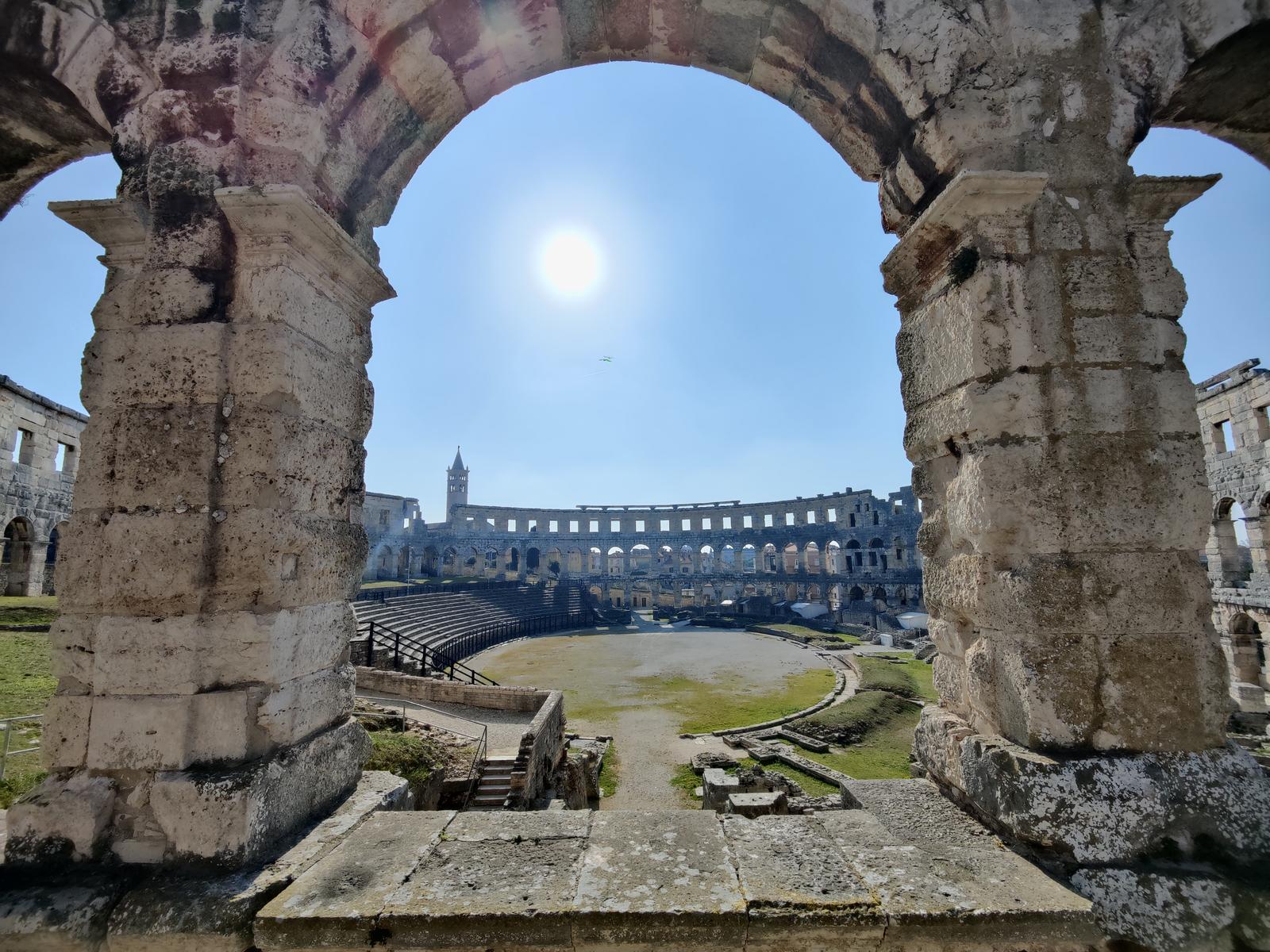
Explore the fascinating Roman heritage in Pula, where the remarkably preserved Roman amphitheater takes center stage. This impressive structure hosts concerts and events, offering a unique glimpse into the past. Don't miss the Temple of Augustus and the Arch of the Sergii.
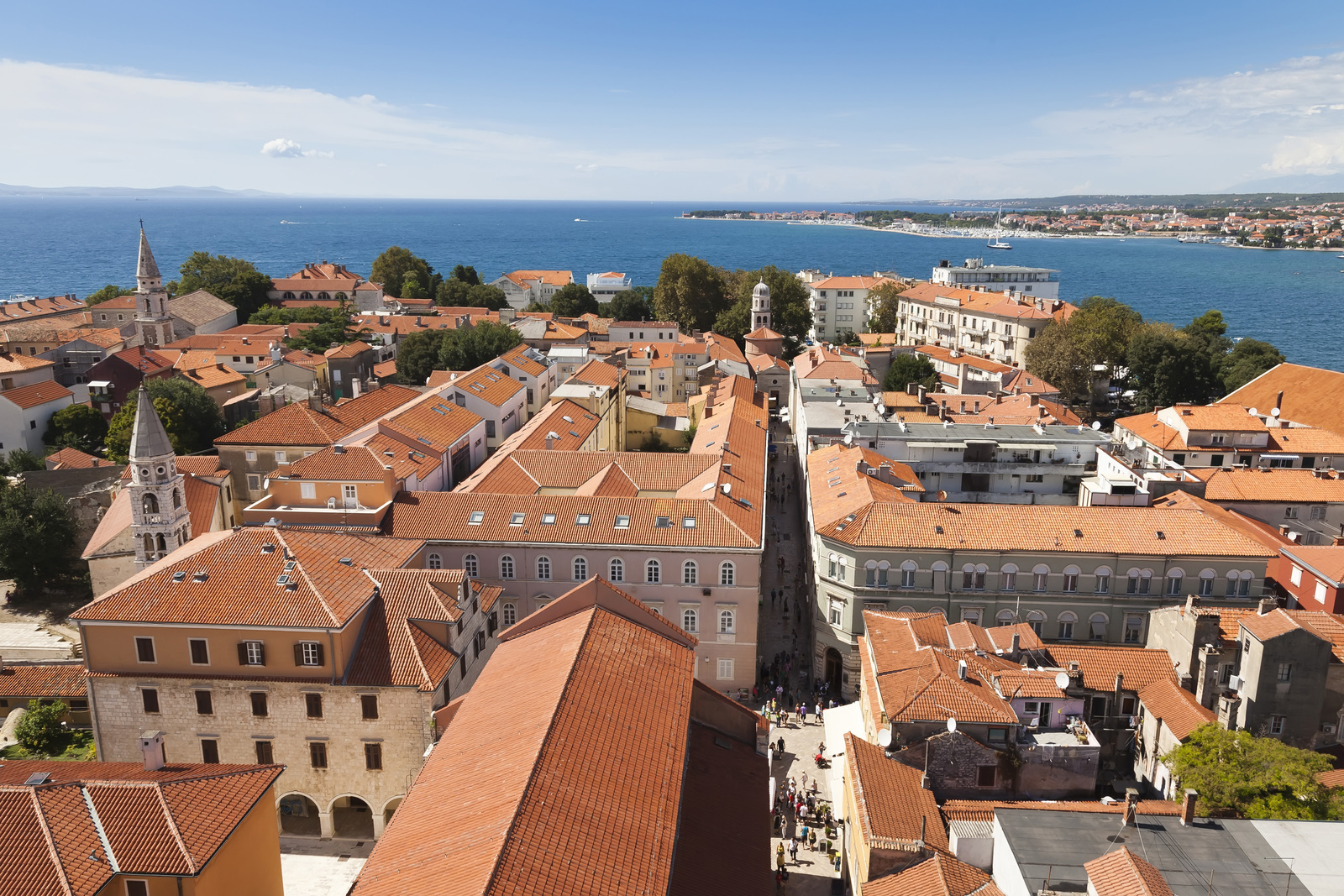
Immerse yourself in history in Zadar, where Roman ruins, medieval churches, and modern art installations coexist. Visit the Roman Forum, explore the historic old town, and witness the mesmerizing Sea Organ and Sun Salutation, modern marvels that blend art and technology.
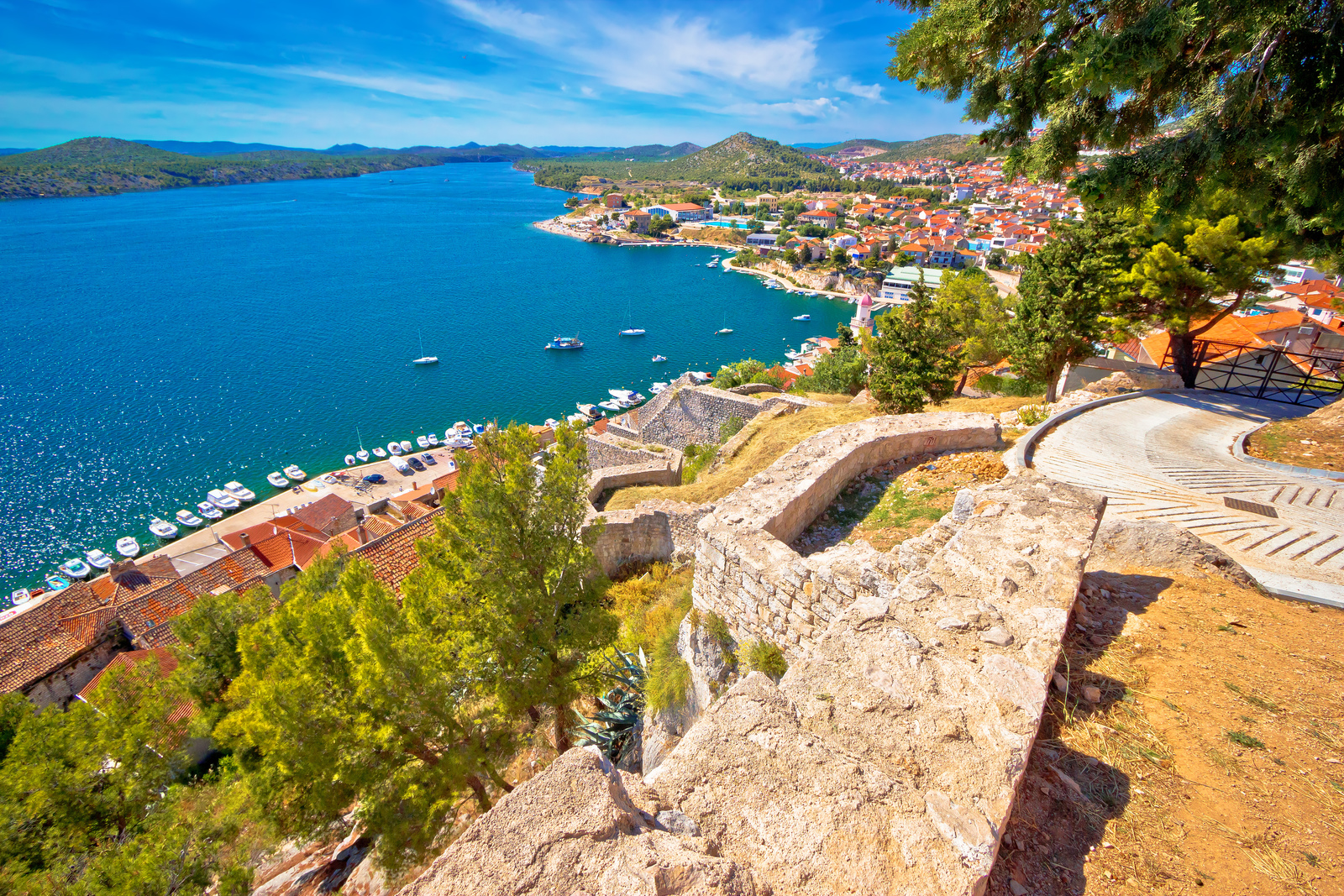
Discover the architectural beauty of Šibenik, renowned for its UNESCO-listed St. James Cathedral. This masterpiece of Renaissance architecture is a testament to human ingenuity and craftsmanship. Explore the winding streets of the old town and soak in the rich cultural heritage.
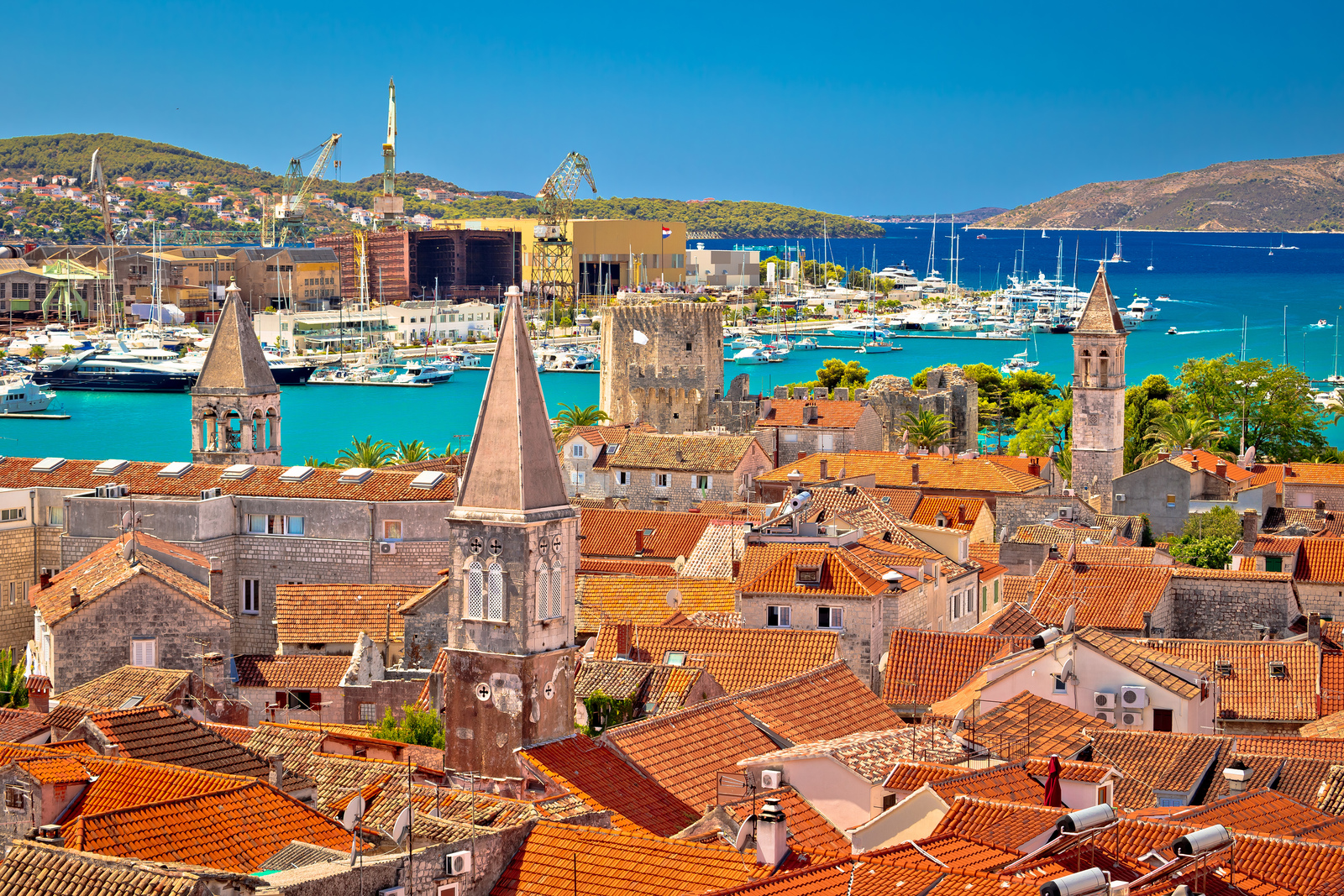
Step back in time in Trogir, a medieval town with a well-preserved historic center. Marvel at the stunning Trogir Cathedral, stroll along the waterfront promenade, and admire the intricate stone carvings and ornate buildings that showcase its Venetian influence.
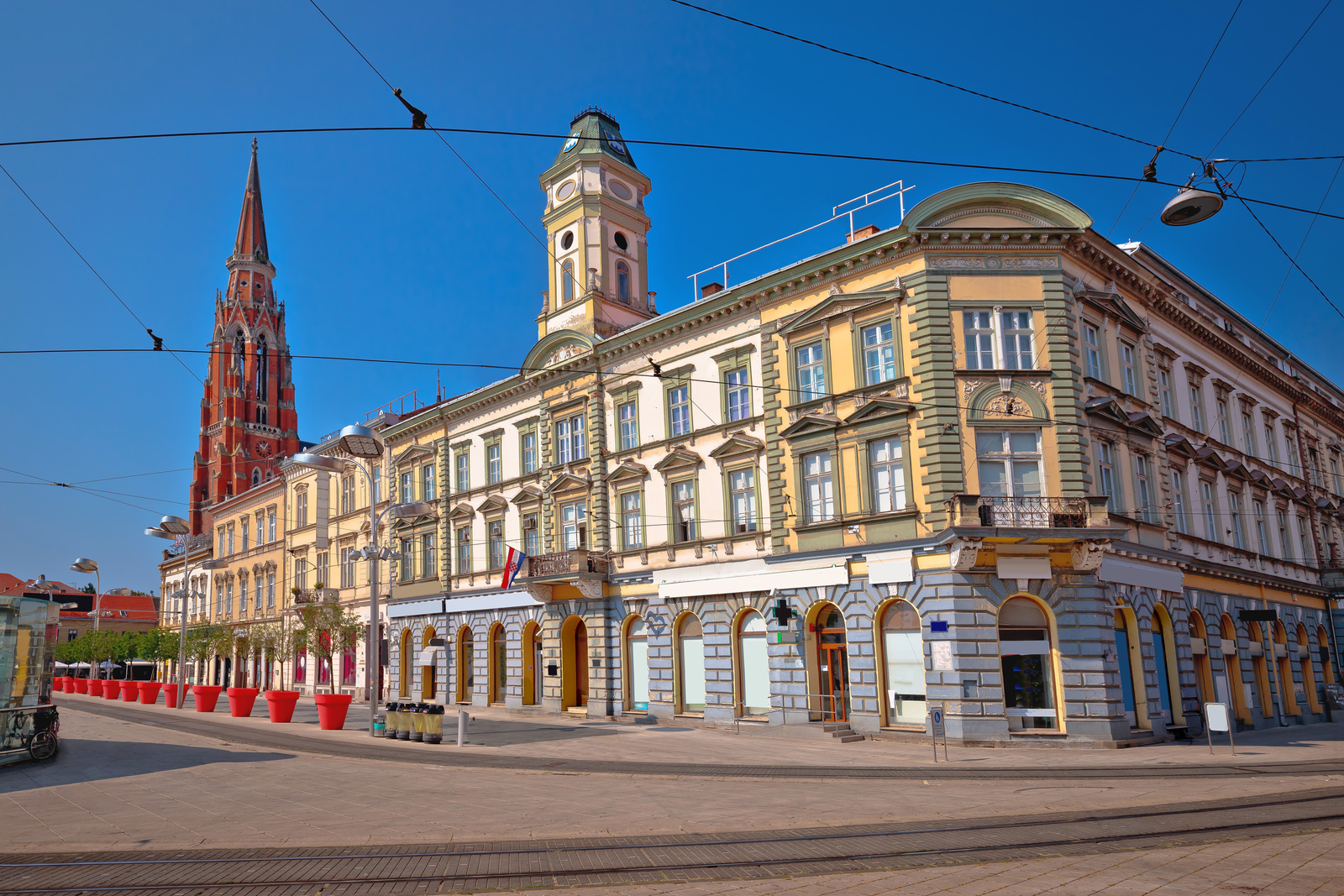
Explore the cultural richness of Osijek, a city with a rich history and charming architecture. Visit the impressive Osijek Fortress, walk along the elegant Tvrđa district, and immerse yourself in the vibrant local culture.
1. Zagreb: Zagreb, the capital city, is a vibrant hub of culture, art, and innovation. It’s a city that effortlessly marries tradition with modernity. We.
2. Split: Split, a city that lives in the heart of history and dances with the rhythm of the sea. The Diocletian’s Palace, a UNESCO World Heritage site, forms the city’s core, while the Riva promenade is perfect for seaside strolls post work.
3. Dubrovnik: Dubrovnik, famously known as the ‘Pearl of the Adriatic’, is a city where every stone tells a story. Its stunning Old Town, another UNESCO World Heritage site, is a sight to behold.
4. Rijeka: Rijeka, Croatia’s principal seaport, is a city of diversity and culture. It’s an under-the-radar choice for digital nomads, offering a more relaxed pace of life. The city’s rich industrial heritage is balanced by a lively cultural scene, making it an intriguing place to live and work.
5. Zadar: Zadar, a city that listens to the melody of the sea through its unique Sea Organ, is a blend of ancient and contemporary. Its burgeoning tech scene and the University of Zadar attract a youthful, innovative crowd.
Five Croatian cities that offer not just a place to work, but a lifestyle to experience. Each city, with its unique charm and character, is ready to welcome you into the Croatian digital nomad family.
So pack your bags (and your laptop), and get ready to explore the digital nomad life in Croatia!
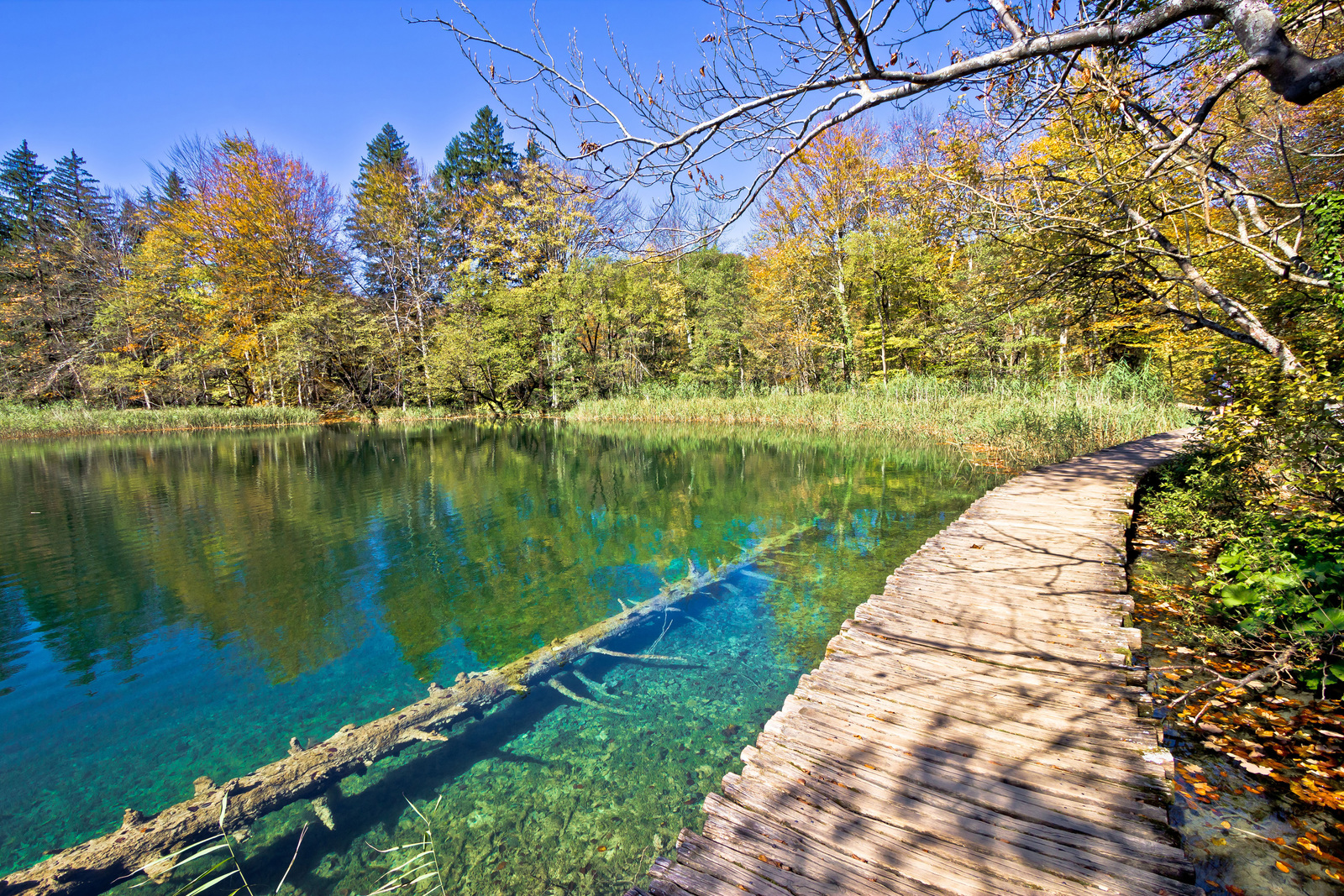
Plitvice Lakes National Park is a natural wonder that has been enchanting visitors since it was inscribed in 1979. This stunning site is a symphony of 16 terraced lakes, interconnected by a series of waterfalls and set in deep woodland populated by deer, bears, wolves, and rare bird species. It's nature's masterpiece at its finest!
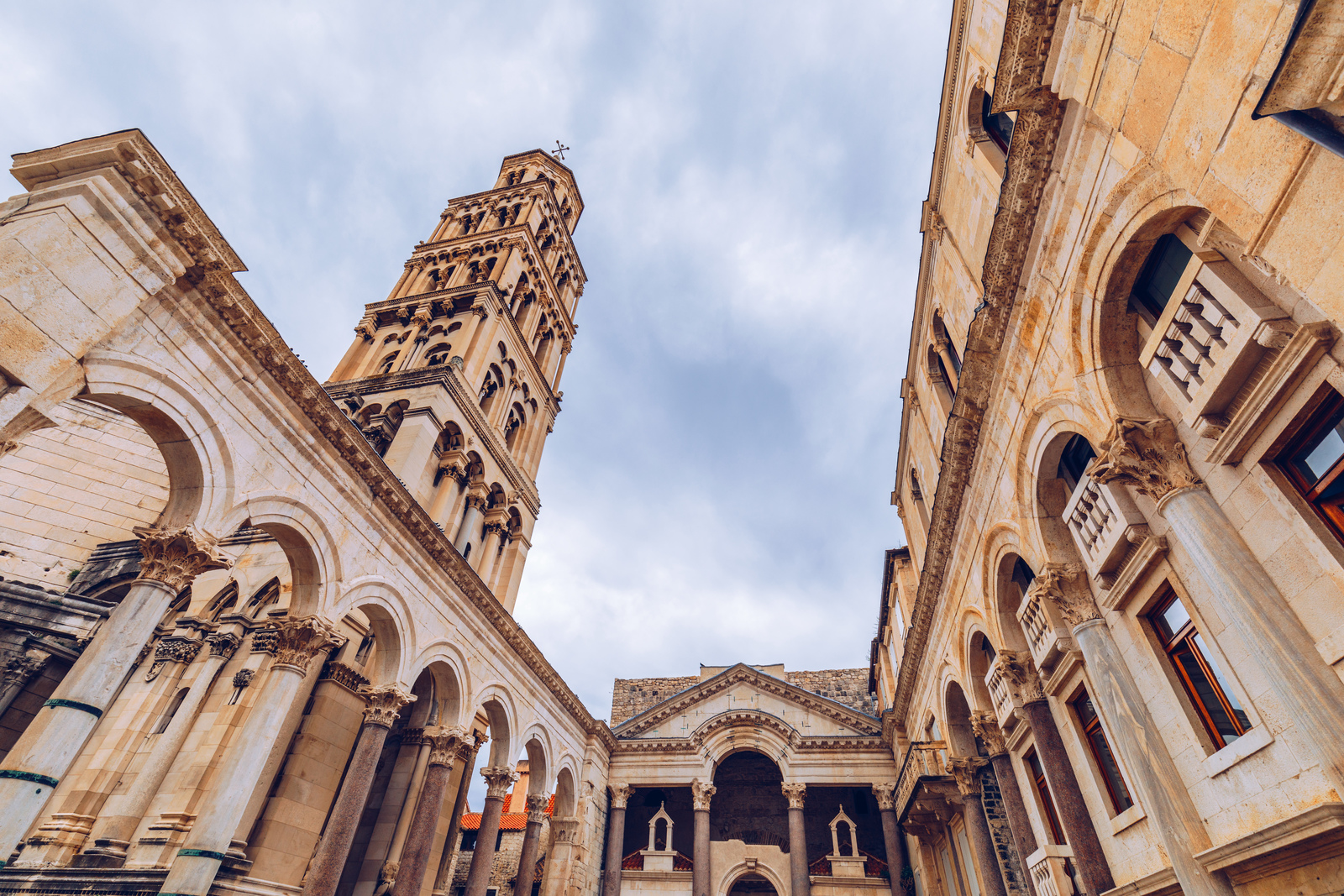
In the heart of Split lies the Diocletian's Palace, a remarkable architectural feat from the Roman era. Built by the Roman Emperor Diocletian in the 4th century, this sprawling complex is more like a fortified town than a palace. Today, it's a living monument, with homes, shops, and cafes nestled within its ancient walls.
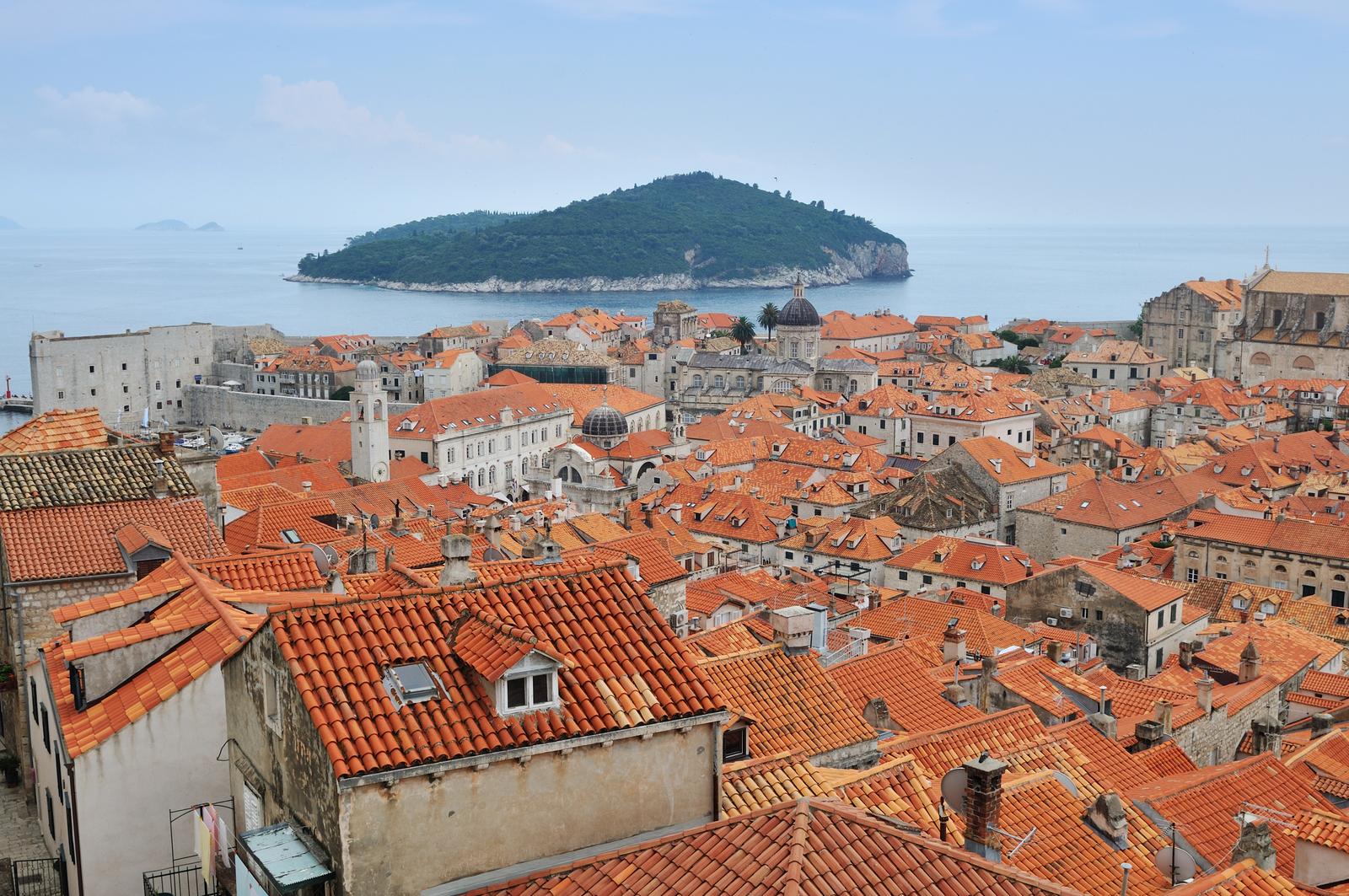
Dubrovnik, the 'Pearl of the Adriatic', is a city of stunning beauty and historical significance. Its Old Town, encased in iconic fortified walls, is a treasure trove of Gothic, Renaissance, and Baroque churches, monasteries, palaces, and fountains. Walking its polished limestone streets is like stepping back in time.
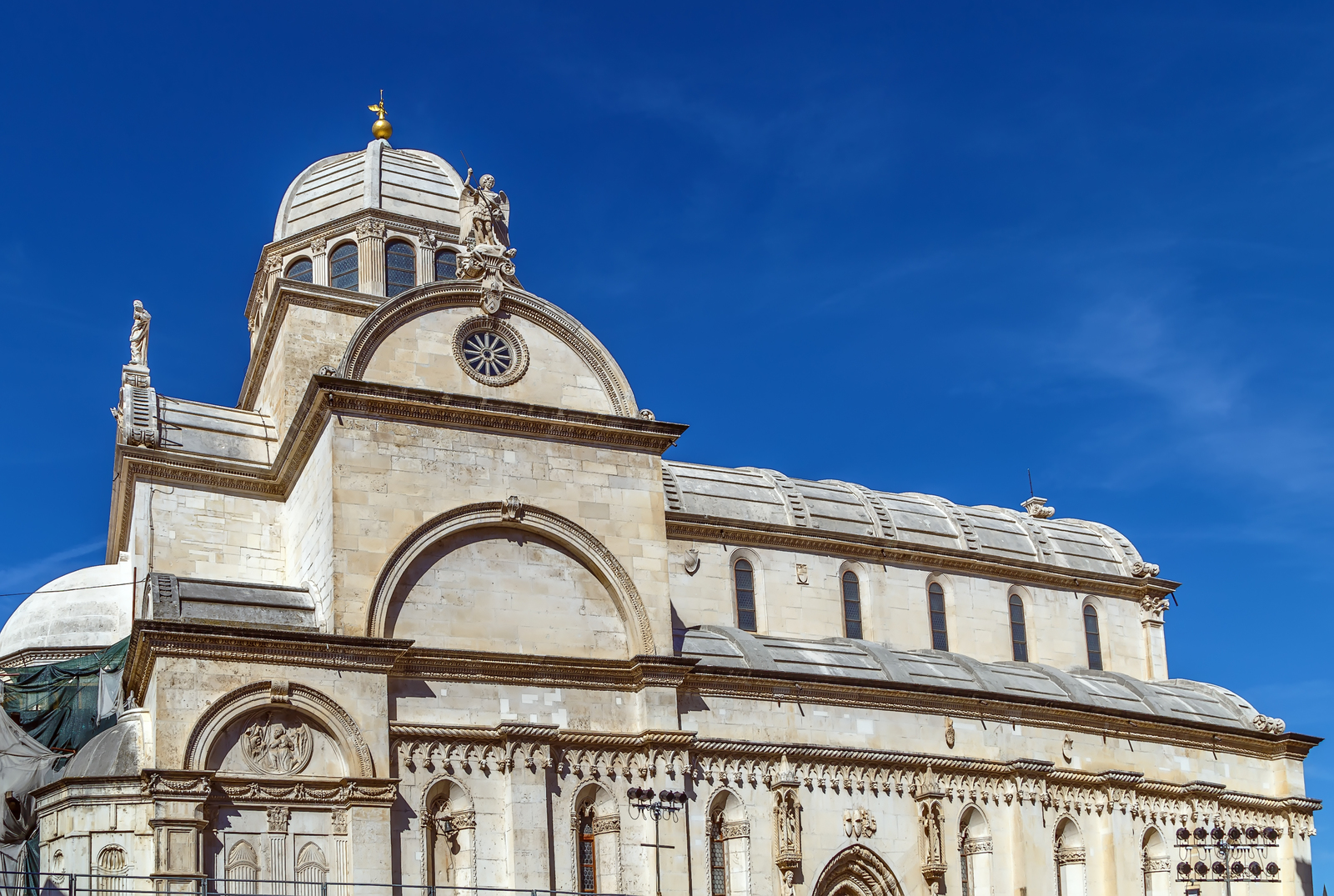
The St James Cathedral in Sibenik is a testament to the human spirit, faith, and architectural innovation. Built entirely from stone using a unique system for stone slabs and ribs, it stands as a masterpiece of Renaissance architecture.
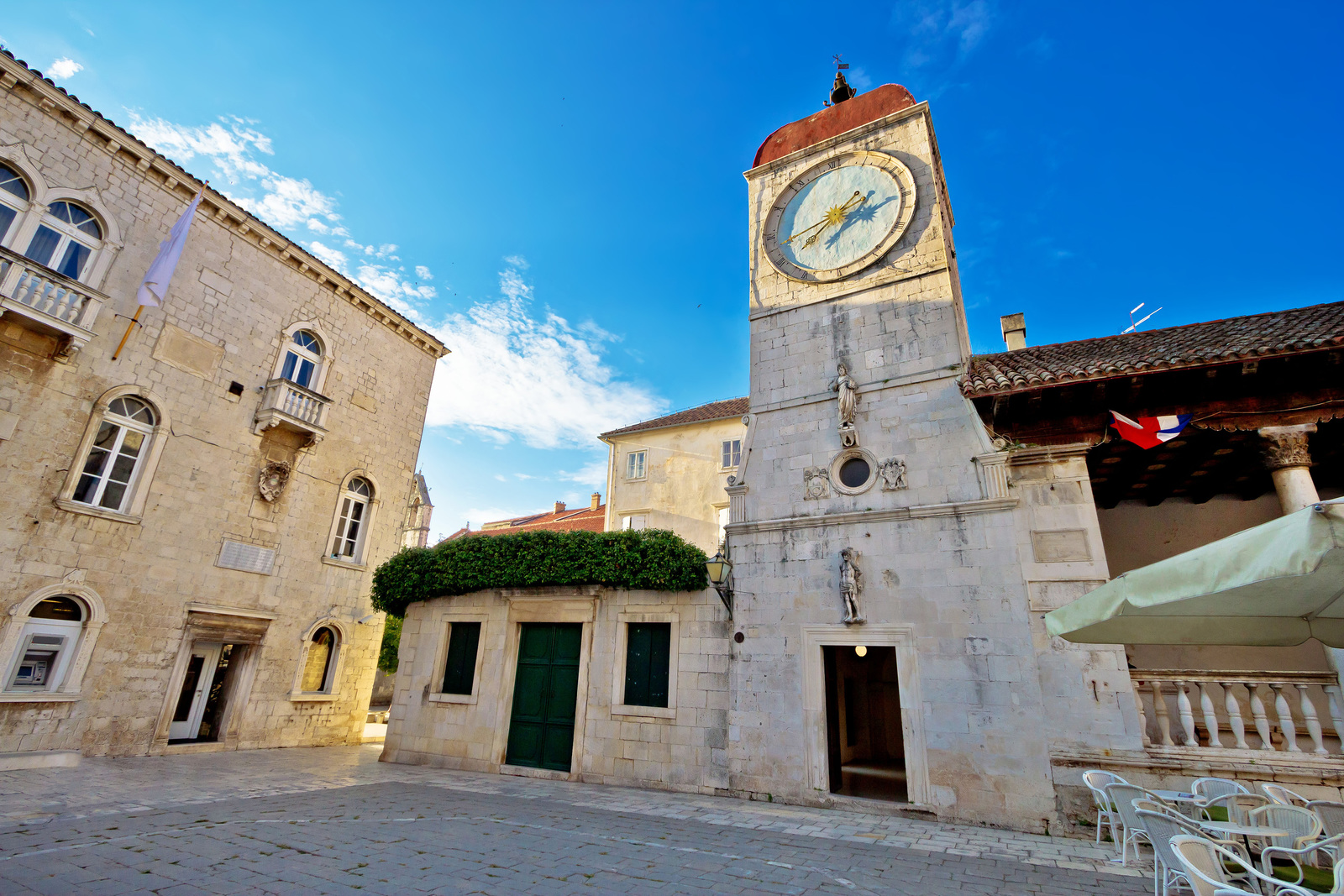
Trogir, a harmonious stone town on a small island, is a remarkable example of urban continuity. The orthogonal street plan of this island settlement dates back to the Hellenistic period, and its beautiful Romanesque churches are complemented by the outstanding Renaissance and Baroque buildings from the Venetian period.
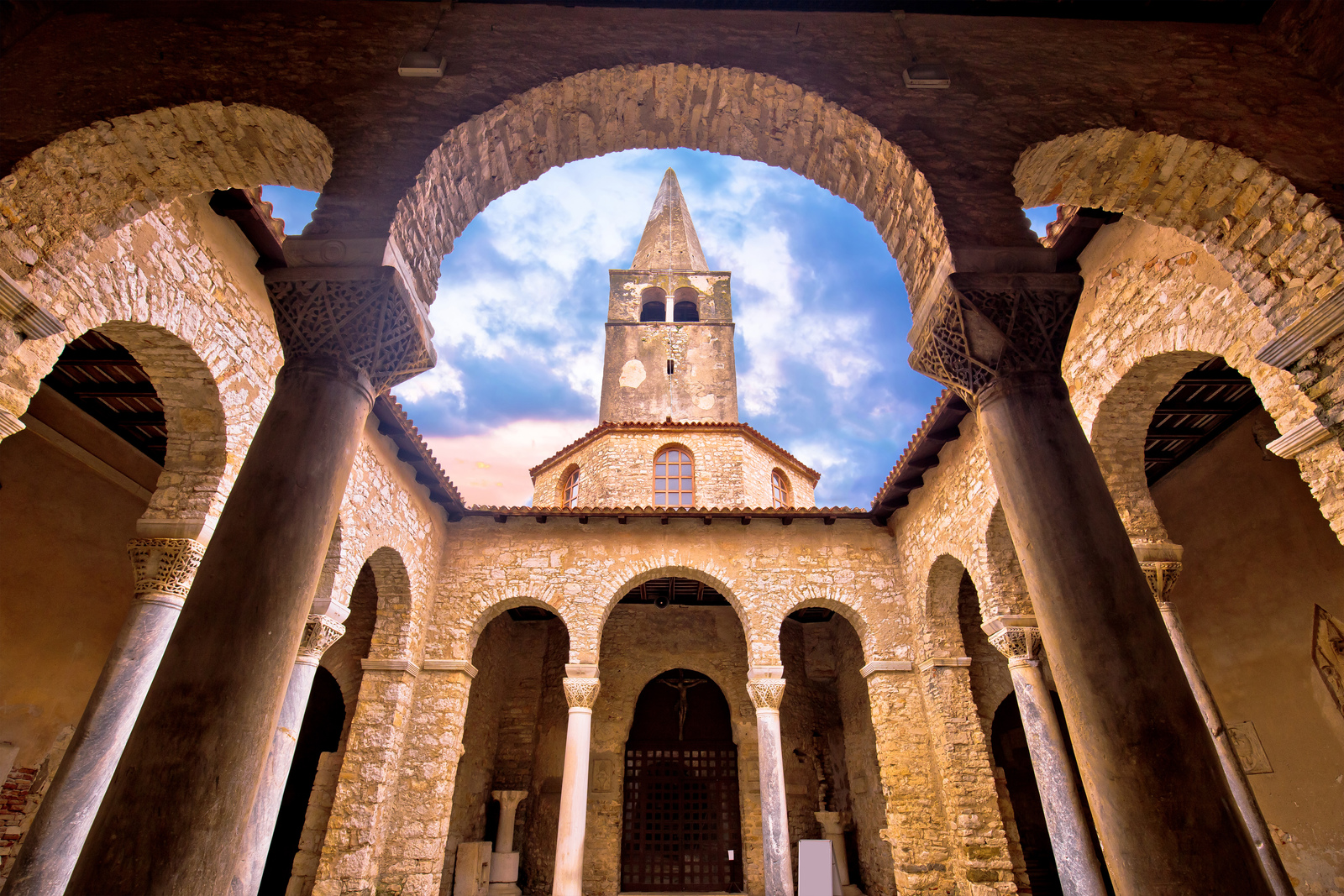
In the historic centre of Poreč, you'll find the Episcopal Complex of the Euphrasian Basilica. This well-preserved complex is one of the best examples of early Byzantine architecture and art, with mosaics that have been beautifully preserved both in situ and in the Basilica's museum.
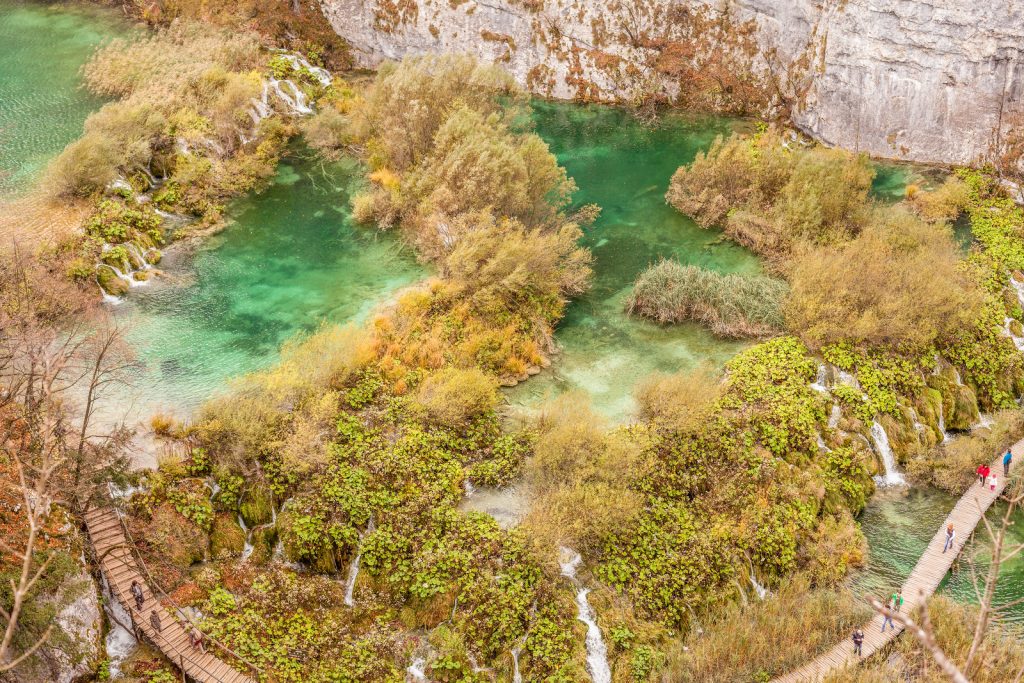
The Ancient and Primeval Beech Forests of the Carpathians and other regions of Europe stretch across 12 countries, including Croatia. These forests are indispensable to understanding the history and evolution of the last remaining virgin forests of the European beech.
Croatian cuisine is a rich tapestry of flavors, influenced by Mediterranean, Central European, and Balkan culinary traditions. It showcases an abundance of fresh ingredients, traditional recipes, and regional specialties.
Coastal regions offer a vibrant seafood culture, with dishes like grilled fish, octopus salad, and scampi buzara (scampi in a tomato and wine sauce). The Adriatic coastline is known for its excellent olive oil and flavorful seafood.
Inland Croatia delights with hearty meat dishes, such as Ćevapi (grilled minced meat), roasted lamb, and various stews like pašticada (marinated beef) and kulen (spicy sausage).
Croatia is also famous for its cured meats, cheeses (such as the renowned Pag cheese), and hearty bread. Traditional desserts include fritule (small fried dough balls), štrukli (cheese-filled pastry), kremšnita (custard slice) and rafioli.
To complement meals, Croatian wines, particularly from regions like Istria and Dalmatia, are highly regarded. Additionally, rakija (fruit brandy) is a popular choice for a post-meal digestif.
Croatian cuisine offers a diverse and mouthwatering culinary experience, reflecting the country’s rich cultural heritage and natural abundance.
Croatia boasts a range of local delicacies and regional dishes that showcase the country’s culinary diversity. Here are some noteworthy examples:
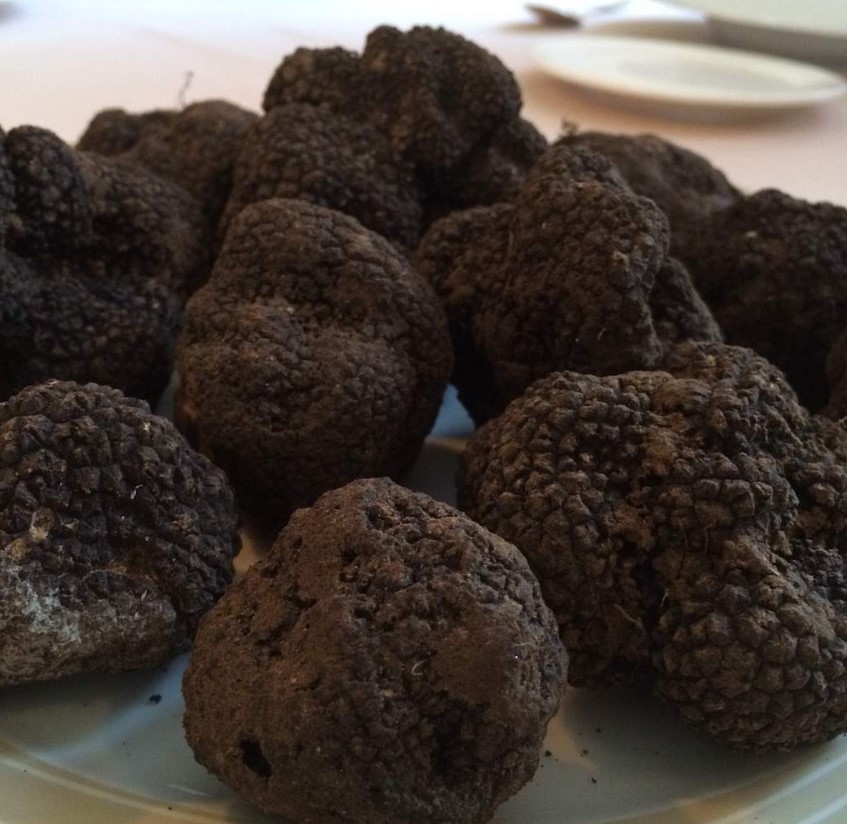
Istria is known for its prized truffles, both black and white, used to flavor various dishes like truffle pasta, truffle-infused oils, and truffle cheese.
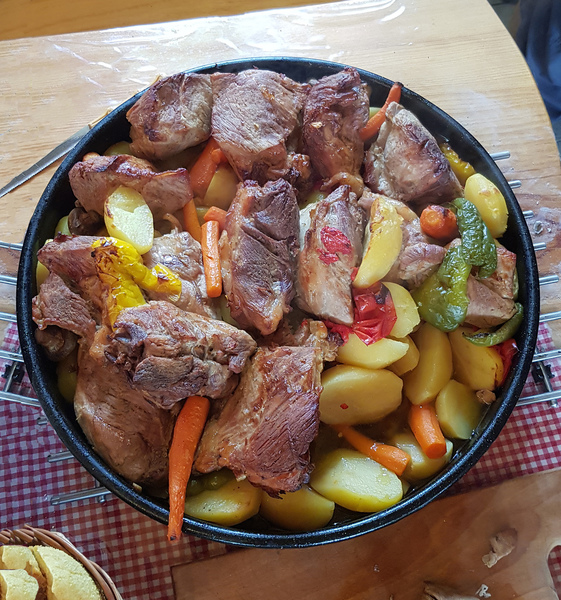
A traditional Dalmatian dish where meat (usually lamb or veal) and vegetables are slow-cooked under a bell-like dome, resulting in tender and flavorful flavors.

Cured ham that undergoes a specific drying process, resulting in a distinct salty and savory flavor.
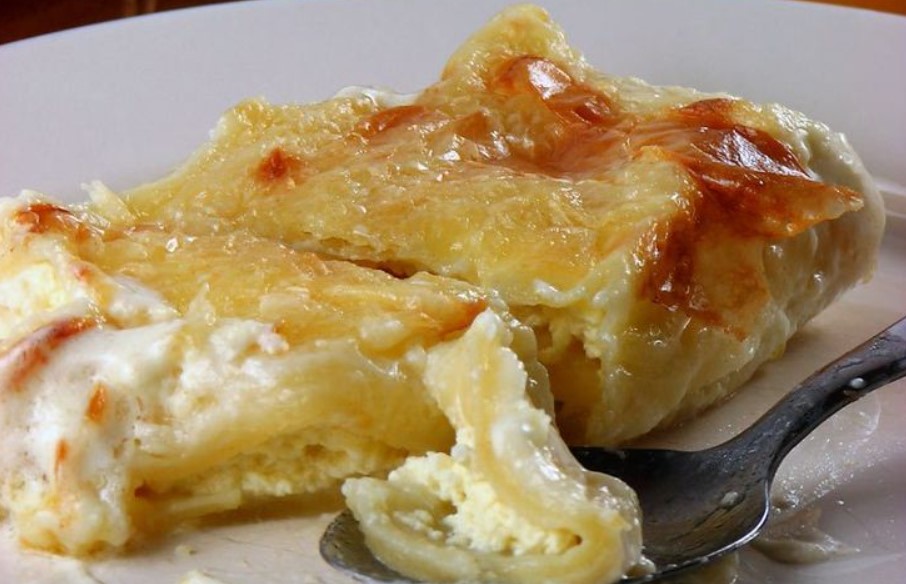
A traditional baked pastry filled with cottage cheese or sour cream, often served as a side dish or a dessert. Get the strukli recipe here.

A spicy, dried, and smoked sausage made from pork, seasoned with paprika and other spices.
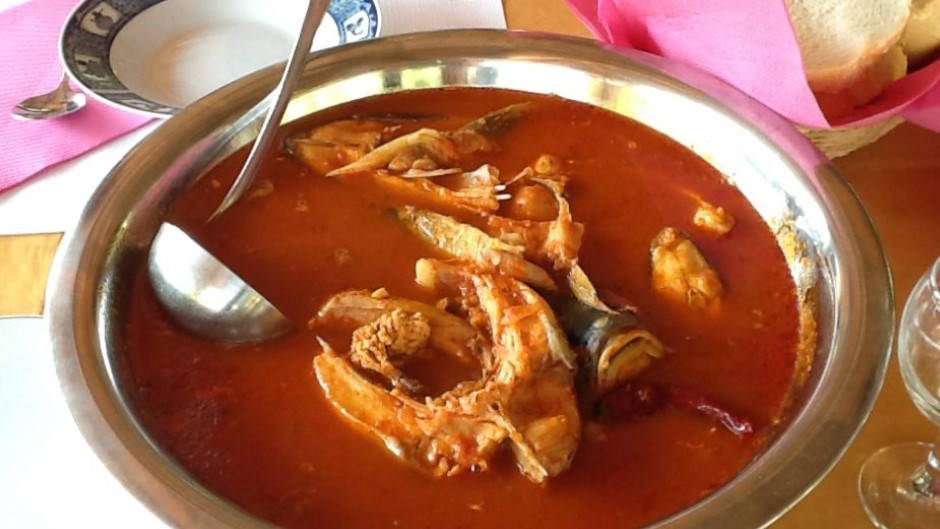
A fish stew made with freshwater fish, paprika, and other aromatic ingredients.

Fresh scampi cooked in a flavorful sauce made from garlic, tomato, white wine, and breadcrumbs.

A beloved dish on the islands, whole lambs are roasted slowly on an open spit, resulting in tender and succulent meat.
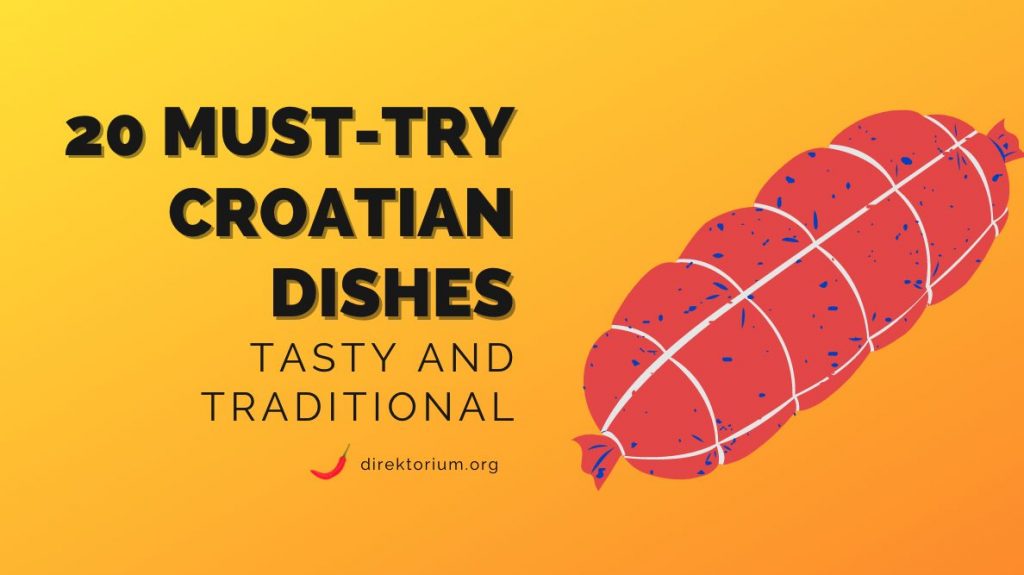
If you’re interested to learn more about Croatian food, check our guide on the best Croatian dishes.
These are just a few examples of the diverse and delicious regional dishes found throughout Croatia. Exploring local specialties is a delightful way to experience the country’s culinary richness.
Croatia is gradually expanding its vegetarian and vegan food scene, particularly in larger cities and tourist destinations. While the traditional cuisine heavily features meat and seafood, you can still find vegetarian and vegan-friendly options. Here are some dishes and options to look out for:
Vegetarian Peka: A version of the traditional Peka dish made with a variety of vegetables, potatoes, and herbs slow-cooked under the bell-like dome.
Cheese and Olive Plates: Croatian cuisine offers a wide variety of local cheeses, olives, and olive oils, which can make for a satisfying vegetarian snack or appetizer.
Grilled Vegetables: Many restaurants offer grilled vegetable platters or mixed grilled vegetables as a side or main course.
Burek: A popular pastry filled with various ingredients like cheese, spinach, or potatoes. Look for vegetarian options at bakeries or street food stalls.
Salads and Fresh Produce: Enjoy fresh salads made with local ingredients, including Mediterranean-style salads with tomatoes, cucumbers, and olives.
International Cuisines: Larger cities like Zagreb and Split offer a variety of international restaurants, including vegetarian and vegan options such as Indian, Middle Eastern, and Asian cuisines.
Vegetarian and Vegan Restaurants: Look for dedicated vegetarian and vegan restaurants or cafes, especially in tourist areas. They offer a wider range of plant-based options.
Remember to communicate your dietary preferences clearly when ordering, as some dishes may contain hidden ingredients or sauces. With increasing awareness and demand, it’s becoming easier to find vegetarian and vegan-friendly options in Croatia.
In Croatia, tap water is generally considered safe to drink. The country has strict water quality standards, and the water supply is regularly tested to ensure its safety. Most locals and visitors regularly drink tap water without any issues.
In larger cities and popular tourist areas, the tap water is treated and meets the standards for drinking water. However, in some rural or remote areas, it’s advisable to inquire locally about the water quality before consuming it.
If you prefer, you can also find bottled water widely available in stores, supermarkets, and restaurants throughout Croatia. It is labeled as “voda” in Croatian.
To reduce plastic waste, you can bring a reusable water bottle and refill it with tap water when you have access to a safe water source.
1. Currency: The local currency is the Croatian Kuna (HRK). It’s advisable to have some cash on hand, especially for small establishments or rural areas.
2. Language: While English is commonly spoken in tourist areas, learning a few basic Croatian phrases can go a long way in showing respect and connecting with locals.
3. Transportation: Croatia has an efficient transportation system. Consider using buses or ferries for intercity travel, and public transportation or walking for exploring cities.
4. Safety: Croatia is a very safe country, but like anywhere, if you plan to travel to Croatia, exercise caution and take necessary precautions to protect your belongings and personal safety.
5. Local Customs: Familiarize yourself with local customs and etiquette, such as appropriate clothing in religious sites, respecting cultural practices, and greeting locals with a handshake.
6. Tipping: Tipping in Croatia is not obligatory but appreciated. Leaving a 10% tip in restaurants or rounding up the bill is customary.
7. Water Activities: When swimming or engaging in water activities, be mindful of safety guidelines, such as currents and designated swimming areas.
8. Sun Protection: Croatia has a sunny climate. Protect yourself from the sun by wearing sunscreen, a hat, and staying hydrated.
9. Exploring Islands: Croatia’s islands offer stunning beauty. Plan your island visits in advance, considering ferry schedules and accommodations. Definitely visit some of the best beaches in Croatia such as Hvar beaches, Brać beaches and others.
10. Respect the Environment: Help preserve Croatia’s natural beauty by practicing responsible tourism, disposing of waste properly, and respecting protected areas and wildlife.
Remember to stay updated with the latest travel advisories and guidelines, as circumstances can change. Embrace the local culture, savor the cuisine, and take the time to enjoy the picturesque landscapes that Croatia has to offer
Networking and socializing in Croatia is an enjoyable experience. Croatians are known for their warm and friendly nature. To connect with locals, engage in conversations at social gatherings, events, and local bars.
Joining professional and interest-based groups can also provide networking opportunities. Croatians appreciate genuine interactions and are open to sharing their culture.
Be respectful and show interest in learning about their traditions, cuisine, and local customs. Social media platforms, local forums, and community events can help you discover networking opportunities and connect with like-minded individuals.
Embrace the Croatian hospitality and forge meaningful connections during your time in Croatia.
Croatia has a vibrant expat community and various Meetup groups that provide opportunities for networking, socializing, and connecting with like-minded individuals. Here are some resources to help you find expat communities and Meetup groups in Croatia:
1. Internations: Internations is a global community for expatriates, and they have active groups in major cities in Croatia, including Zagreb, Split, and Dubrovnik.
2. Expat.com: Expat.com is an online platform that connects expats worldwide. They have forums and groups dedicated to Croatia, where you can find information, connect with other expats, and attend local events.
3. Meetup.com: Meetup is a popular platform for finding and joining groups with shared interests. Search for Meetup groups in Croatia based on your hobbies, professional interests, or language exchange preferences.
4. Facebook Groups: Facebook offers various expat and social groups focused on different cities or regions in Croatia. Search for groups specific to your location and interests.
5. Expat Events: Keep an eye out for expat-oriented events, language exchanges, cultural gatherings, and networking events in your area. These are often advertised through local expat forums, Facebook groups, or community notice boards.
By actively participating in these communities and events, you can meet fellow expats, connect with locals, and create a strong social and professional network in Croatia.
Croatia hosts a diverse range of cultural events and festivals throughout the year, showcasing its rich heritage, traditions, music, arts, and more. Here are some notable cultural events and festivals in Croatia:
1. Dubrovnik Summer Festival: Held annually from mid-July to mid-August, it’s a prominent cultural event featuring theater performances, classical music concerts, dance, and art exhibitions in Dubrovnik’s historic settings.
2. Zagreb Advent: During December, Zagreb transforms into a winter wonderland with festive markets, live music, ice skating, and various cultural events, creating a magical atmosphere.
3. Rijeka Carnival: Croatia’s largest carnival, held in Rijeka, features colorful parades, masked performers, music, dancing, and street parties, attracting locals and visitors alike.
4. Pula Film Festival: An international film festival held in Pula, showcasing a wide range of films, including Croatian productions and premieres.
5. Osijek Summer Nights: This cultural festival in Osijek offers a diverse program of theater, music, dance, and other performances, bringing the city to life during the summer months.
6. Split Summer Festival: Featuring a variety of cultural events, including theater, opera, ballet, and concerts, the Split Summer Festival takes place in Split’s historic venues from mid-July to mid-August.
7. INmusic Festival: A popular open-air music festival held annually in Zagreb, attracting international and local artists across various genres.
These are just a few examples of the cultural events and festivals that take place in Croatia. The country’s dynamic cultural scene ensures there’s always something exciting happening throughout the year, celebrating its rich heritage and contemporary arts.
Croatia offers a vibrant and diverse nightlife scene, with plenty of entertainment options to suit different tastes and preferences. Here are some highlights of the nightlife and entertainment options in Croatia:
Zagreb: Croatia’s capital city, Zagreb, boasts a bustling nightlife with a range of bars, clubs, live music venues, and rooftop bars. The lively Tkalciceva Street and the vibrant Jarun Lake area are popular nightlife hubs.
Split: Split offers a mix of trendy bars, beach clubs, and waterfront promenades where you can enjoy drinks, live music, and beautiful views. The Bacvice Beach area is known for its vibrant beachside nightlife.
Hvar: Hvar Island is renowned for its energetic nightlife, attracting international DJs and partygoers. The Hvar Town harbor area and Carpe Diem Beach Club are popular spots for partying.
Zrce Beach (Novalja, Pag Island): Known as the “Croatian Ibiza,” Zrce Beach is a hub of beach clubs and open-air festivals, hosting renowned DJs and attracting a vibrant party scene.
Rijeka: Rijeka offers a diverse nightlife with a mix of trendy bars, music venues, and alternative clubs, catering to various tastes and subcultures.
Dubrovnik: Dubrovnik’s nightlife scene includes stylish bars and lounges, particularly in the Pile area near the Old Town. You can enjoy live music performances, cocktail bars, and cultural events.
Music Festivals: Croatia hosts numerous music festivals throughout the year, including Hideout Festival, Dimensions Festival, and Ultra Europe, attracting music lovers from around the world.
Casinos: Some cities in Croatia, such as Zagreb and Dubrovnik, have casinos for those seeking entertainment through gambling.
It’s important to note that the availability and specific offerings of nightlife venues and events may vary based on the season and current circumstances. Always check for the latest information and follow local guidelines and regulations.
Croatia is generally considered a safe destination for travelers. The crime rate is relatively low, and violent incidents are rare. However, it’s still advisable to take common-sense precautions like avoiding isolated areas at night and keeping an eye on personal belongings.
Healthcare in Croatia is of a good standard, particularly in larger cities and tourist areas, with well-equipped hospitals and clinics. European Health Insurance Card (EHIC) holders are entitled to necessary medical treatment, but it’s recommended to have travel insurance for additional coverage. For emergencies, dial 112.
It’s always wise to stay informed about the latest safety guidelines and consult official sources before traveling.
Be mindful of your surroundings, particularly in crowded areas or tourist hotspots. Keep an eye on your belongings and be cautious of pickpockets.
Stick to licensed taxis, reputable ride-sharing services, or public transportation to ensure your safety during travel.
Keep your valuables secure and avoid displaying expensive items in public. Use hotel safes or secure lockers whenever possible.
Carry a charged mobile phone with emergency contacts saved and maintain communication with someone trustworthy during your travels.
Familiarize yourself with local laws, regulations, and customs to avoid any unnecessary complications or misunderstandings.
When swimming or engaging in water activities, follow safety guidelines, pay attention to currents, and use designated swimming areas.
Croatia’s summers can be hot. Drink plenty of water, use sunscreen, and wear appropriate clothing to protect yourself from the sun.
Keep emergency numbers, such as the local police (192) and ambulance (194), saved in your phone or written down for easy access.
It’s highly recommended to have travel insurance that covers medical emergencies, trip cancellations, and other unforeseen situations.
Stay updated on current travel advisories, follow local news and official sources for the latest information and safety guidelines.
Croatia has a well-developed healthcare system, particularly in larger cities and tourist areas, offering quality medical services. The country provides both public and private healthcare options.
For digital nomads, accessing healthcare in Croatia is relatively straightforward. Here are some key points to consider:
EU Citizens: If you are a citizen of a European Union (EU) country, you can use your European Health Insurance Card (EHIC) or the new European Health Insurance Card (EHIC) or a valid health insurance document from your home country to receive necessary medical treatment in Croatia. This covers emergency and essential healthcare services.
Non-EU Citizens: Non-EU citizens are advised to have comprehensive travel health insurance that covers medical expenses in Croatia. It’s important to ensure your insurance provides adequate coverage for your specific needs.
Private Healthcare: Private healthcare facilities in Croatia offer a higher level of comfort and shorter waiting times. Many doctors and medical professionals in private clinics speak English, making communication easier for expats and digital nomads.
Pharmacies: Pharmacies (apoteka) are widely available throughout Croatia, and pharmacists can provide over-the-counter medications and advice. Prescription medications are available with a valid prescription from a Croatian doctor or an equivalent document from your home country.
Telemedicine: Some private healthcare providers in Croatia offer telemedicine services, allowing you to consult with doctors remotely for non-emergency medical advice.
It’s important to note that healthcare services may incur costs, even for EU citizens with EHIC. Therefore, having comprehensive travel insurance is highly recommended to cover any unexpected medical expenses.
Emergency Services: Dial 112 for all emergencies. This is the general emergency number that connects you to police, fire department, and medical services.
Police: Dial 192 to reach the police in case of non-emergency situations or to report a crime.
Ambulance: Dial 194 to request an ambulance in case of medical emergencies or if you require immediate medical assistance.
Fire Department: Dial 193 to contact the fire department in case of fires or related emergencies.
Tourist Information: Tourist Information Centers are available in many cities and tourist areas, offering assistance, maps, and information. Look for the “Turistički ured” or “Info” signs.
Embassies and Consulates: If you need consular assistance or in case of emergencies related to your country of citizenship, locate the nearest embassy or consulate and keep their contact information handy.
Currency Exchange: Look for authorized exchange offices or banks for currency exchange. Avoid street exchange offers, as they may be less reliable.
Time Zone: Croatia operates on Central European Time (CET), which is UTC+1 during standard time and UTC+2 during daylight saving time.
It’s advisable to have important contact numbers saved on your phone and carry them with you. Additionally, keep your travel insurance details and important documents in a safe place.
Having travel insurance is highly recommended when visiting Croatia. Here are some important points to consider regarding insurance in Croatia:
Health Insurance: Ensure that your travel insurance includes comprehensive medical coverage, including emergency medical treatment, hospitalization, and repatriation. Confirm that it covers your specific needs and any pre-existing conditions you may have.
Travel Cancellation/Interruption Insurance: Look for insurance that provides coverage for trip cancellation or interruption due to unforeseen circumstances such as illness, injury, or unexpected events.
Lost or Stolen Belongings: Check that your insurance covers loss, theft, or damage to your personal belongings, including passports, money, electronics, and other valuables.
Liability Insurance: Liability coverage can be important in case you cause accidental damage to property or are involved in an incident that results in injury to others.
Adventure Activities: If you plan to engage in adventure sports or activities, confirm that your insurance provides coverage for these activities, as some may have specific exclusions.
COVID-19 Coverage: Given the ongoing pandemic, consider insurance that provides coverage for COVID-19-related medical expenses, trip cancellations or changes due to COVID-19-related reasons, and other associated costs.
Read the Policy: Carefully review the policy terms and conditions, including coverage limits, exclusions, deductibles, and claim procedures. Ensure you understand what is covered and any additional requirements.
It’s advisable to obtain travel insurance before your trip to Croatia and carry a copy of your policy documents with you. Consult with insurance providers to discuss your specific needs and select a policy that provides adequate coverage for your trip.
Visa and residency requirements for Croatia vary depending on your nationality and the purpose and duration of your stay. Citizens of EU/EEA countries can enter Croatia with a valid passport or national ID card for short-term visits. Non-EU/EEA citizens may require a visa for tourism, business, or other purposes. Longer-term stays or residence permits may be required for those planning to work or study in Croatia. It’s advisable to check with the Croatian embassy or consulate in your home country or consult official sources for the most up-to-date and specific information regarding visa and residency requirements for your situation.
Passport: Ensure your passport is valid for at least six months beyond your intended stay in Croatia.
Visa Exemptions: Citizens of many countries, including the EU/EEA countries, the United States, Canada, Australia, New Zealand, and Japan, do not need a visa for tourist stays up to 90 days within a 180-day period.
Schengen Visa: If you hold a valid Schengen visa, you can enter Croatia for tourist purposes without an additional Croatian visa, as Croatia is not yet a member of the Schengen Area.
Proof of Accommodation: Have proof of accommodation for your stay in Croatia, such as a hotel reservation or an invitation letter from a host.
Sufficient Funds: Be prepared to show proof of sufficient funds to cover your stay in Croatia, such as bank statements or a credit card.
COVID-19 Requirements: Due to the ongoing COVID-19 pandemic, additional requirements may be in place, such as pre-travel testing or vaccination certificates. Check the latest travel advisories and requirements from official sources before your trip.
Croatia has introduced a special visa category known as the “Digital Nomad Visa” to attract remote workers and digital nomads. Here are some key details:
It’s important to note that visa regulations and requirements can change over time. Therefore, it’s advisable to consult official sources, such as the Croatian Ministry of the Interior or contact the Croatian embassy or consulate in your home country, for the most up-to-date and accurate information regarding long-term visa options for digital nomads in Croatia.
The application process and required documentation for visas in Croatia may vary depending on the type of visa you are applying for. Here is a general overview of the application process and common documentation required:
Visa Application Form: Complete and sign the appropriate visa application form, which can usually be obtained from the Croatian embassy or consulate in your home country or through their official website.
Passport: Provide a valid passport with a minimum validity of six months beyond the intended stay in Croatia. Ensure it has at least two blank pages for visa stamps.
Passport Photos: Attach recent passport-sized photos that meet the specific requirements outlined by the Croatian embassy or consulate.
Proof of Travel Purpose: Depending on the visa type, you may need to provide documents supporting your travel purpose, such as a letter of invitation, hotel reservations, itinerary, or proof of business or employment.
Financial Means: Demonstrate sufficient financial means to cover your stay in Croatia. This can include bank statements, proof of employment, income statements, or sponsorship letters.
Health Insurance: Provide proof of adequate health insurance coverage that is valid in Croatia for the duration of your stay.
Proof of Accommodation: Present evidence of accommodation arrangements during your stay, such as hotel reservations, a rental agreement, or a letter of invitation from a host.
Additional Documentation: Depending on the visa type, additional documents may be required, such as a valid visa for the final destination (if applicable), proof of marital status, criminal record checks, or other supporting documents.
It’s important to note that these are general requirements, and specific documentation and processes may vary depending on the visa type and your individual circumstances.
Therefore, it’s advisable to consult the official website of the Croatian embassy or consulate in your home country for detailed and up-to-date information regarding the application process and required documentation for the specific visa you are applying for.The best time to visit Croatia largely depends on your preferences and the specific activities or experiences you seek. Here’s an overview of the different seasons and what they offer:
It’s worth noting that the weather can vary within different regions of Croatia. Coastal regions generally have a Mediterranean climate, while inland areas have a more continental climate.
To avoid larger crowds and higher prices, consider visiting Croatia during the shoulder seasons of spring and autumn. However, if you’re specifically interested in beach activities and a lively atmosphere, summer is the most suitable time.
Ultimately, if you’re planning a trip to Croatia, the best time to visit depends on your personal preferences, desired activities, and tolerance for crowds. Plan accordingly to make the most of your trip.
There are several ways to get to Croatia, depending on your location and preferences. Here are some common methods of transportation:
1. By Air: Croatia has several international airports, including Zagreb, Split, Dubrovnik, Zadar, and Pula, among others. Major airlines operate direct flights from various European cities, as well as some long-haul flights from North America and Asia. Choose the airport closest to your desired destination in Croatia.
2. By Train: While Croatia has limited international train connections, you can reach major Croatian cities like Zagreb, Split, and Rijeka from neighboring countries such as Slovenia, Austria, Hungary, and Serbia. Train travel can be scenic and comfortable, but it may take longer than other modes of transportation.
3. By Bus: Buses offer an extensive network of connections to Croatia from neighboring countries and other European cities. International bus routes serve major cities in Croatia, providing a cost-effective and convenient option for travel.
4. By Car: If you prefer a road trip or have more flexibility, driving to Croatia is an option. Croatia has well-maintained highways and border crossings with neighboring countries. However, keep in mind any visa requirements or toll fees associated with driving through different countries.
5. By Ferry: If you are traveling from Italy or neighboring Adriatic countries, you can reach Croatia’s coastal cities and islands by ferry. There are regular ferry services connecting cities like Venice, Ancona, Bari, and Dubrovnik, as well as various islands along the coast.
Before traveling, check entry requirements, visa regulations, and any travel advisories for both your home country and Croatia. Consider factors such as travel time, budget, and personal preferences when deciding on the best way to get to Croatia.
Getting around Croatia is relatively easy and convenient, thanks to its well-developed transportation infrastructure. Here are some common ways to travel within the country:
1. Public Transportation: Croatia has an extensive network of buses and trains that connect major cities, towns, and tourist destinations. Buses are the most common mode of public transportation, offering frequent and affordable services. Trains are available but may have limited routes, primarily connecting major cities. Check schedules and purchase tickets in advance when possible.
2. Rental Car: Renting a car gives you flexibility and allows for easy exploration of Croatia’s scenic landscapes and off-the-beaten-path destinations. Rental car agencies can be found at airports, major cities, and tourist areas. Keep in mind that parking can be challenging and some cities have restricted traffic zones.
3. Ferry: If you plan to visit Croatia’s islands, ferries are a popular mode of transportation. There are numerous ferry routes connecting the mainland with islands like Hvar, Brac, Korcula, and more. Ferry services operate seasonally, and schedules may vary, so plan accordingly.
4. Domestic Flights: Domestic flights are available between major cities and popular tourist destinations, offering a quick and convenient way to cover longer distances. Croatia Airlines is the country’s national carrier.
5. Taxis and Ride-Sharing: Taxis are widely available in cities and tourist areas. Ensure they are official and use a taximeter. Ride-sharing services like Uber and Bolt are also available in some cities.
6. Cycling and Walking: Croatia’s cities and towns are often compact and pedestrian-friendly, making walking a convenient option for short distances. Cycling is popular in coastal areas and islands, with bike rentals and dedicated cycling routes available.
When planning your travel within Croatia, consider factors such as distance, time, budget, and your preferred level of convenience.
Some areas may have limited public transportation options, so plan ahead and check schedules, especially in more remote regions.
Driving in Croatia can be a convenient and enjoyable way to explore the country’s scenic landscapes and visit various destinations. Here are some key points to keep in mind when driving in Croatia:
1. Driver’s License: Carry a valid driver’s license from your home country. International Driving Permits (IDP) are not required for short-term visits but may be recommended for some nationalities.
2. Road Conditions: Croatia has a well-maintained road network, including highways (autoceste) and regional roads. Highways are toll roads, so be prepared to pay toll fees at designated toll booths.
3. Speed Limits: Observe speed limits, which are typically 130 km/h (80 mph) on highways, 90 km/h (55 mph) on regional roads, and 50 km/h (30 mph) in urban areas. Speed limits may vary, so watch for posted signs.
4. Seat Belts: Ensure all occupants of the vehicle wear seat belts at all times. Child seats or restraints are required for children under a certain age and size.
5. Alcohol and Drugs: The legal blood alcohol concentration limit is 0.05%. It is strictly prohibited to drive under the influence of drugs.
6. Parking: Follow parking regulations and pay attention to signs indicating parking restrictions. In cities, there may be designated parking zones or parking garages.
7. Road Safety: Observe traffic rules and exercise caution. Be aware of other drivers, pedestrians, and cyclists. Use indicators when changing lanes or turning.
8. Emergency Situations: In case of breakdowns or accidents, call roadside assistance or emergency services at 112. Carry necessary contact information and have a reflective vest and warning triangle in the vehicle.
9. Distracted Driving: Avoid using mobile phones or engaging in any activities that may distract you while driving.
10. Navigation and Maps: Use reliable navigation systems or GPS devices to plan your routes and follow road signs. Online map applications may require data or internet connection.
Note that road regulations may change, so it’s essential to stay updated with the latest traffic rules and guidelines. Also, check any specific requirements or restrictions that may apply to your rental car if you choose to rent one.
Public transportation in Croatia is well-developed and provides convenient options for getting around the country. Here are the main modes of public transport in Croatia:
1. Buses: Buses are the most common mode of public transportation in Croatia. They connect cities, towns, and even remote areas, offering extensive coverage. Bus services are operated by various companies, with frequent departures and affordable fares. You can purchase tickets at bus stations, online, or directly from the driver.
2. Trains: Croatia has a rail network connecting major cities and towns. While train travel is not as extensive or fast as in some other European countries, it can be a comfortable option for certain routes. Trains are operated by Croatian Railways (HŽ), and tickets can be purchased at train stations or online.
3. Ferries: Ferries are essential for reaching Croatia’s islands and coastal destinations. There are regular ferry services connecting the mainland with popular islands such as Hvar, Brac, Korcula, and Vis. Ferry schedules and availability may vary depending on the season, so it’s advisable to check ahead.
4. Trams and Local Buses: Major cities like Zagreb, Split, and Osijek have efficient tram systems, while local buses serve urban and suburban areas. Trams and buses are convenient for navigating within the cities, with regular routes and stops. Tickets can be purchased onboard or at kiosks.
5. **Taxis:** Taxis are available in cities and tourist areas. Ensure you choose licensed taxis with meters or negotiate the fare in advance. Ride-hailing services like Uber and Bolt are also available in certain cities.
When using public transportation, it’s helpful to have local currency for purchasing tickets, although some larger bus stations and ticket offices may accept credit cards. Timetables and route information can be found online, at bus or train stations, or through dedicated transportation apps.
Public transportation in Croatia generally operates on schedules, but occasional delays or changes may occur, particularly during peak travel seasons. It’s advisable to plan your journeys in advance and check for any updates or disruptions before your trip.
When visiting Croatia, you may find the following local apps useful for various purposes:
1. Croatia Traffic Info: This app provides real-time traffic information, road conditions, and updates on traffic jams, accidents, and road closures.
2. Croatia Bus: The Croatia Bus app offers bus schedules, ticket purchasing, and real-time bus tracking for intercity and regional bus routes in Croatia.
3. Croatia Ferries: This app provides ferry schedules, routes, and ticket booking options for traveling to Croatia’s islands and coastal destinations.
4. ZET: If you’re in Zagreb, the ZET app offers information on public transportation, including tram and bus schedules, route planning, and ticket purchasing.
5. eVisitor: The eVisitor app allows you to register your stay in private accommodation in Croatia, as required by law. It provides a simplified process for submitting your guest details.
6. Zagreb Be There: Specifically for Zagreb, this app offers information on events, attractions, restaurants, and shopping in the city, helping you navigate and explore the capital.
7. Split Guide: If you’re visiting Split, the Split Guide app provides information on tourist attractions, restaurants, nightlife, and other useful tips for exploring the city.
These are just a few examples of local apps that can enhance your experience in Croatia. They are available for download on iOS and Android platforms. Remember to check app ratings, reviews, and the latest versions for the most reliable and up-to-date information.
Day 1-2: Start in Zagreb, Croatia’s capital, and explore its historic center, visit the Zagreb Cathedral, St. Mark’s Church, and the vibrant Tkalciceva Street.
Day 3-4: Journey to Plitvice Lakes National Park and spend a couple of days exploring its breathtaking landscapes and picturesque walking trails.
Day 5-6: Head to the beautiful Istrian Peninsula and visit Pula. Explore the well-preserved Roman amphitheater and enjoy the coastal charm of the town.
Day 7-9: Drive to the hilltop town of Motovun and experience the Istrian countryside. Visit local wineries, sample truffles, and enjoy the panoramic views.
Day 10-12: Proceed to the charming town of Zadar and visit its unique attractions like the Sea Organ, Sun Salutation, and the historic old town.
Day 13-14: End your trip in the picturesque town of Šibenik. Explore the St. James Cathedral, stroll along the waterfront, and take a boat tour to nearby islands.
Croatia is like a hidden gem waiting to be discovered by curious souls and intrepid adventurers. With its captivating coastline, ancient cities, and breathtaking landscapes, it’s a playground for both relaxation and exploration.
Whether you’re a digital nomad seeking an inspiring backdrop for your creative endeavors or a traveler in search of new horizons, Croatia has something to offer.
From sipping wine on sun-kissed terraces to diving into crystal-clear waters and dancing the night away under the starry sky, Croatia will leave you spellbound.
So pack your bags, embrace the charm of cobblestone streets, indulge in mouthwatering delicacies, and let Croatia cast its irresistible spell on you.
Just remember, once you’ve experienced its magic, you may never want to leave. Welcome to Croatia, where adventure and enchantment await at every turn!
Check out our other nomad guides for other balkan destinations:

Avid travelers, passionate fishermen, and all-around great guys to hang out with (therefore the reason why they are the ones traveling around and not the rest of us, introverts and repulsive individuals). When not writing about their latest trip or catch, they drink beer, play the synth and call their friends to unpurposefully annoy them. A lot.